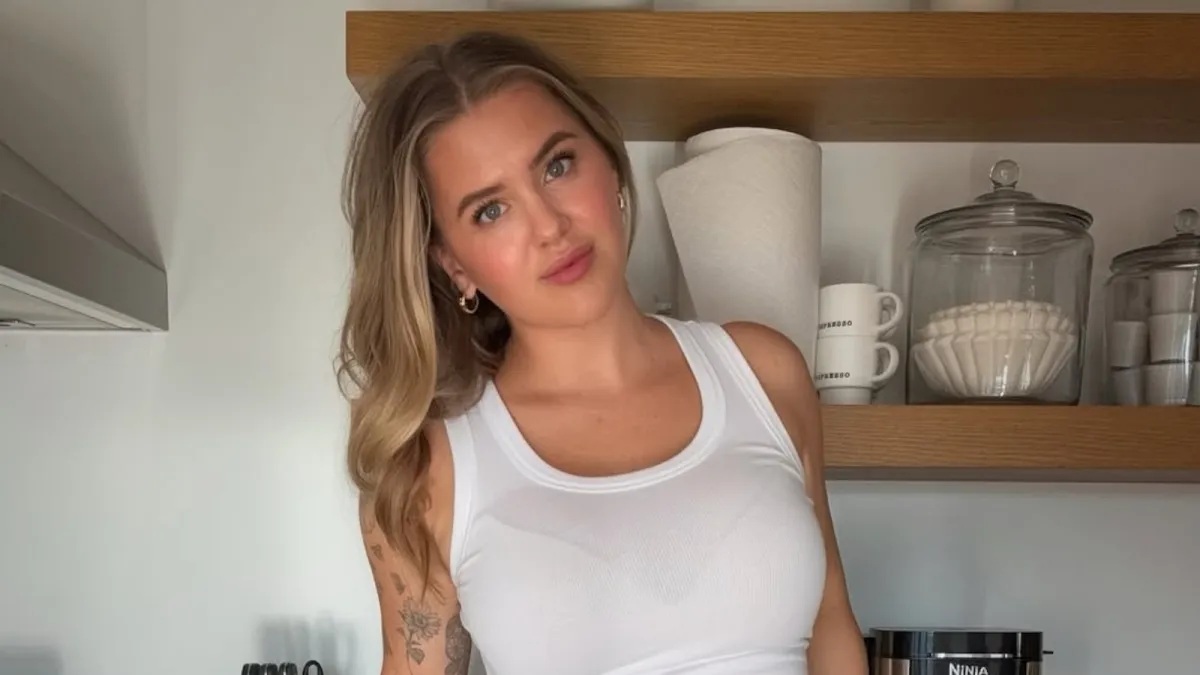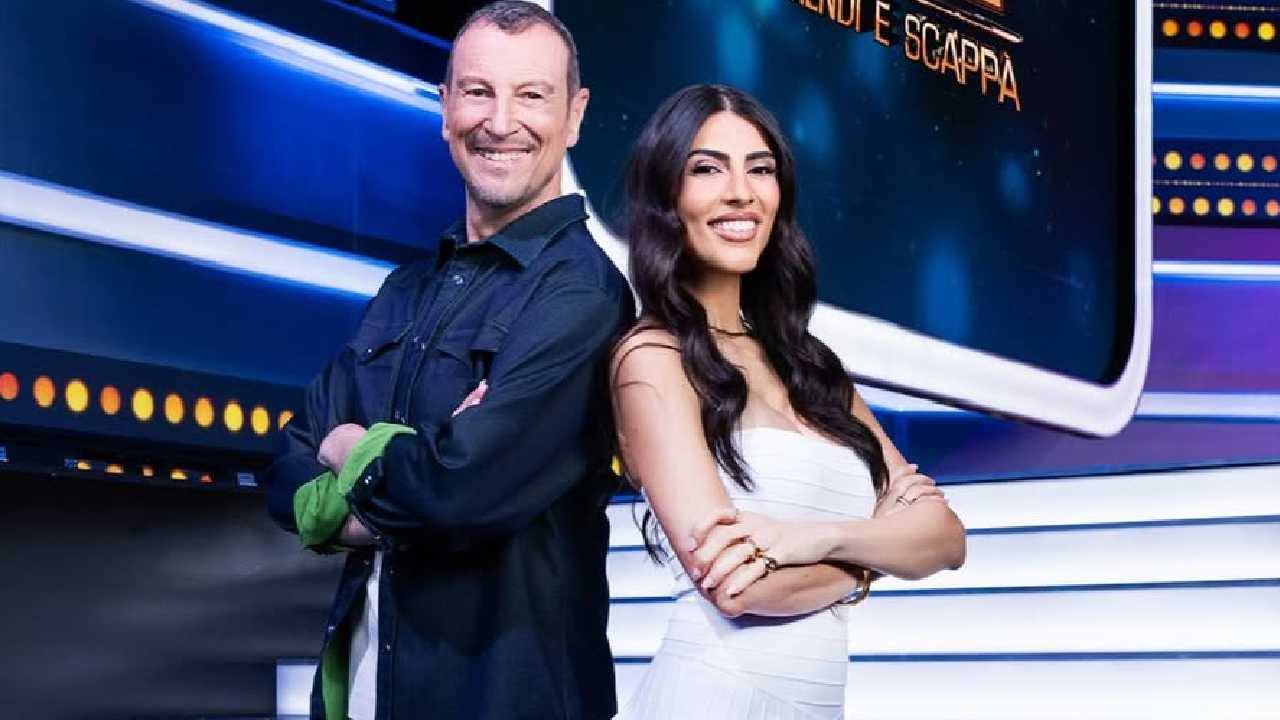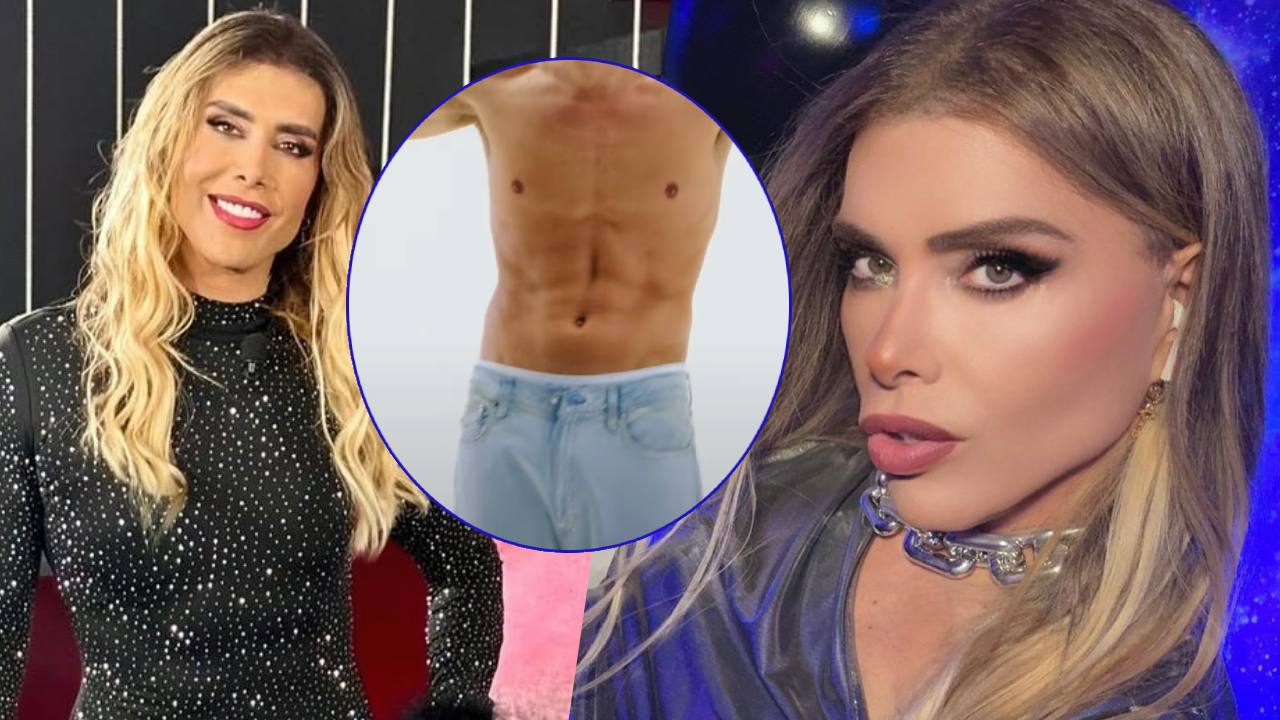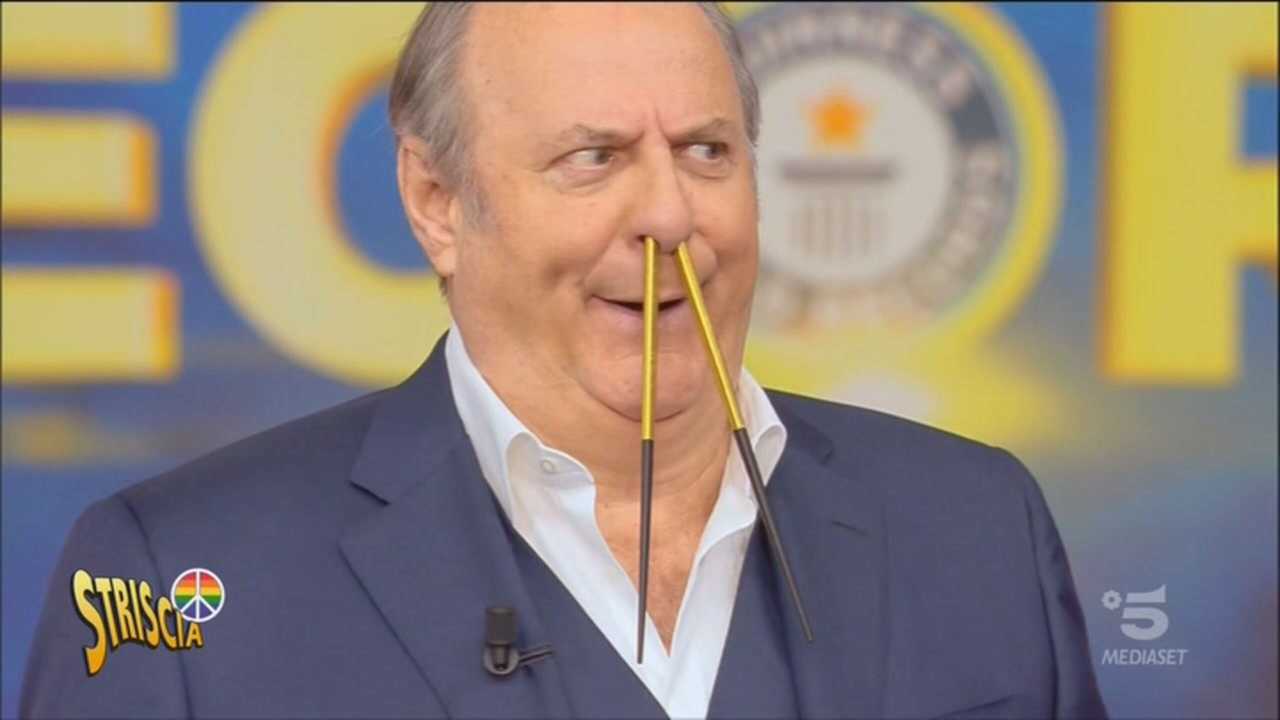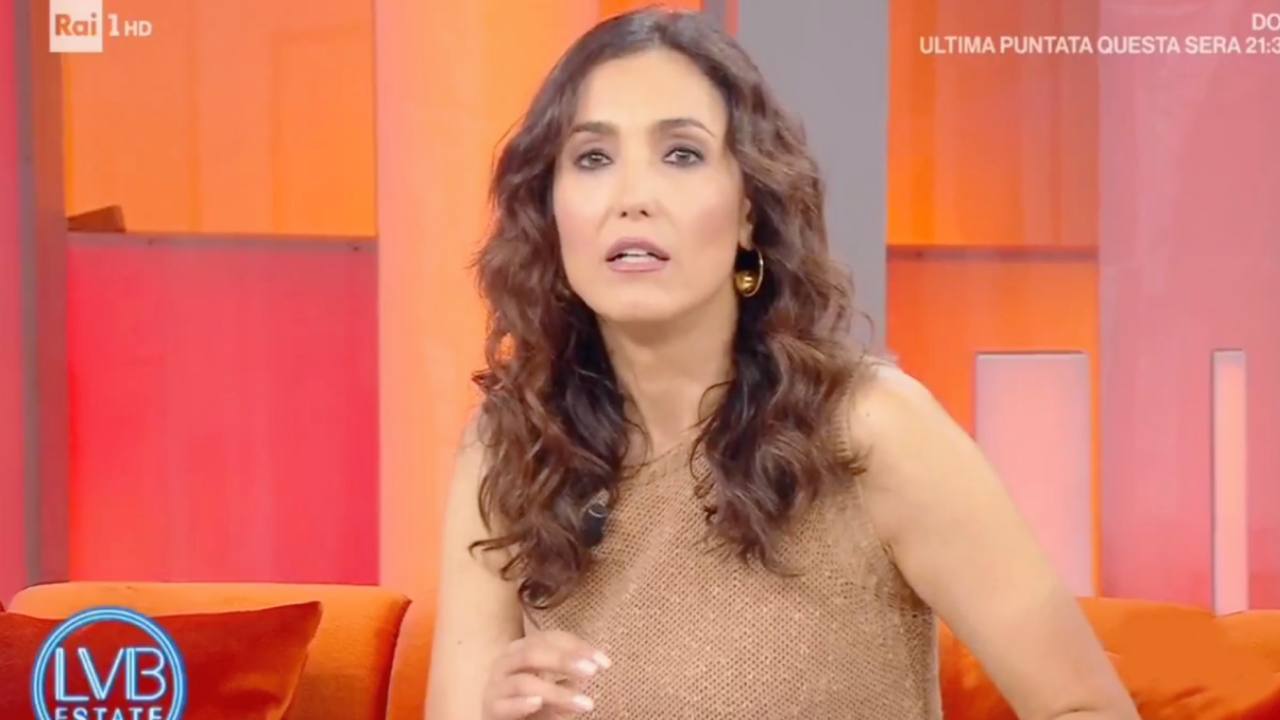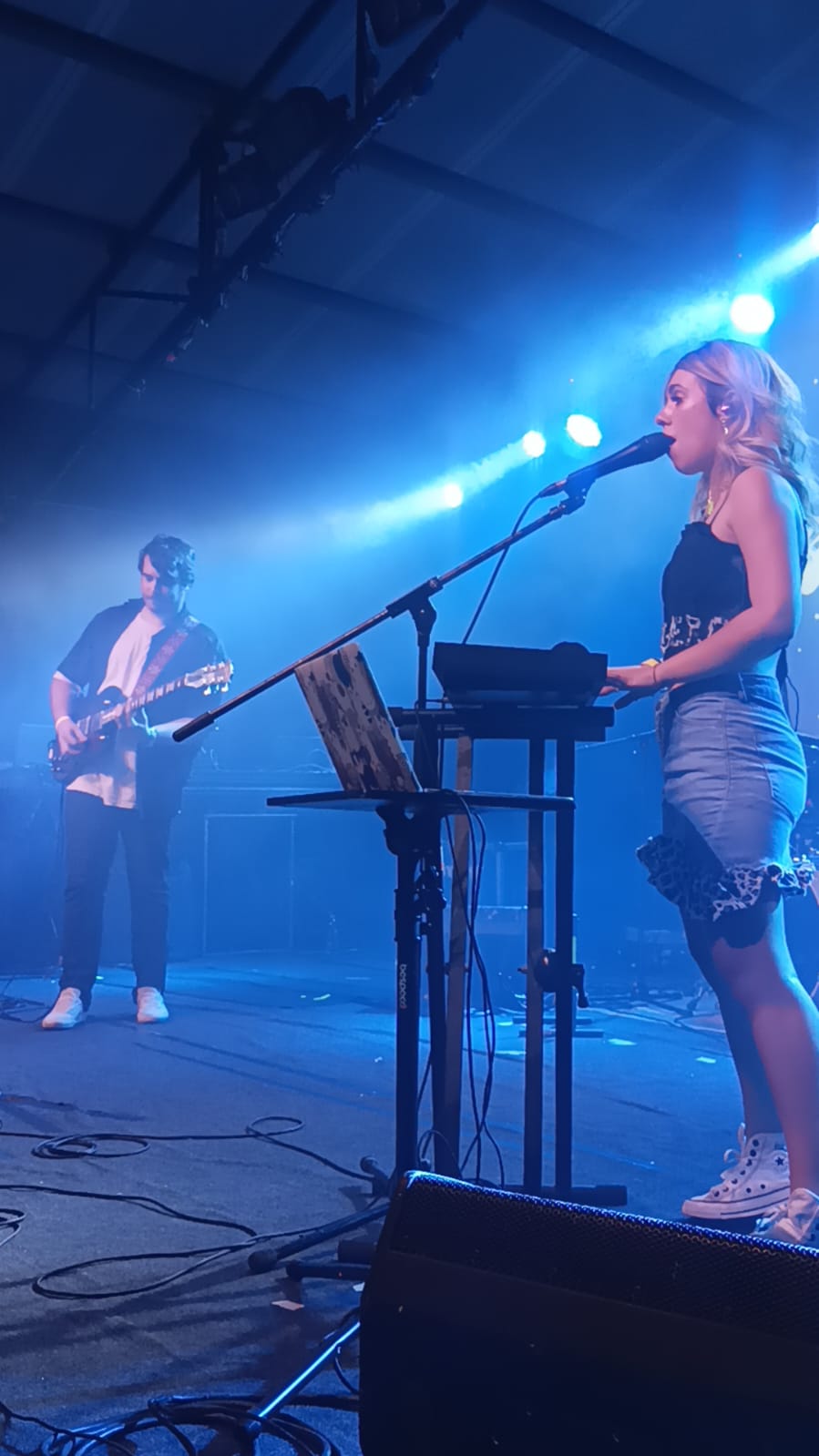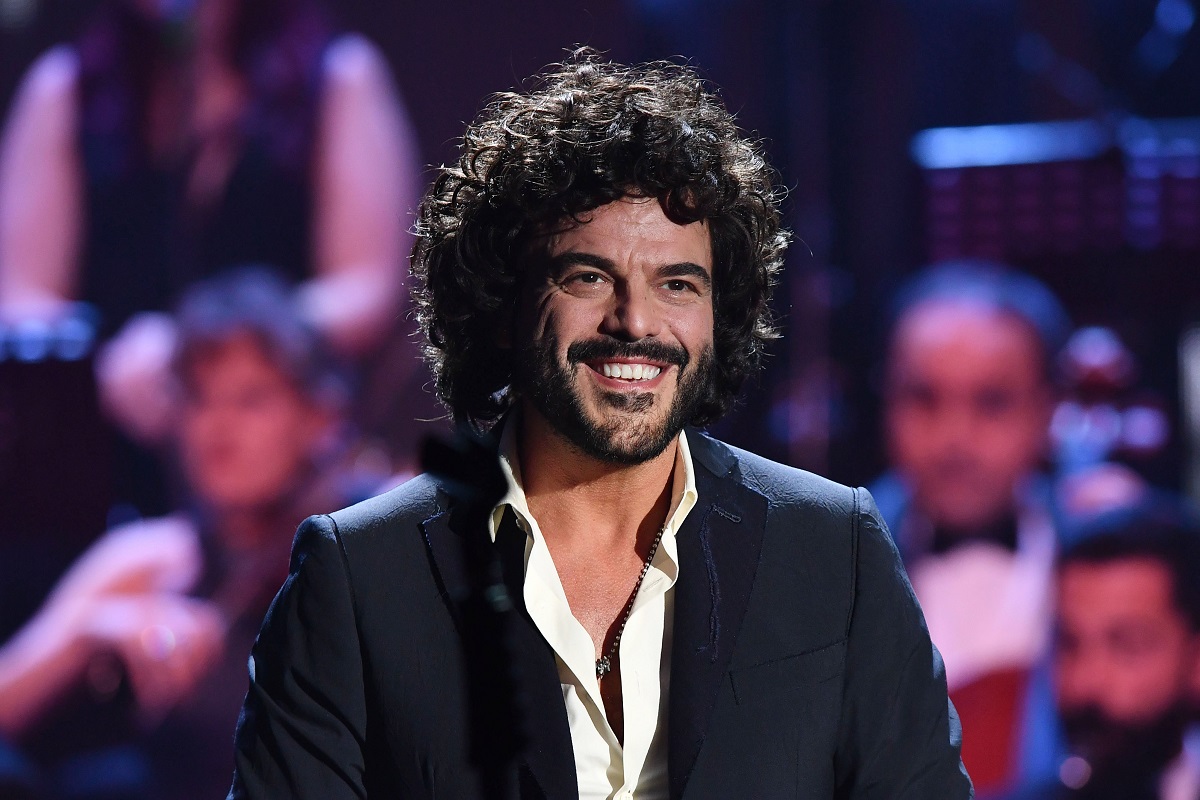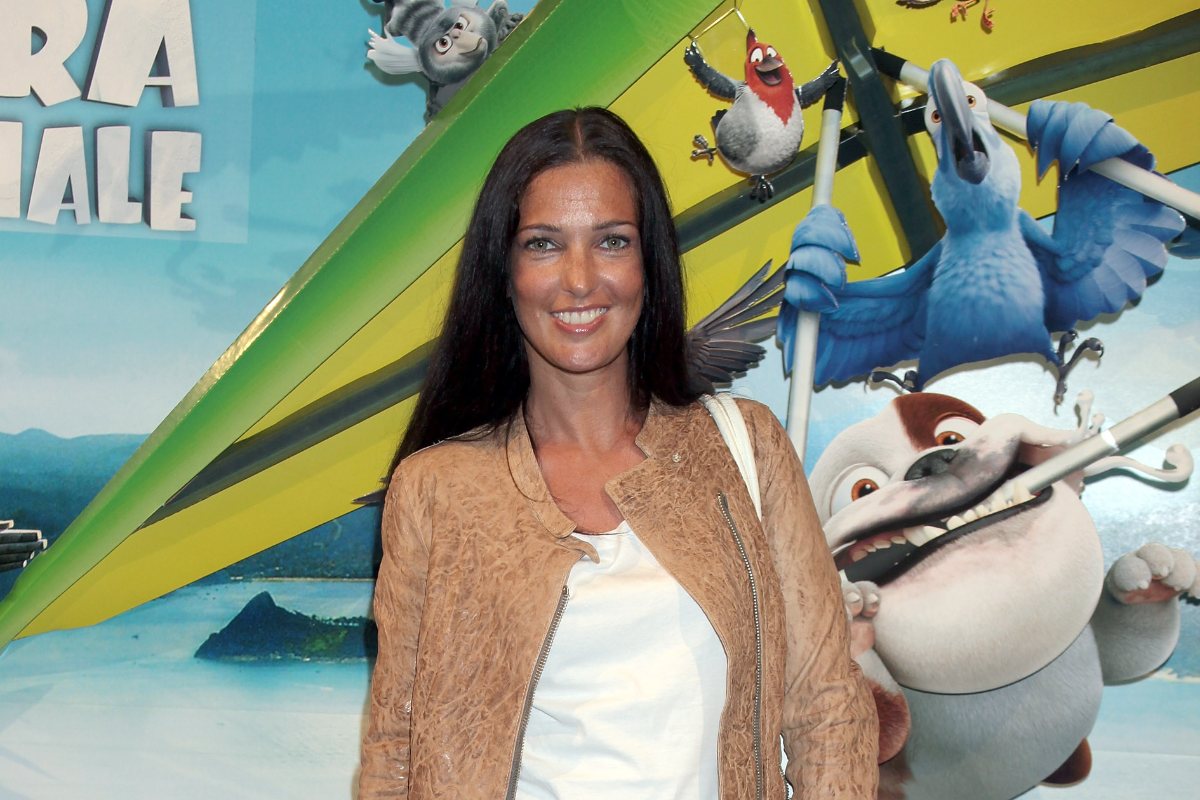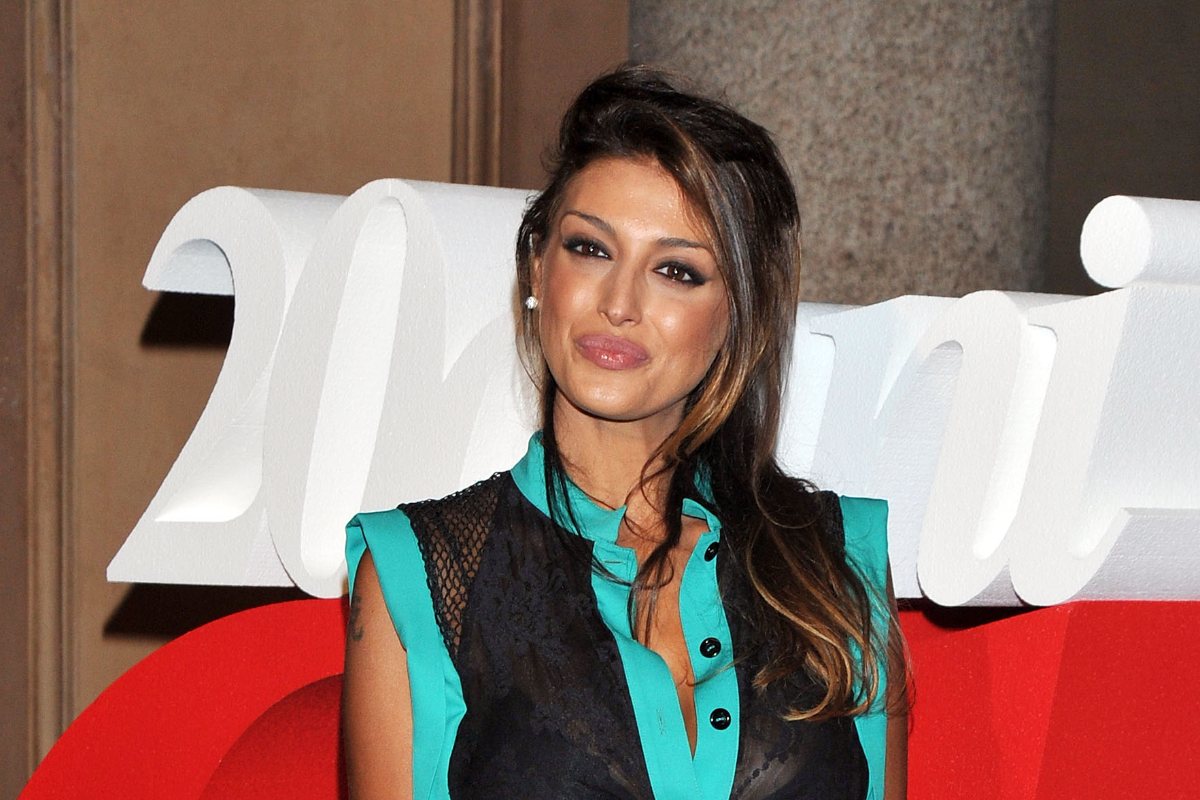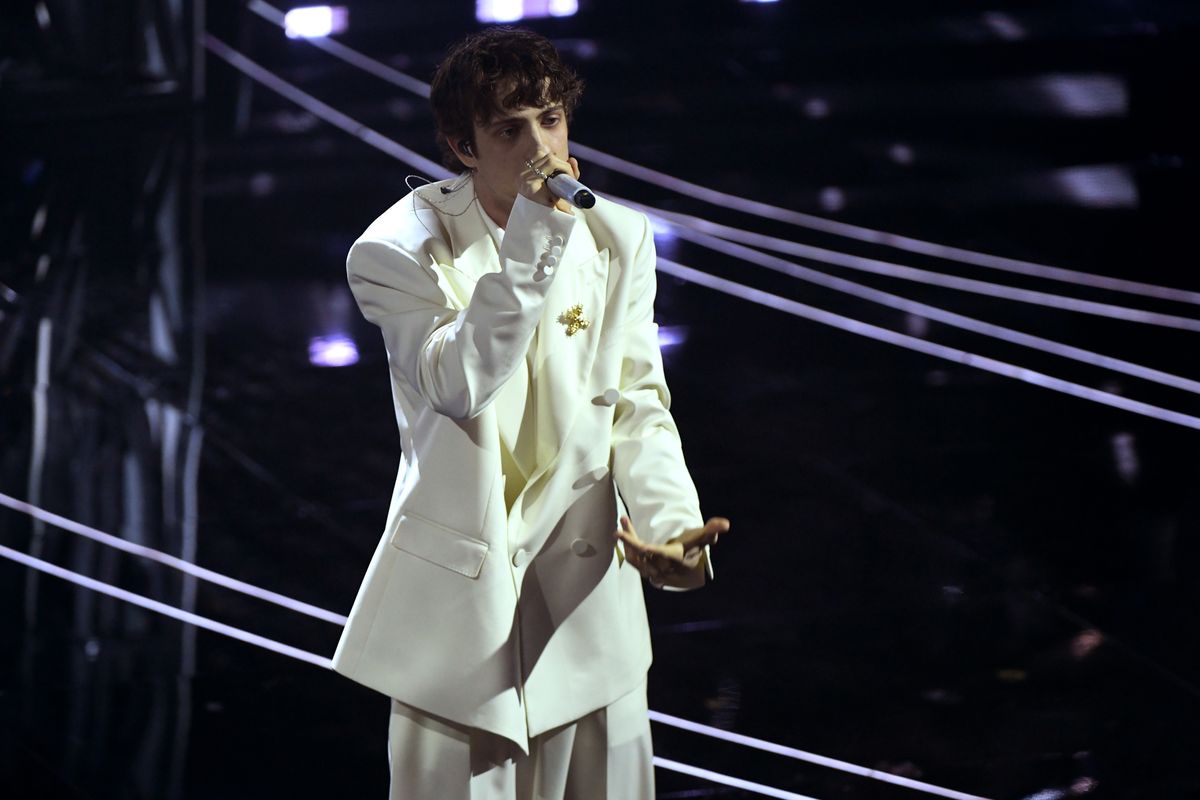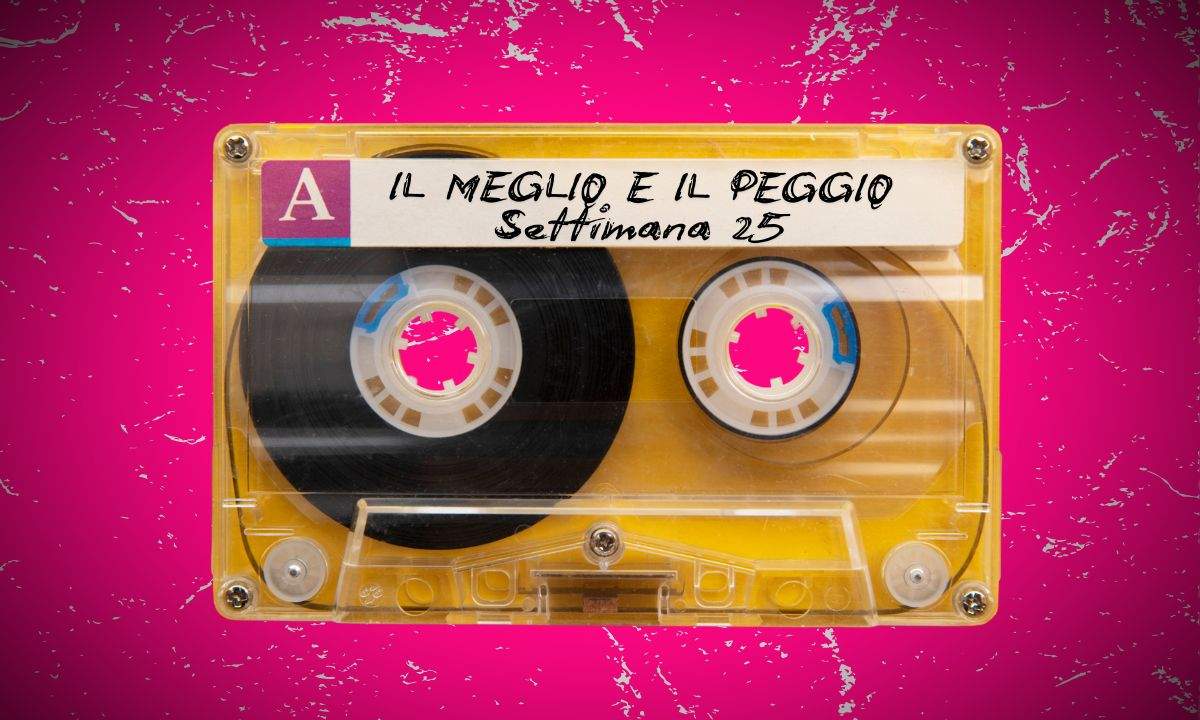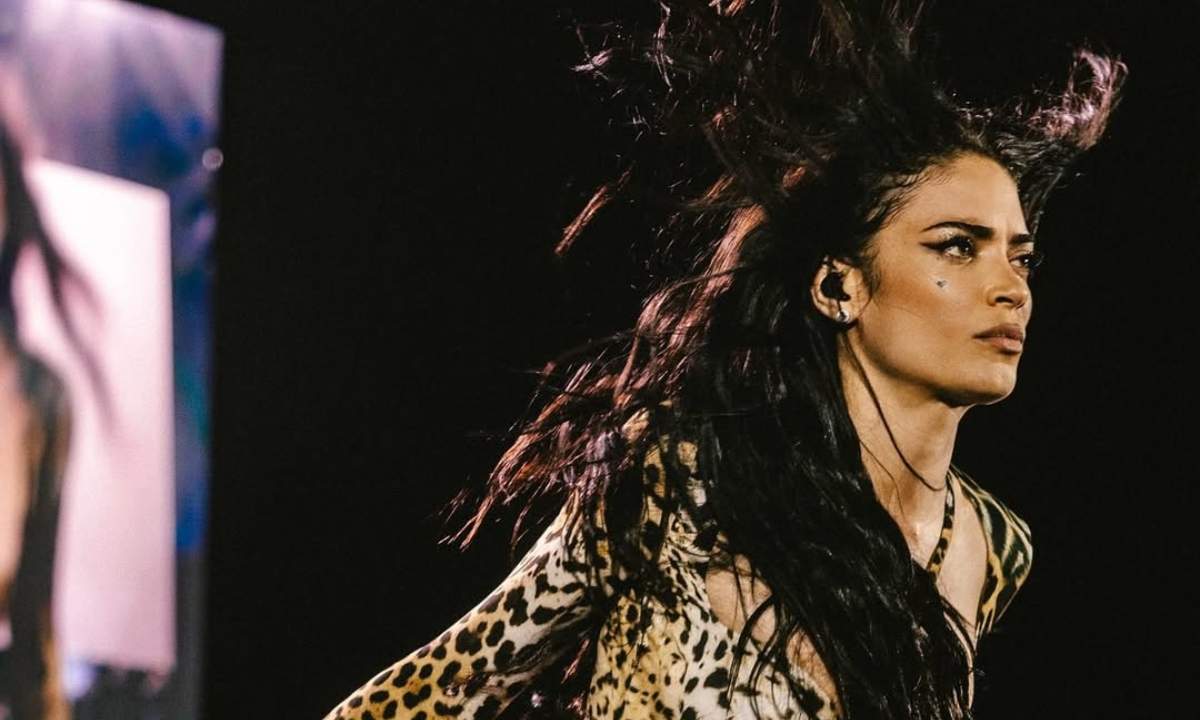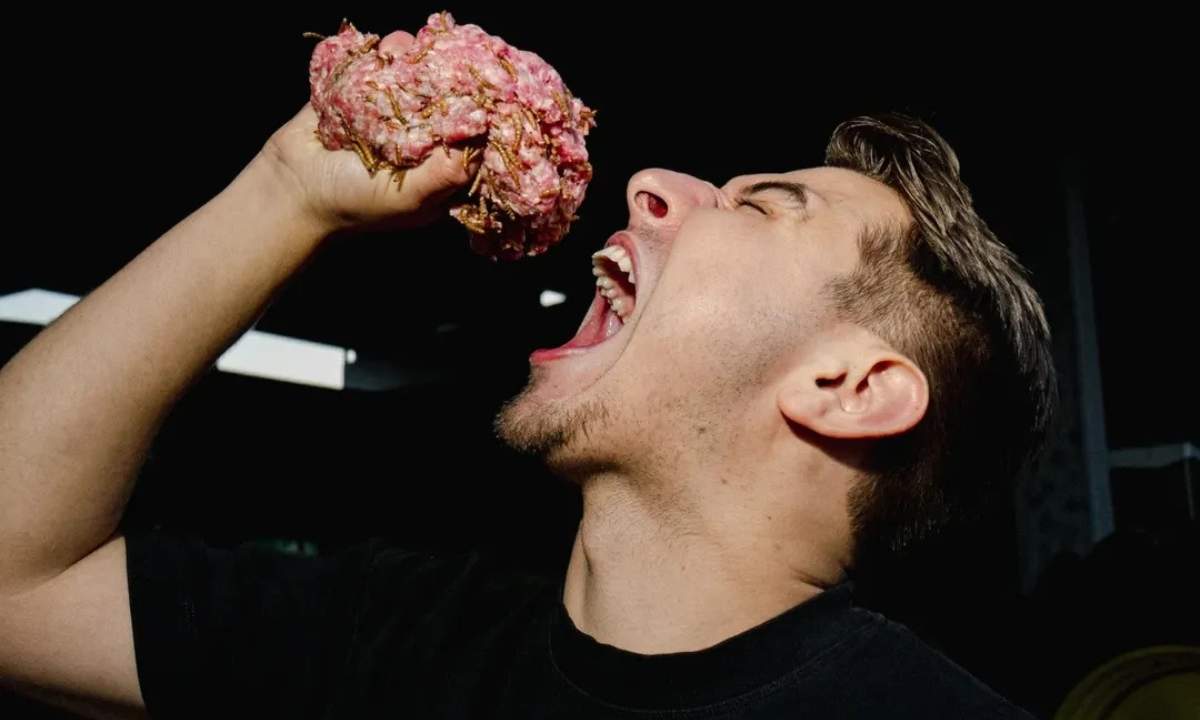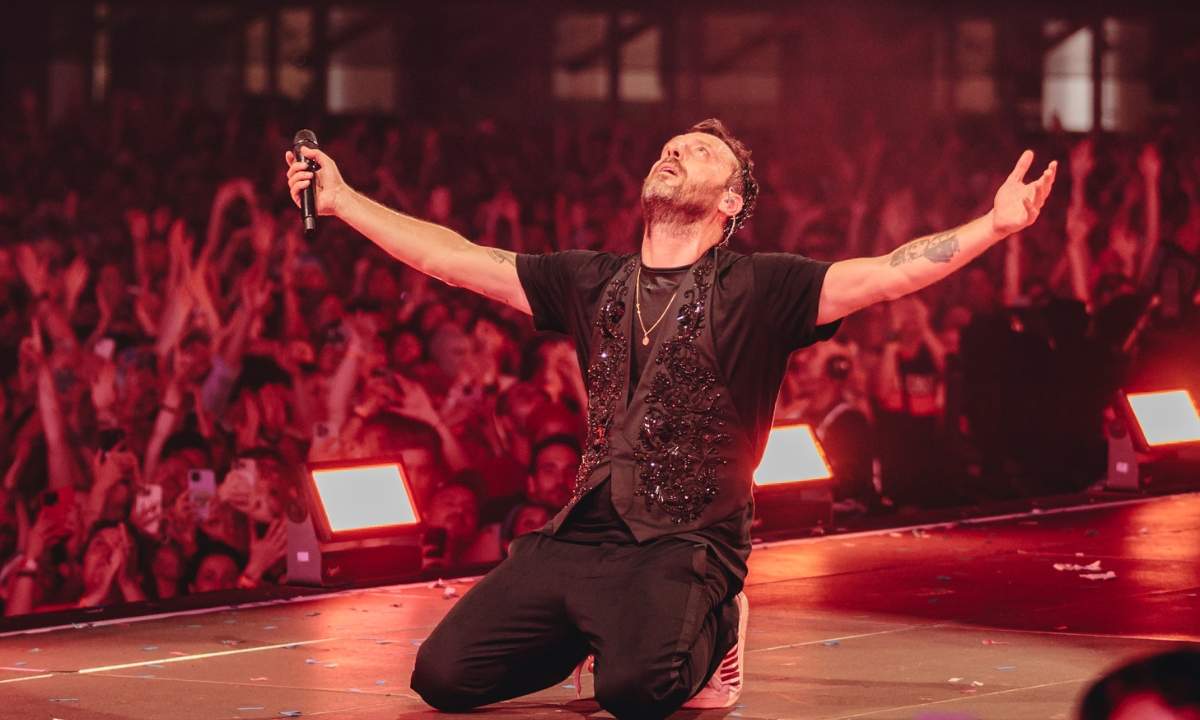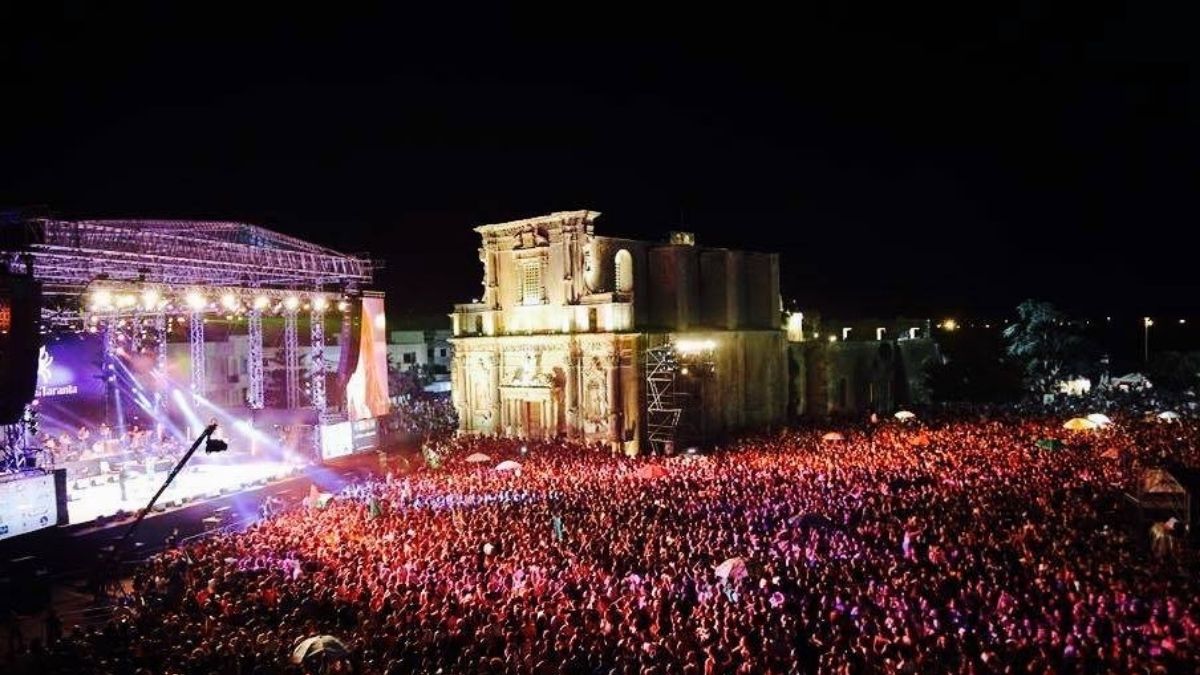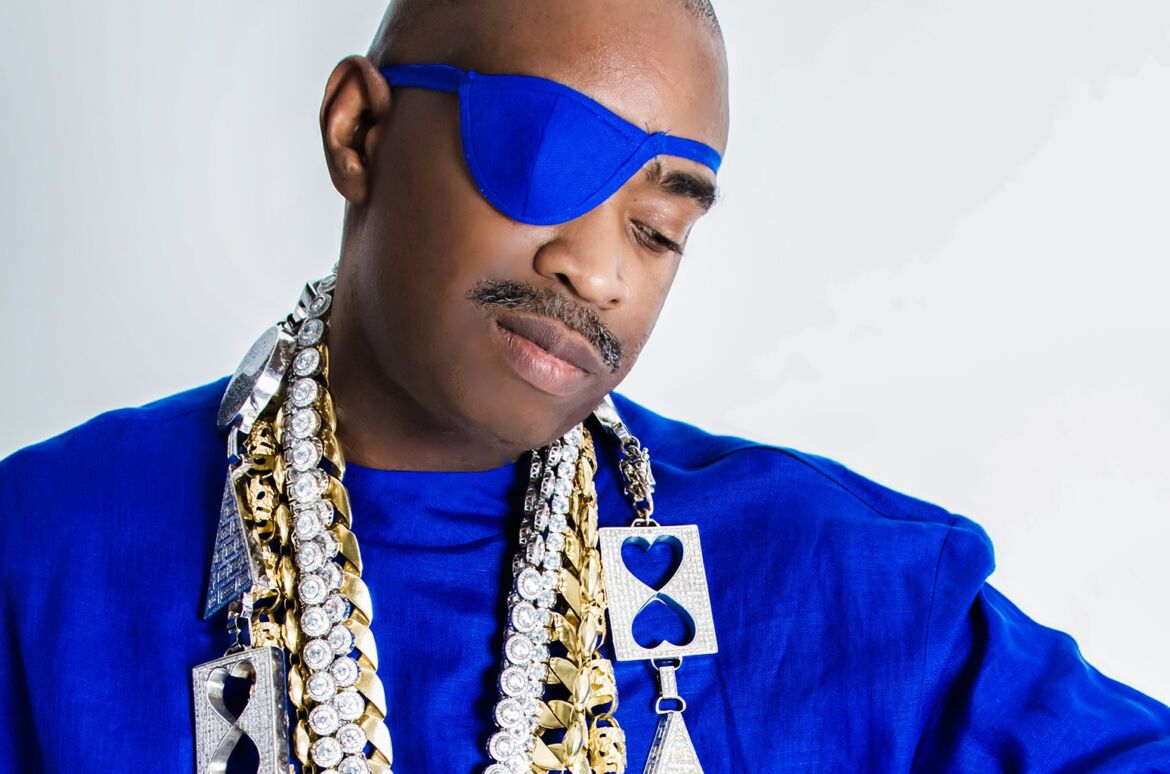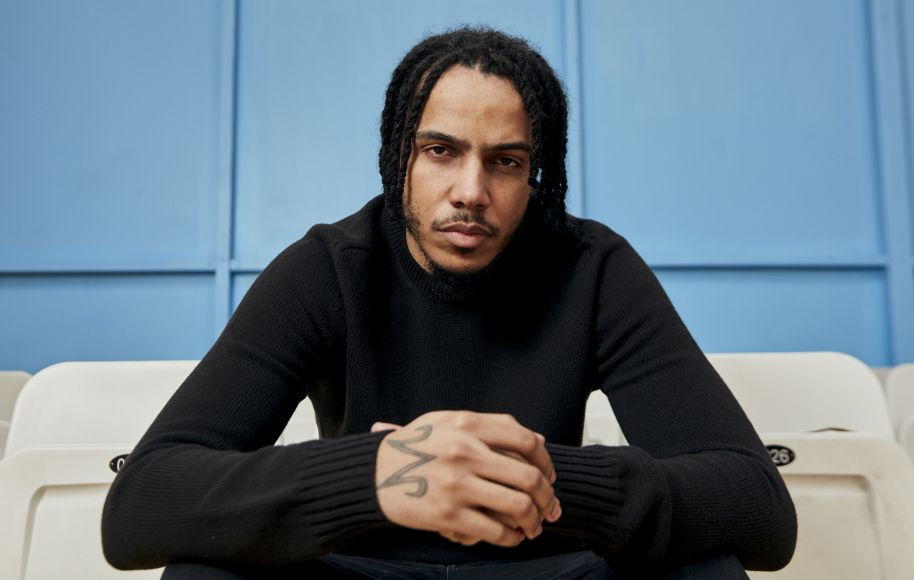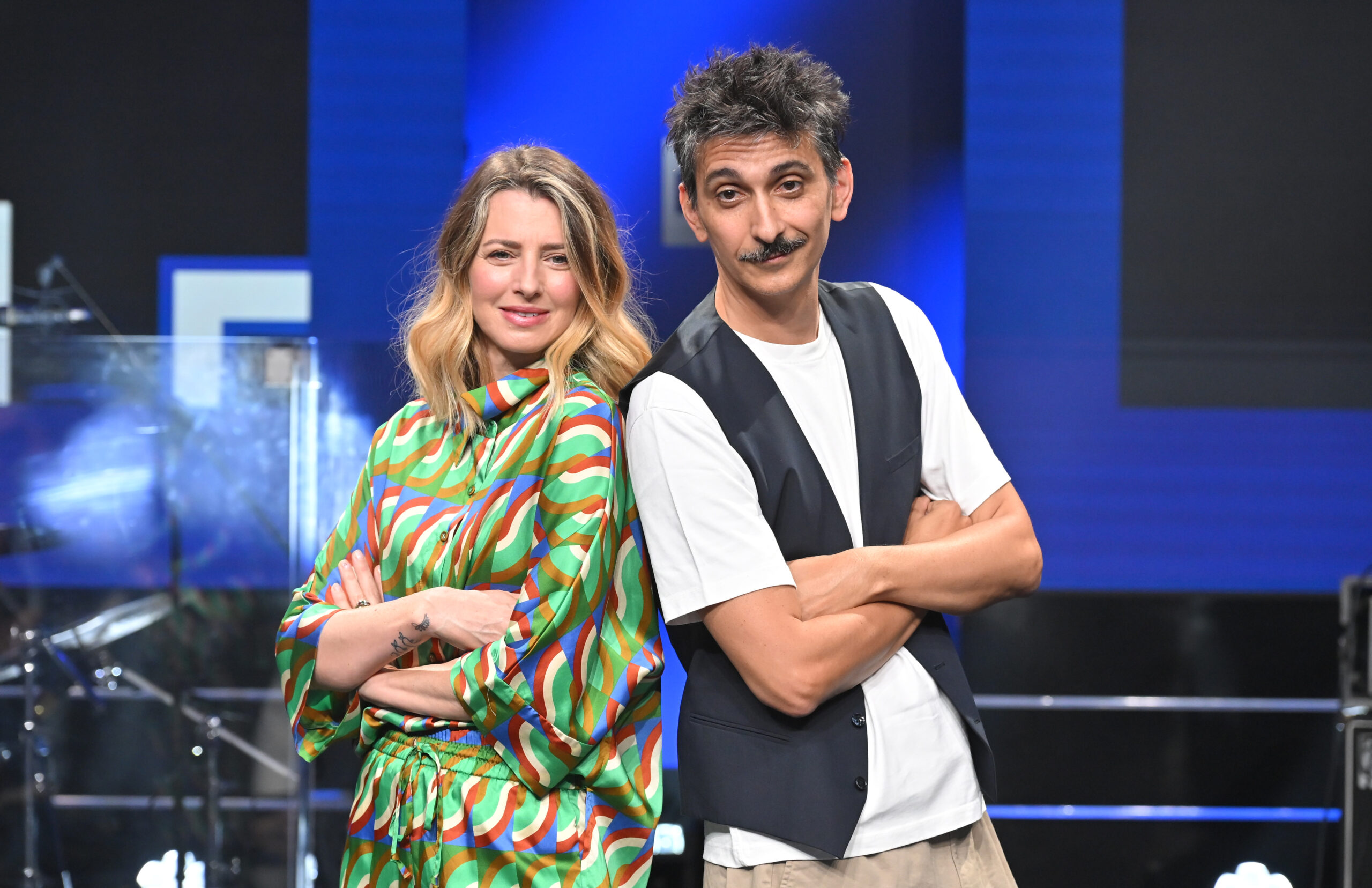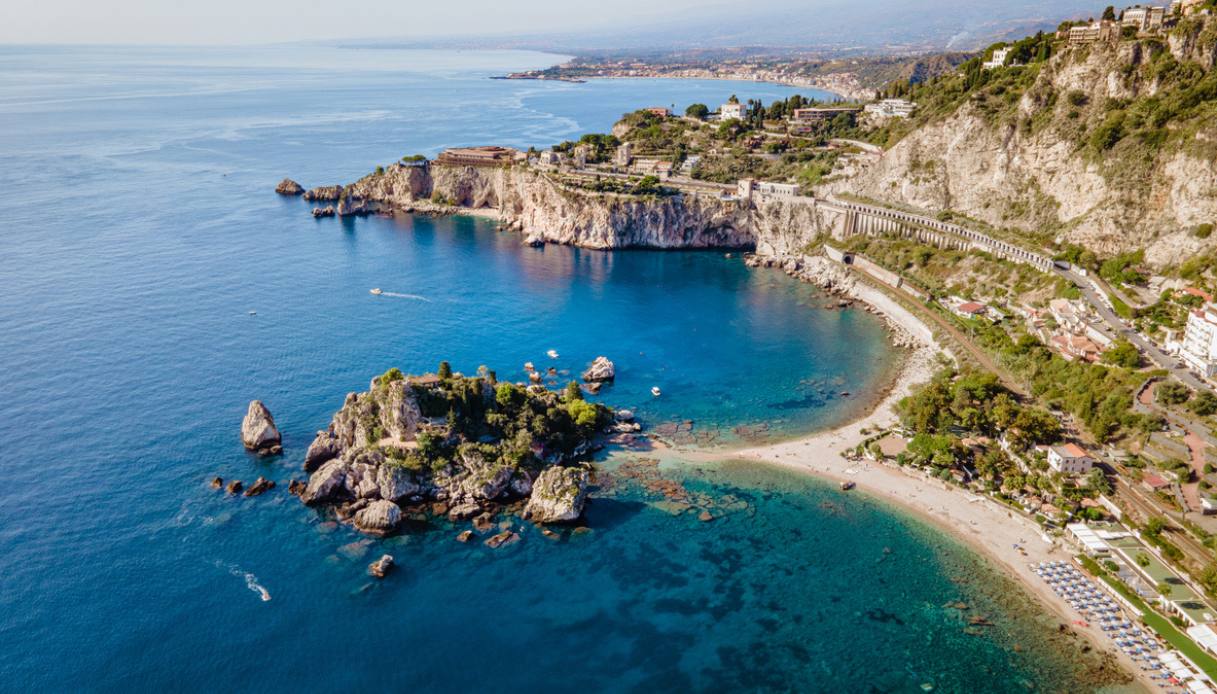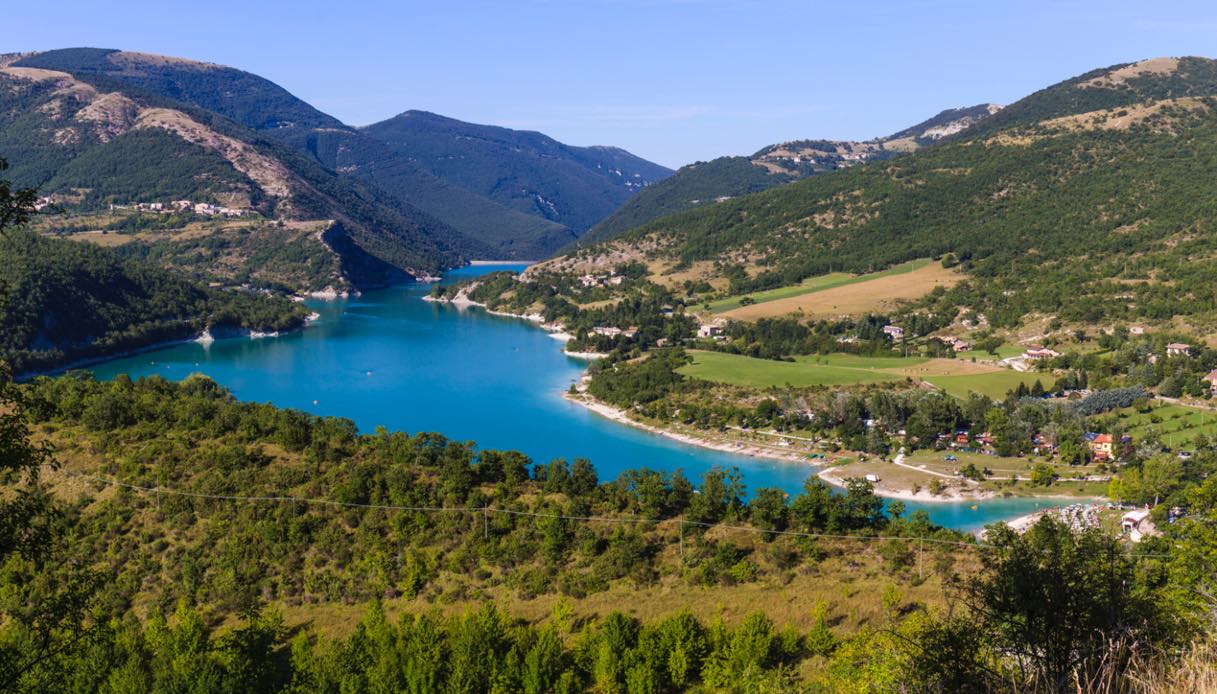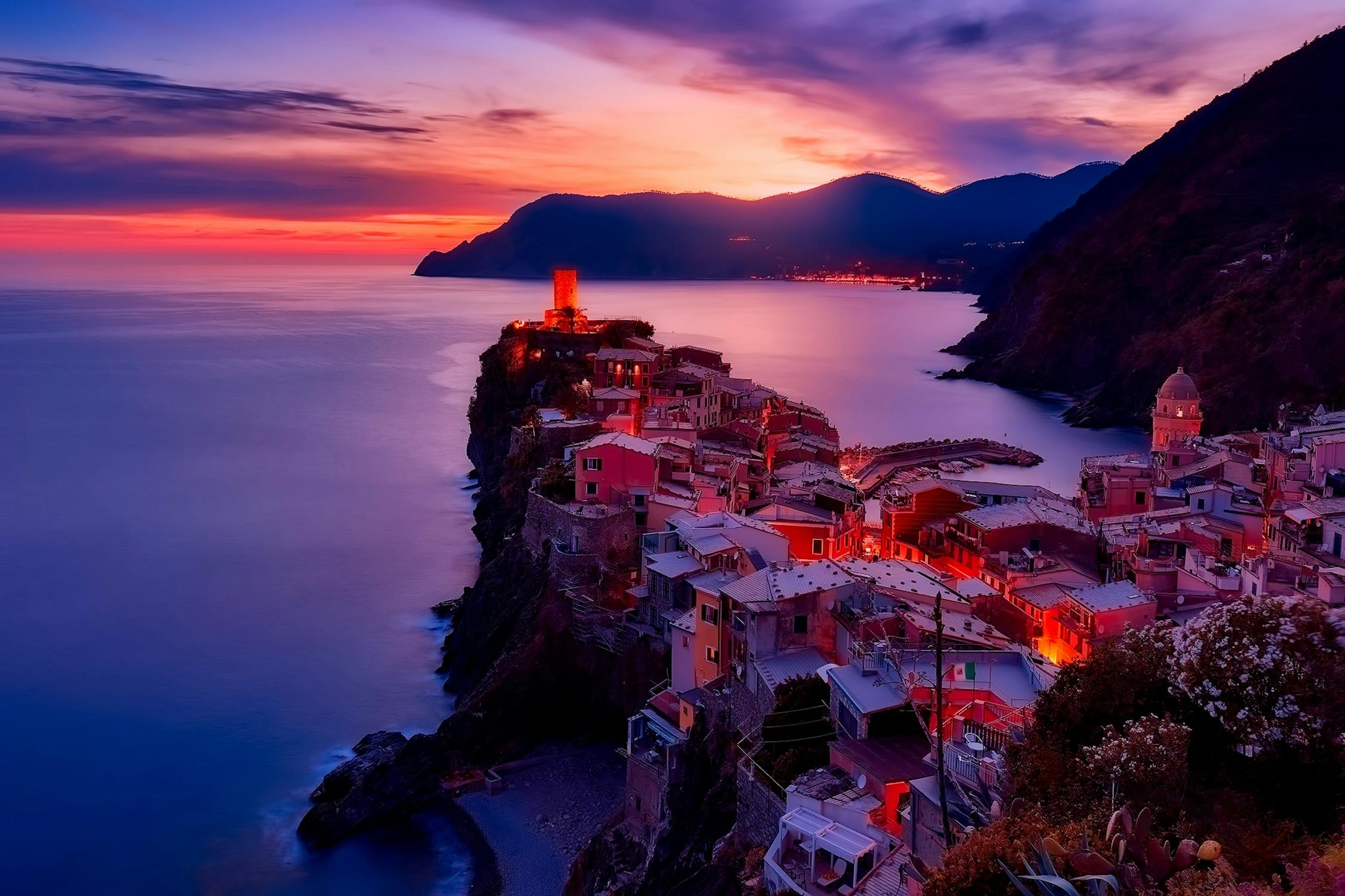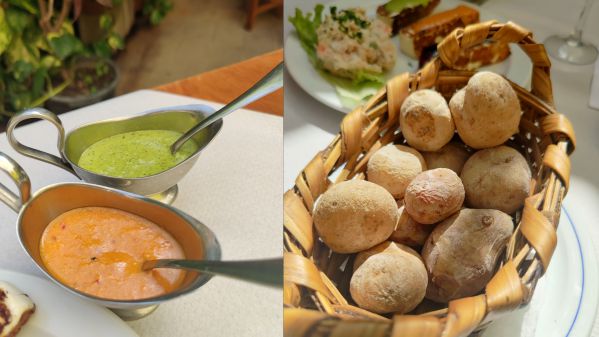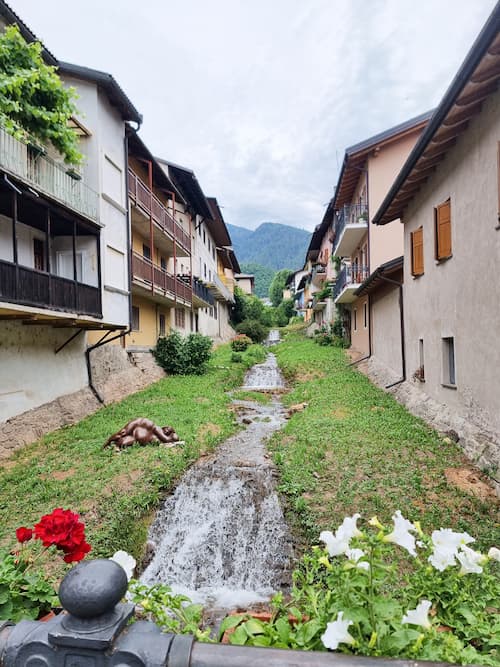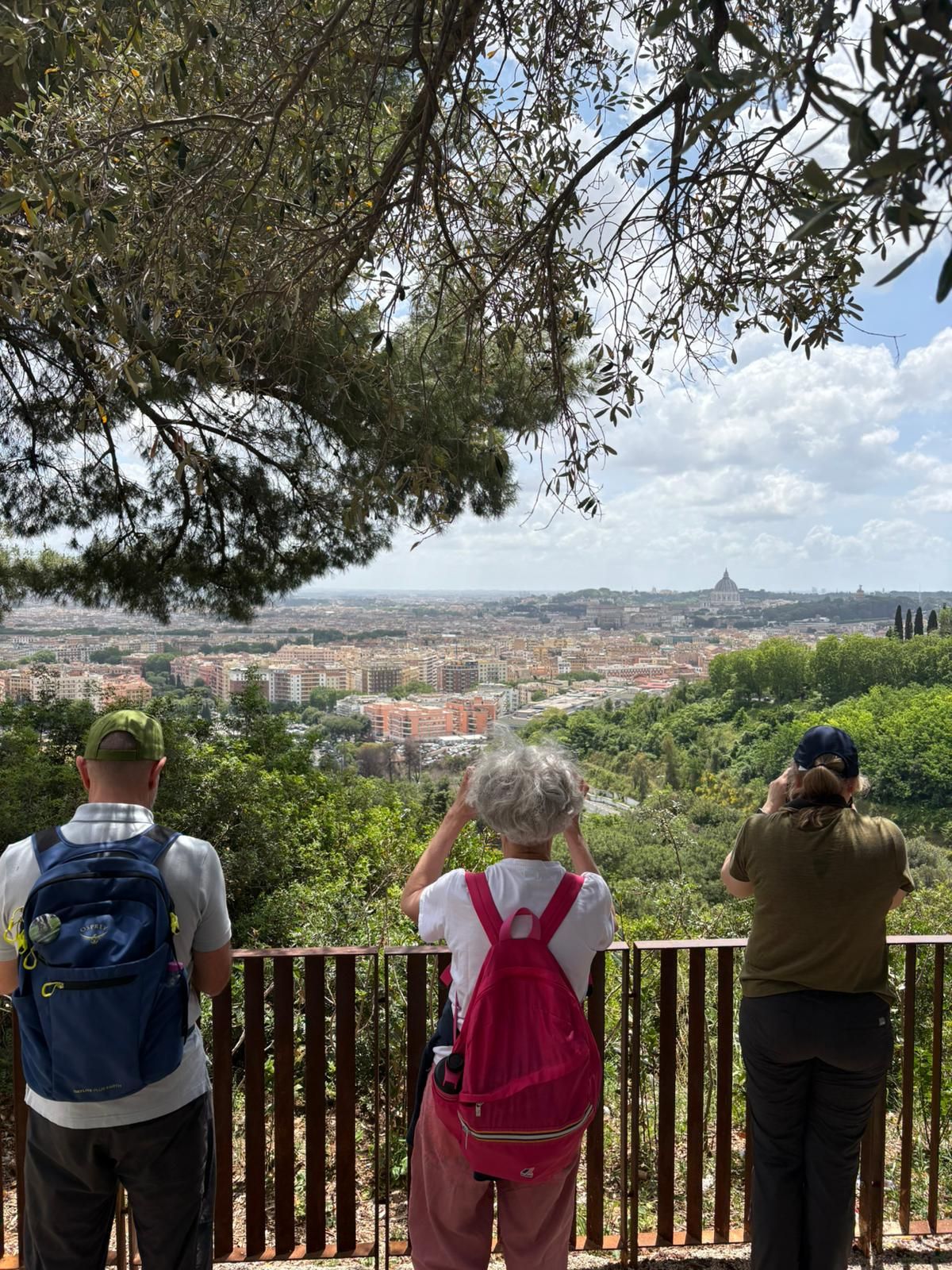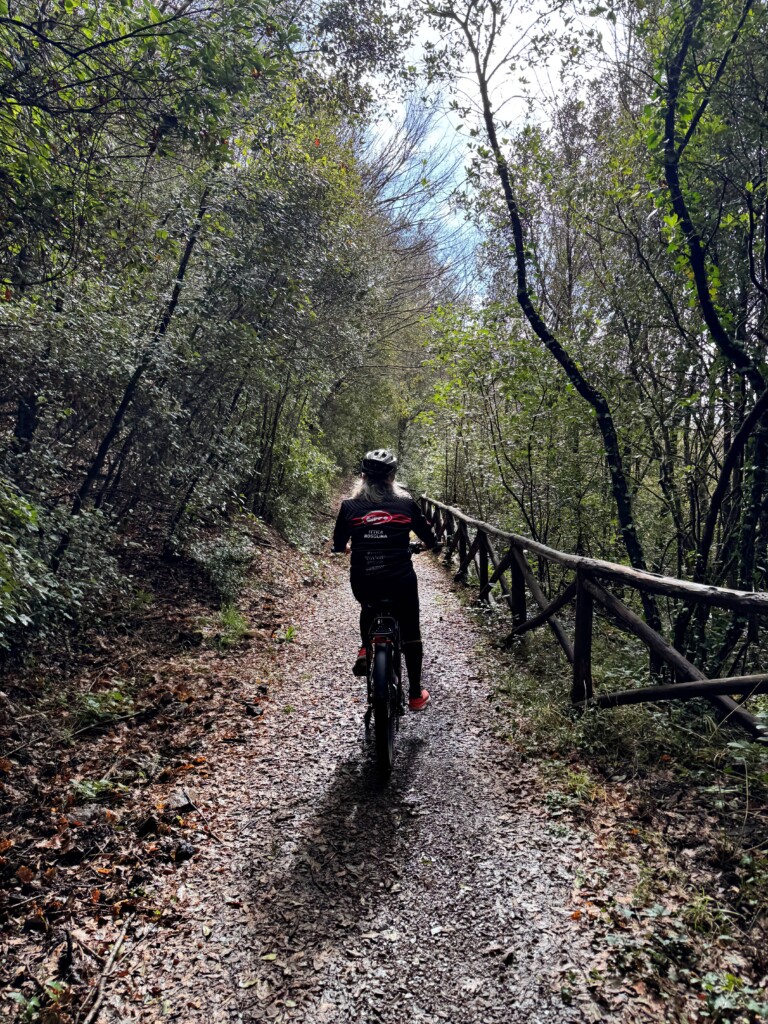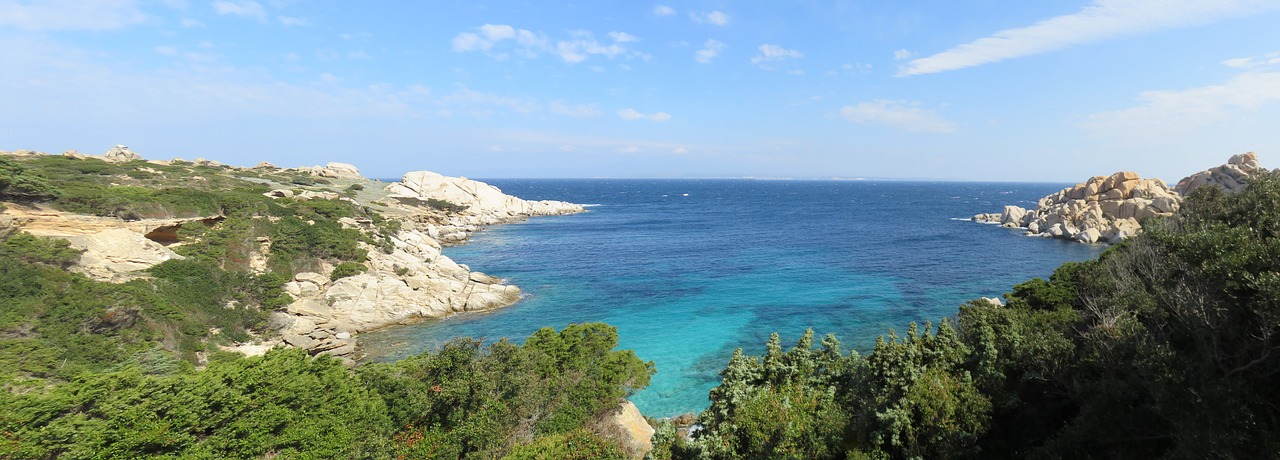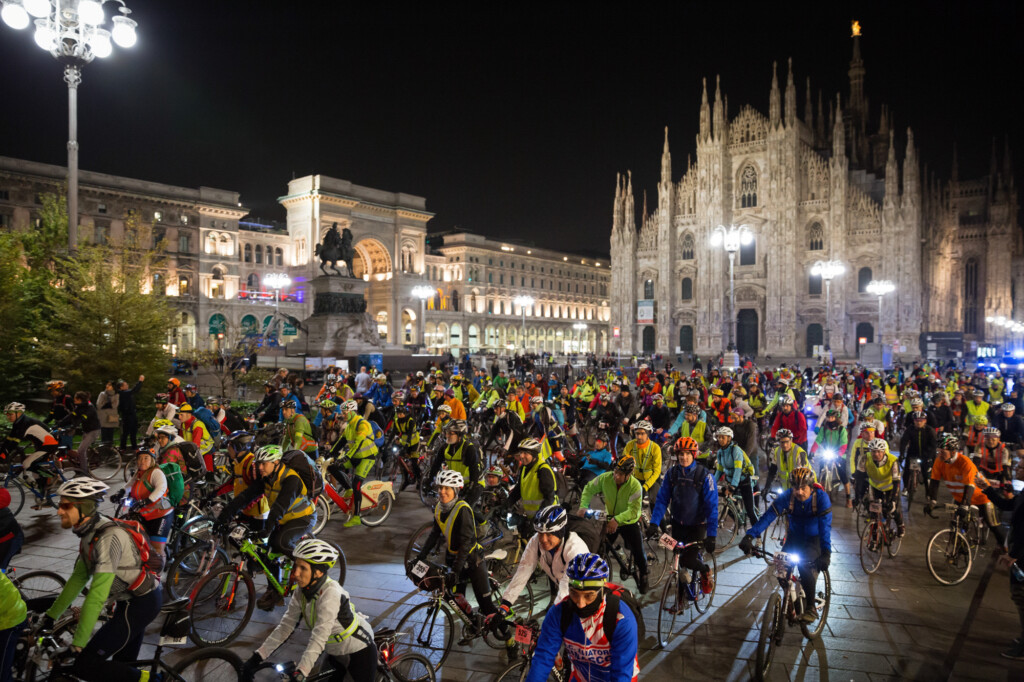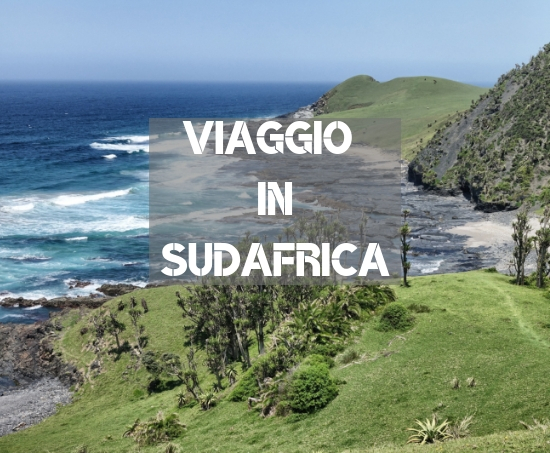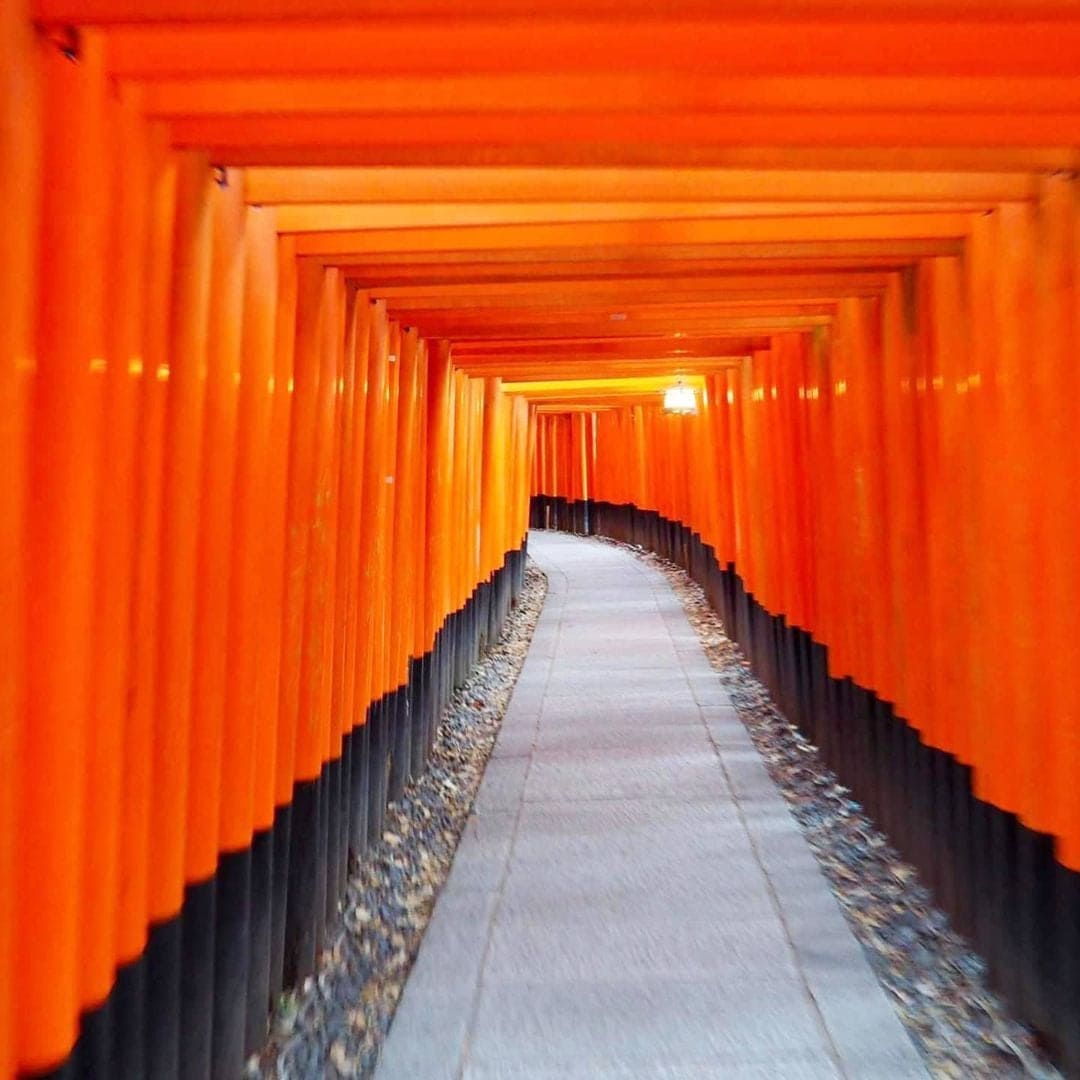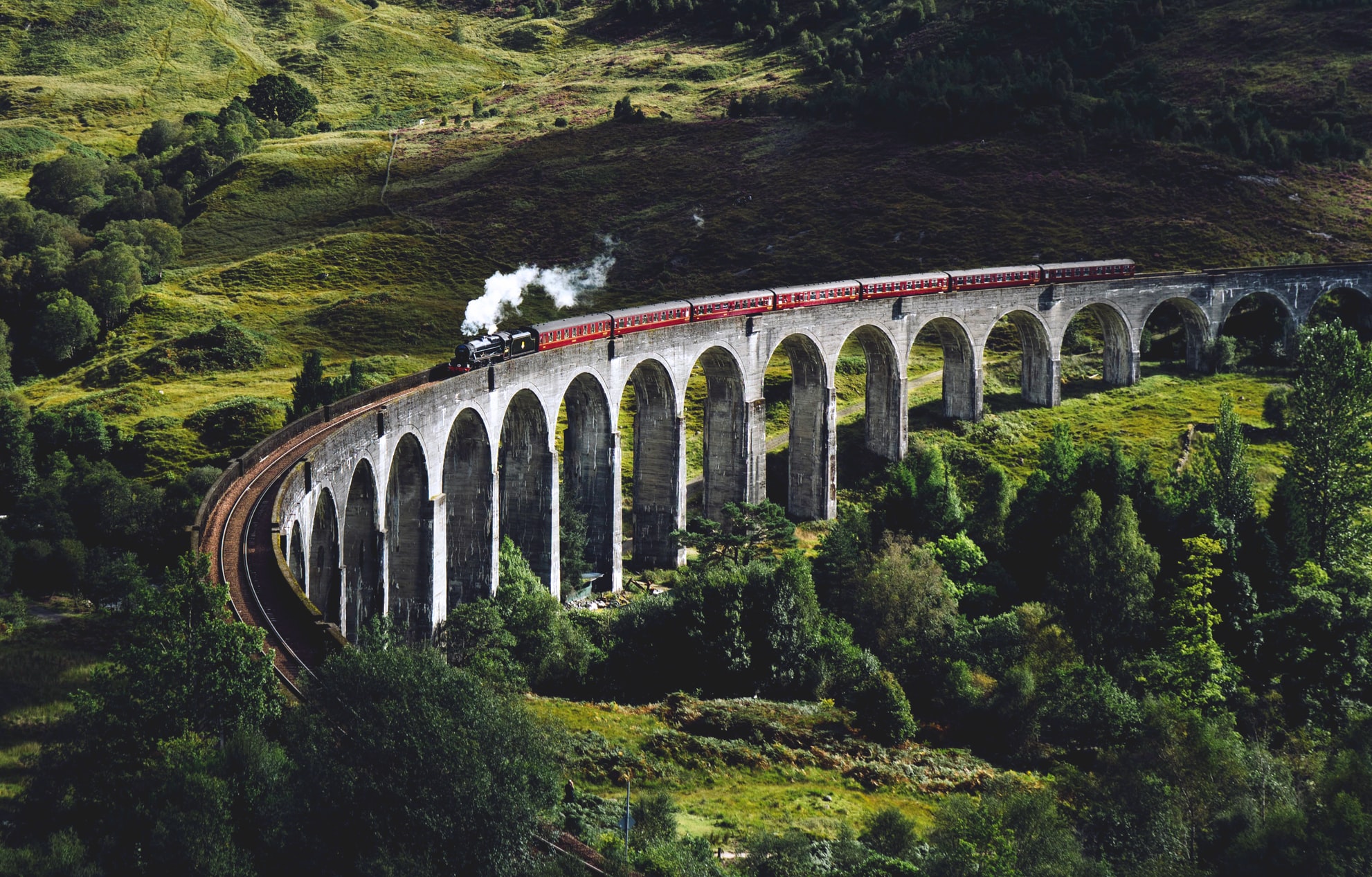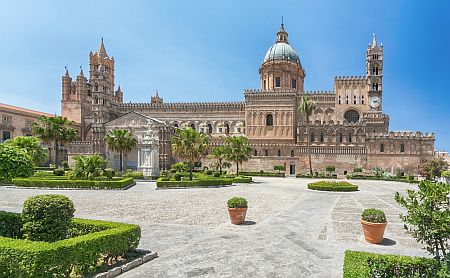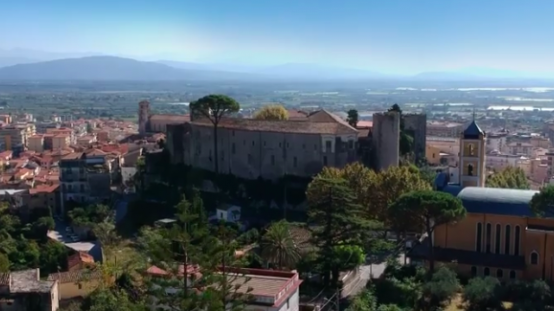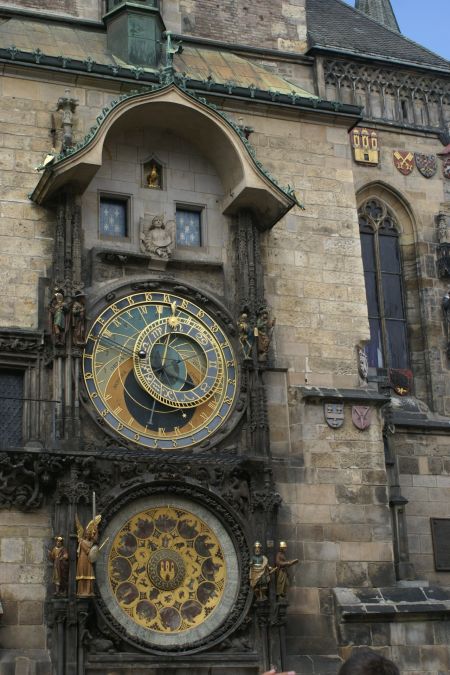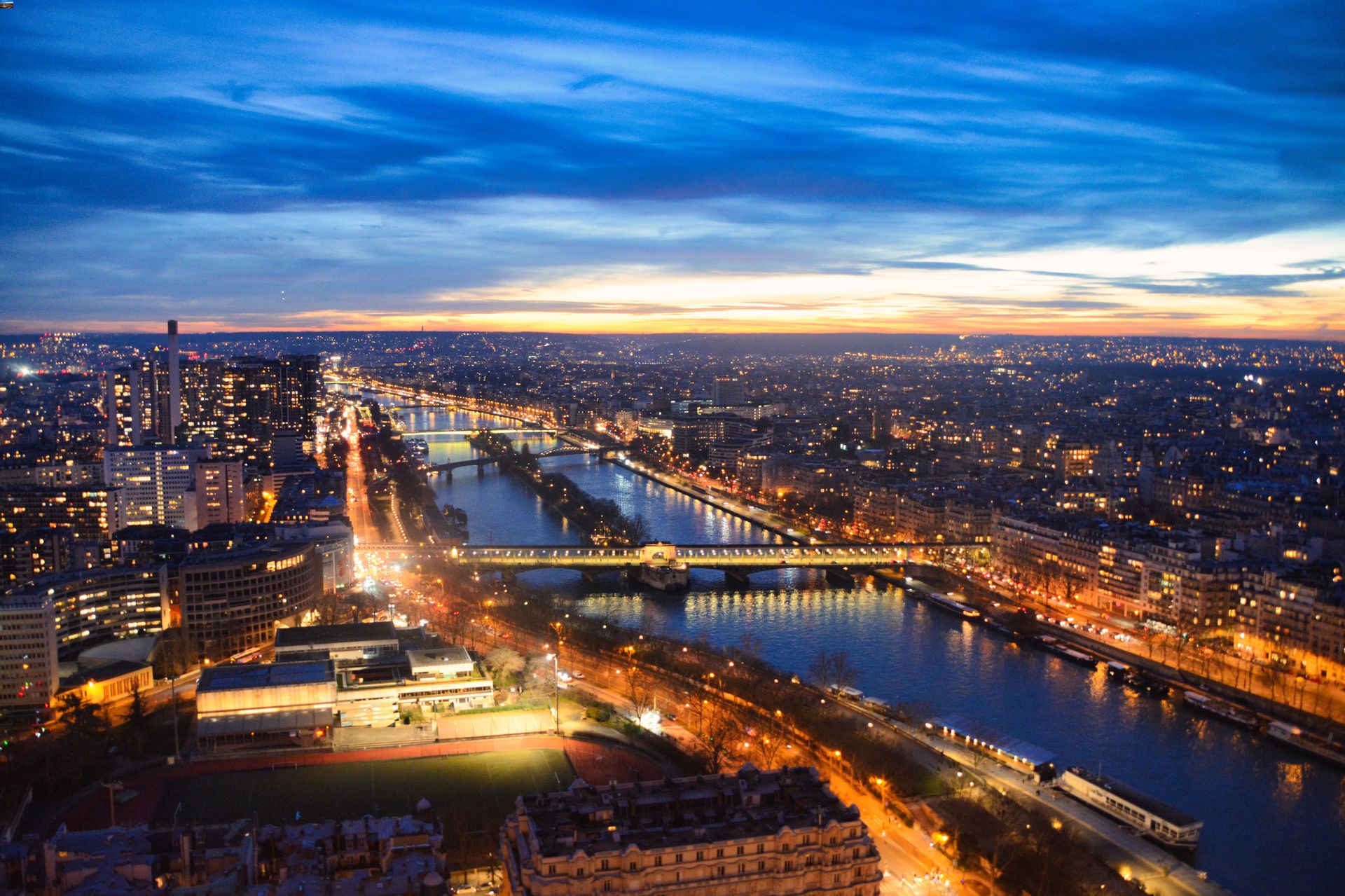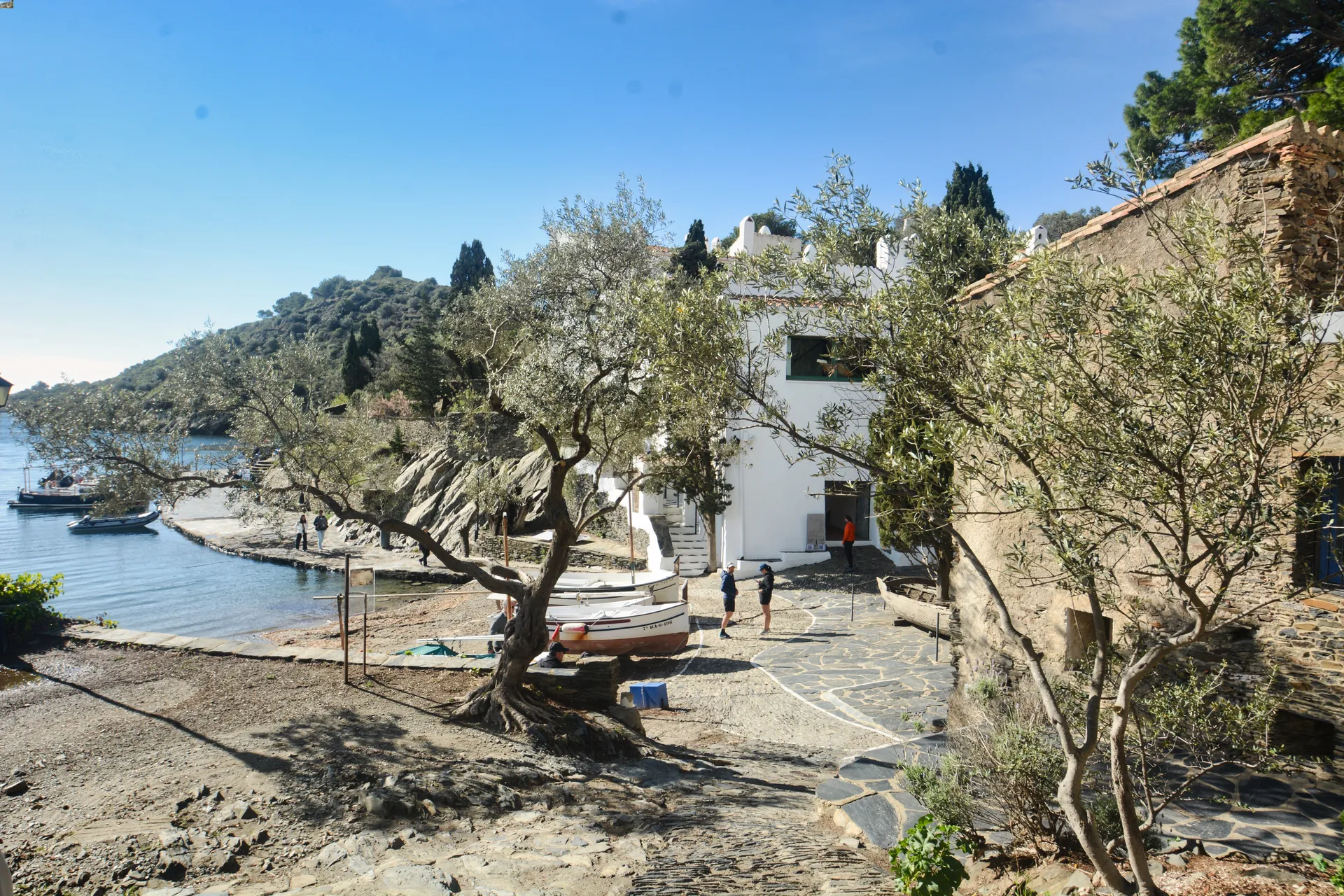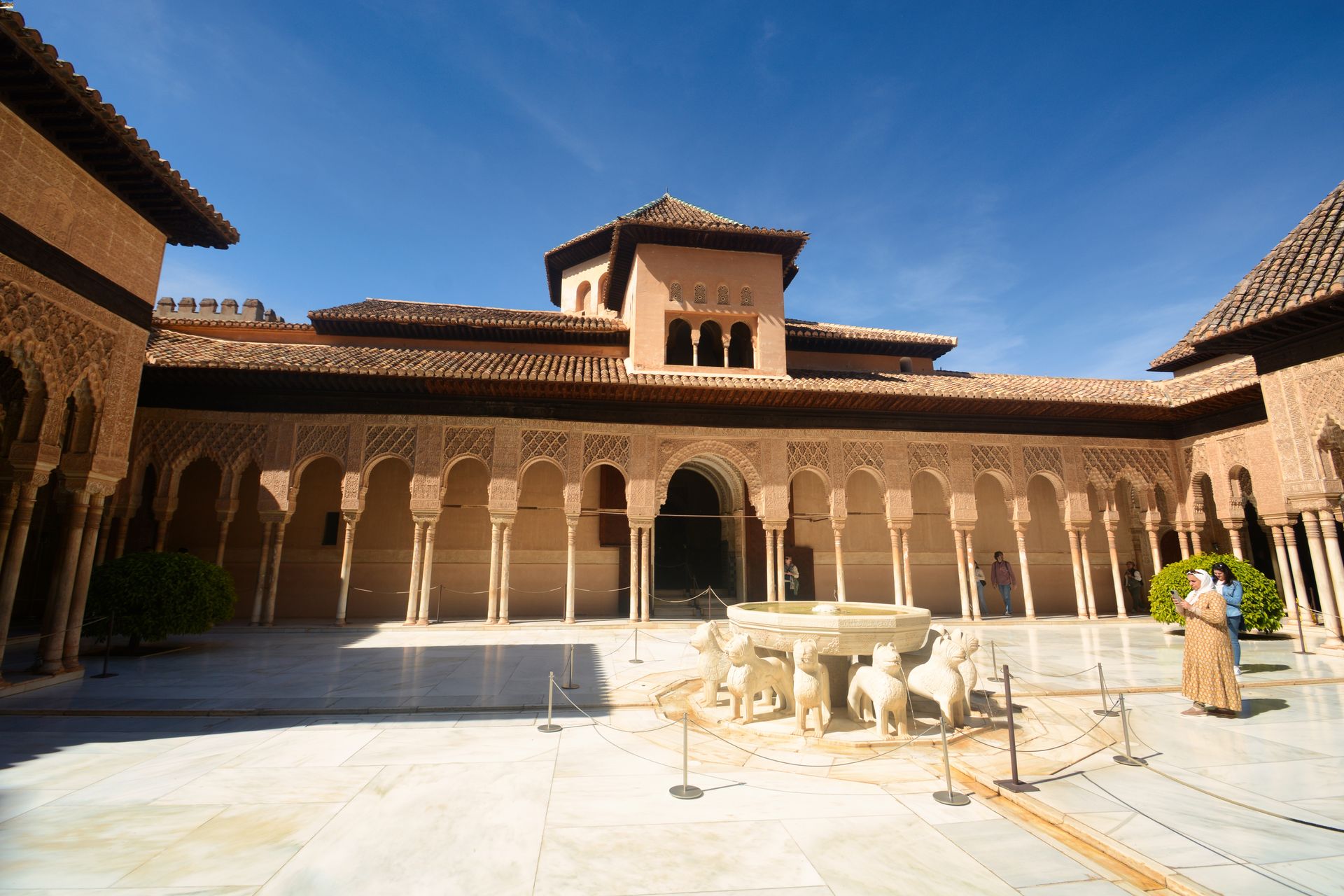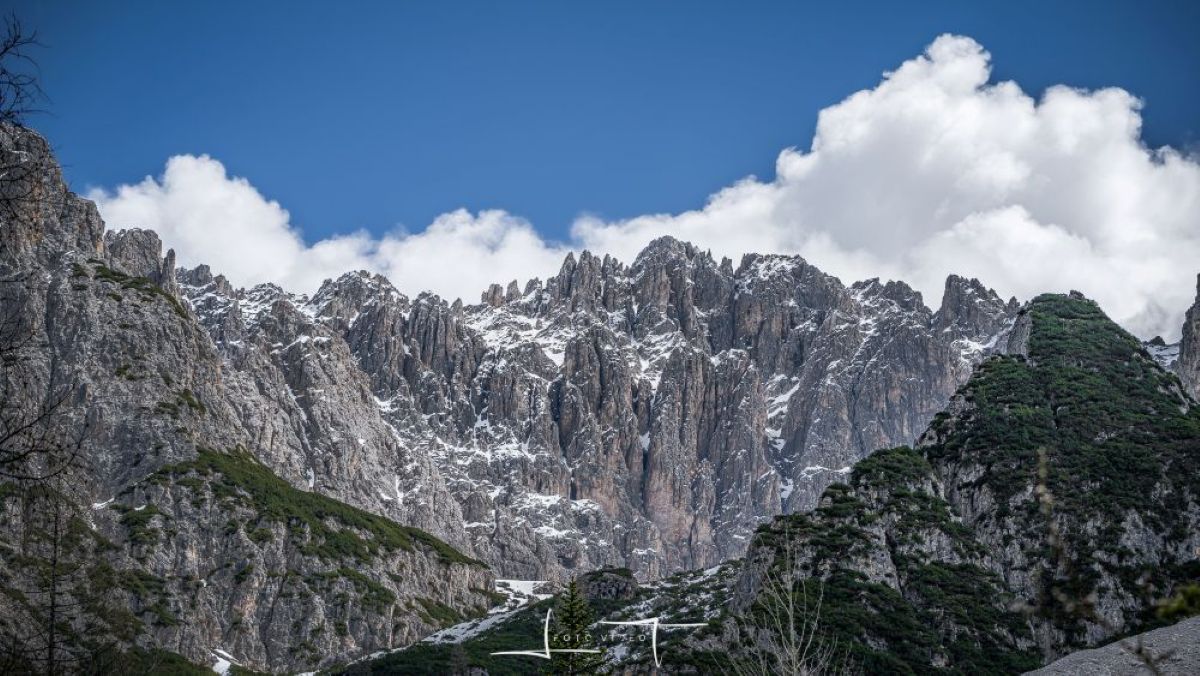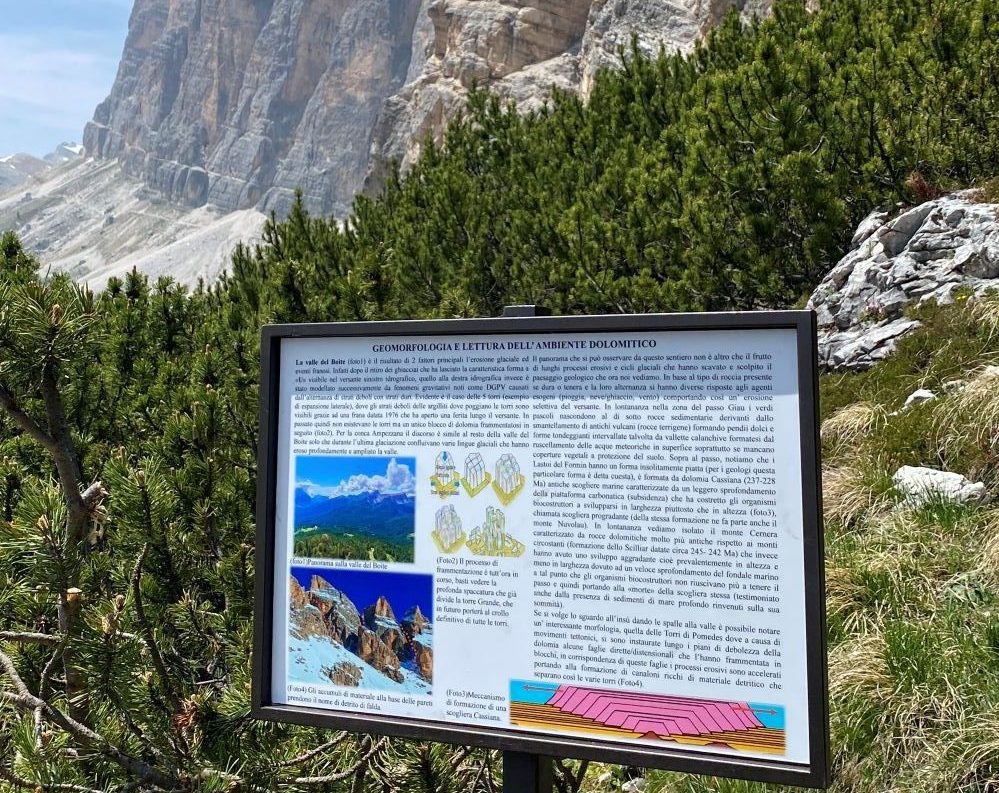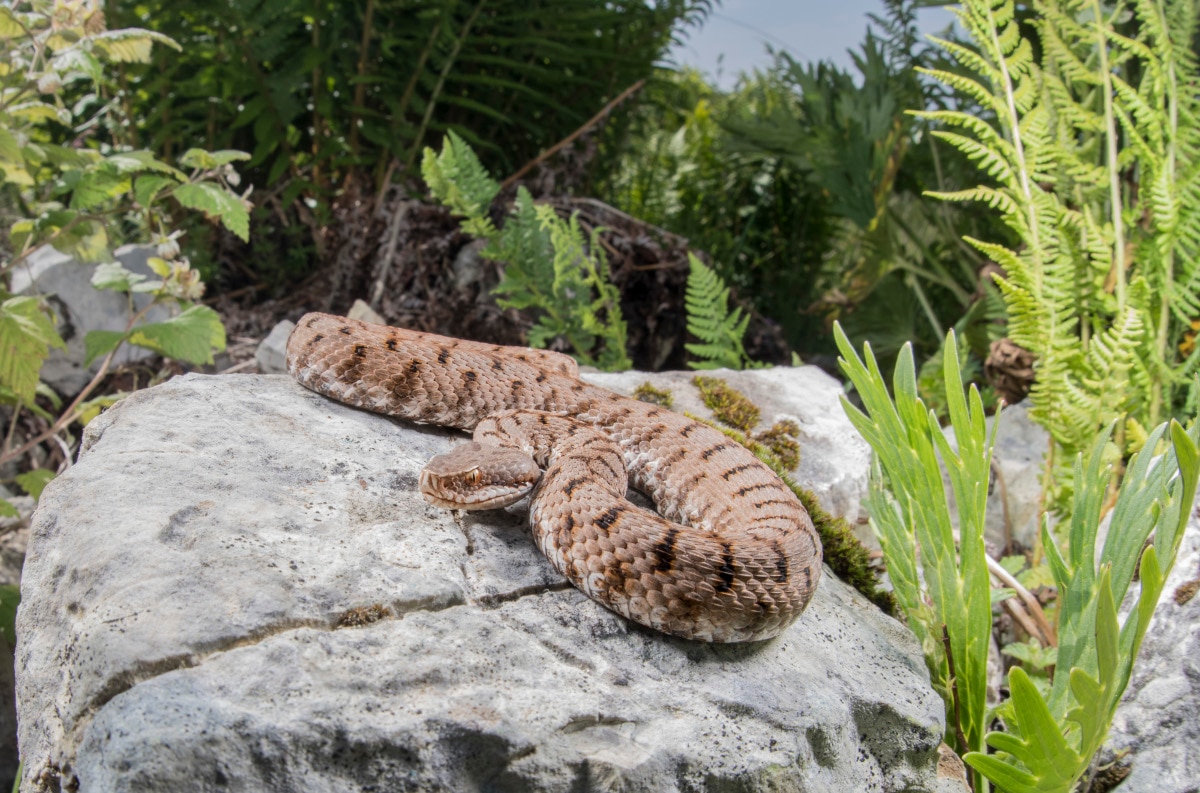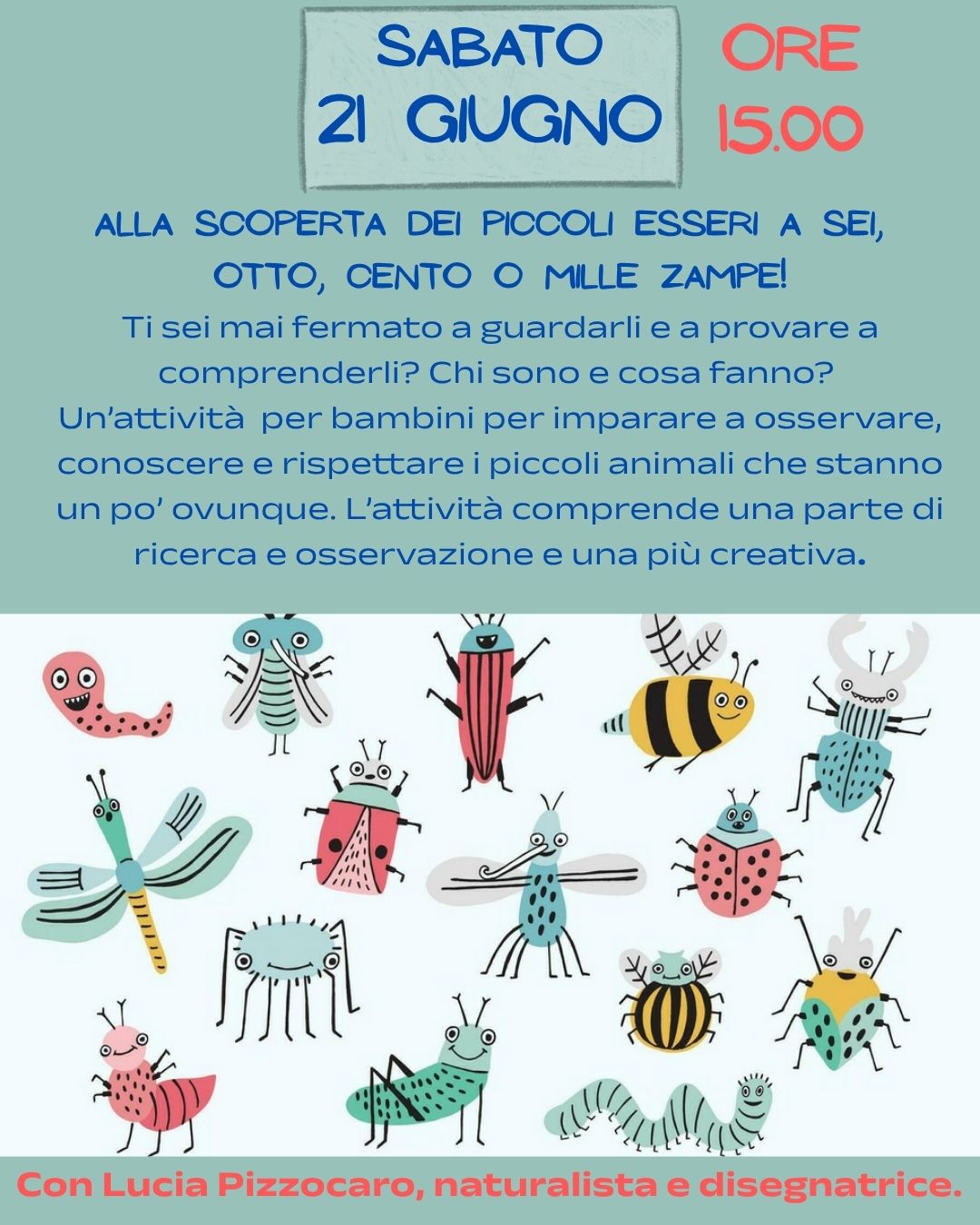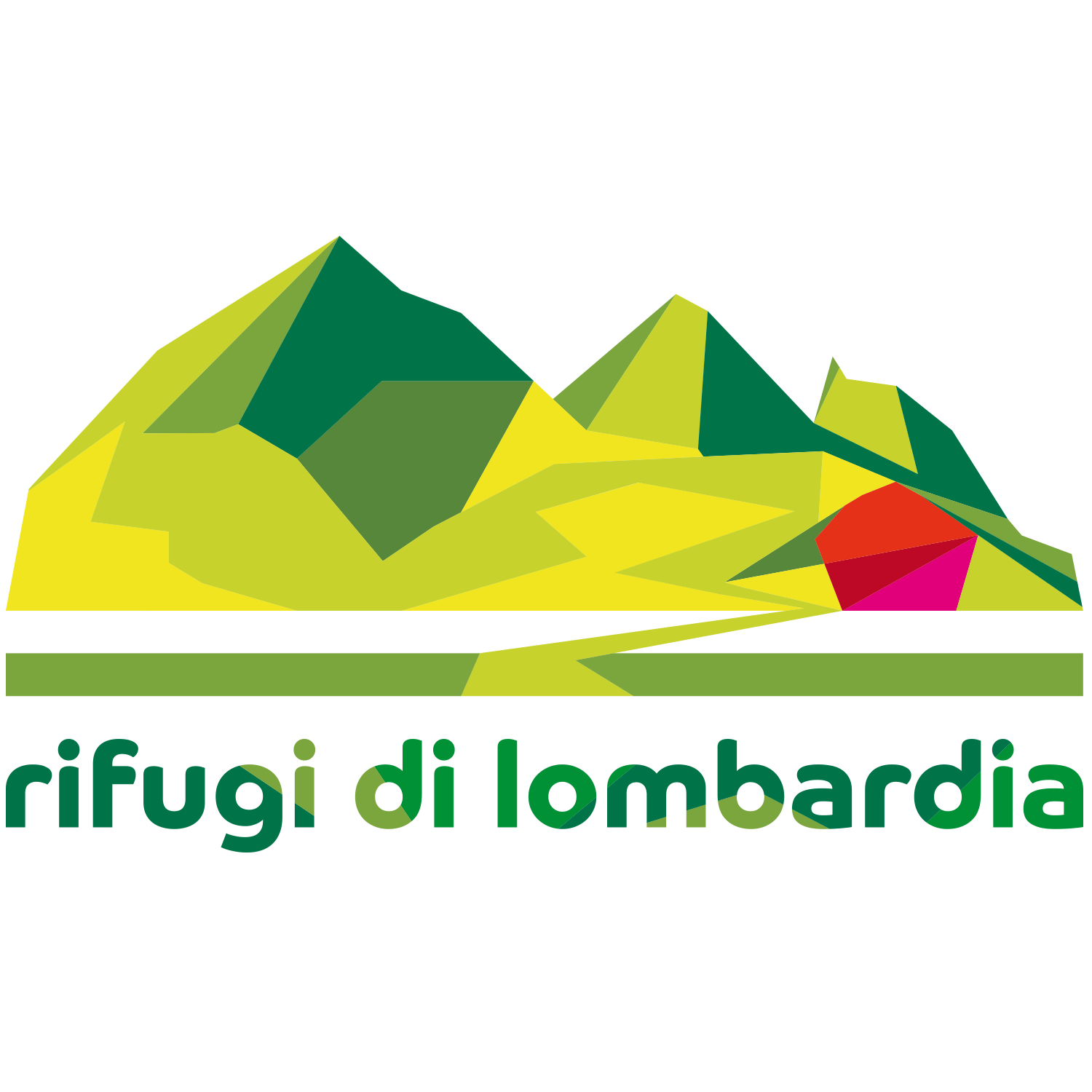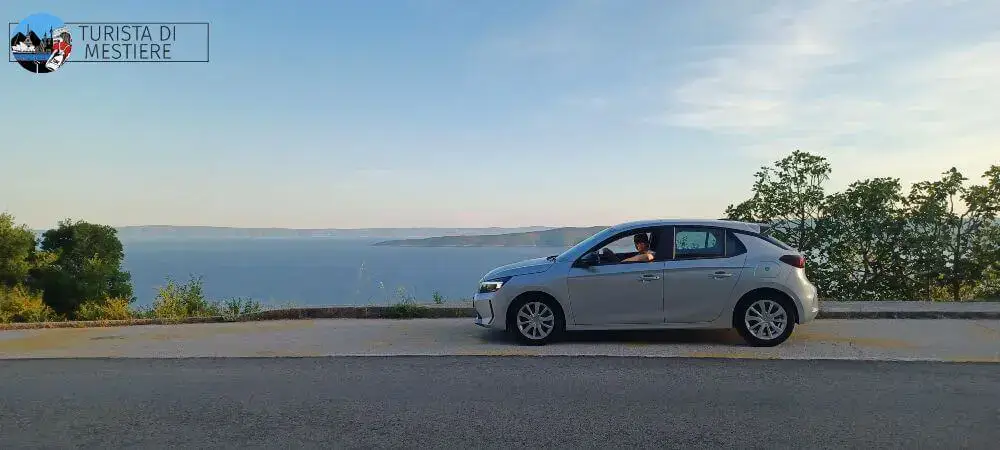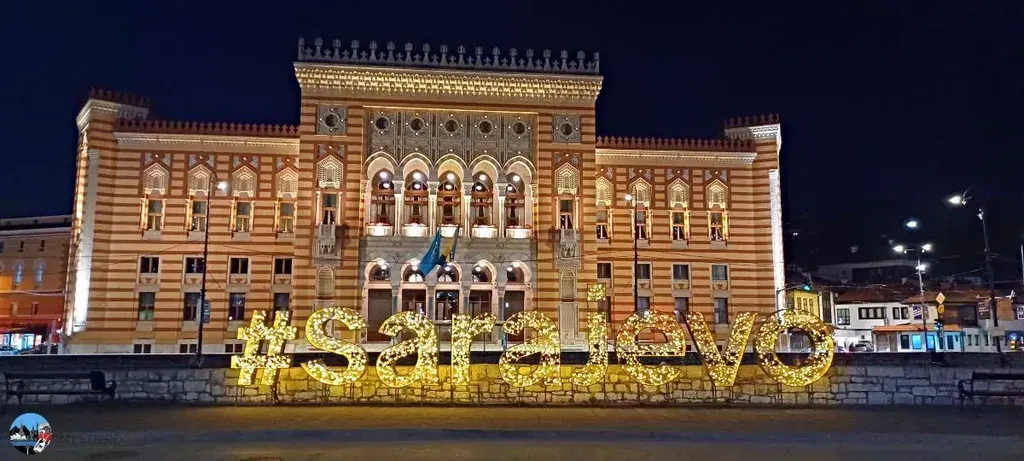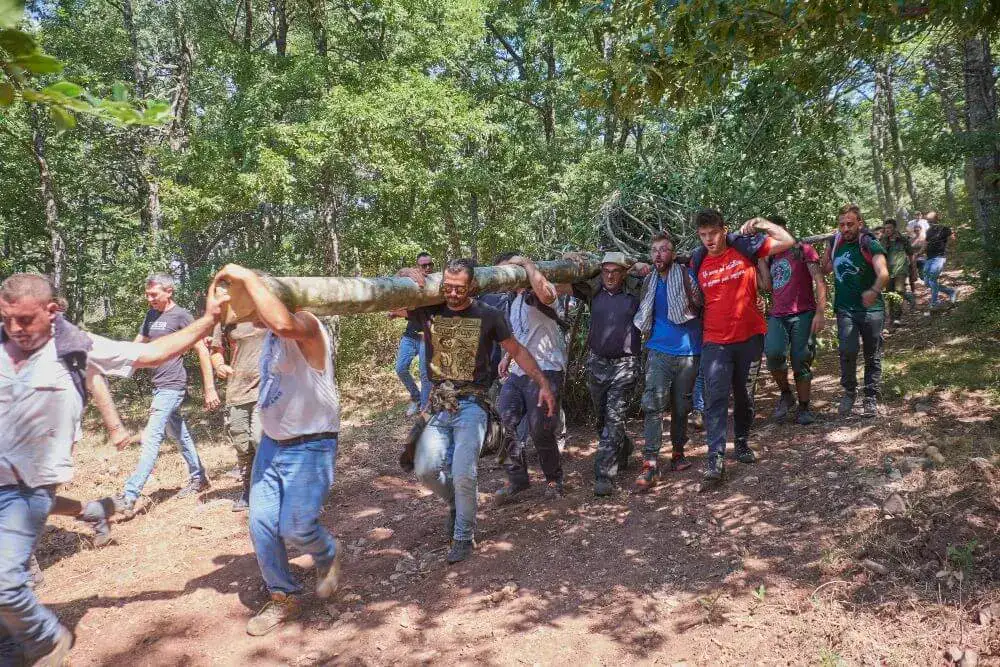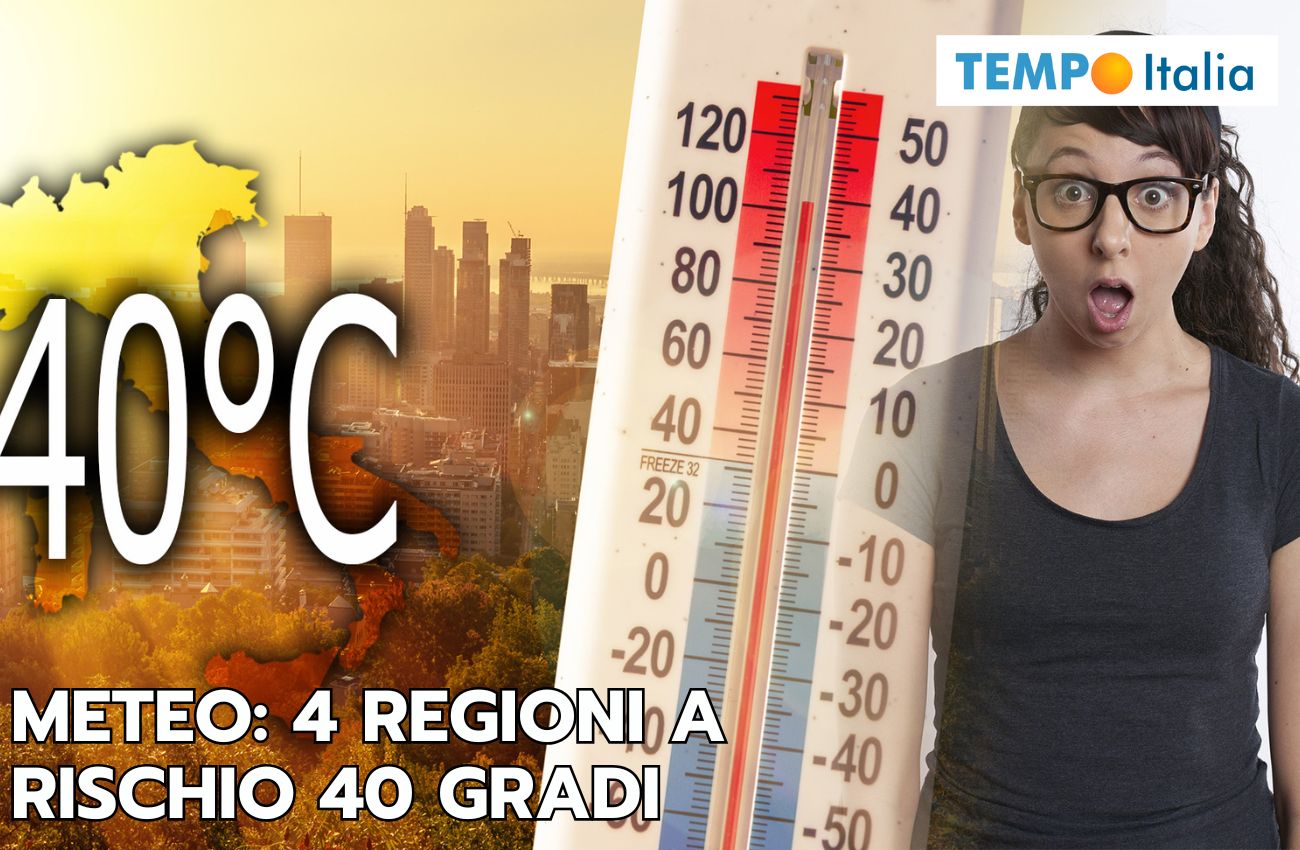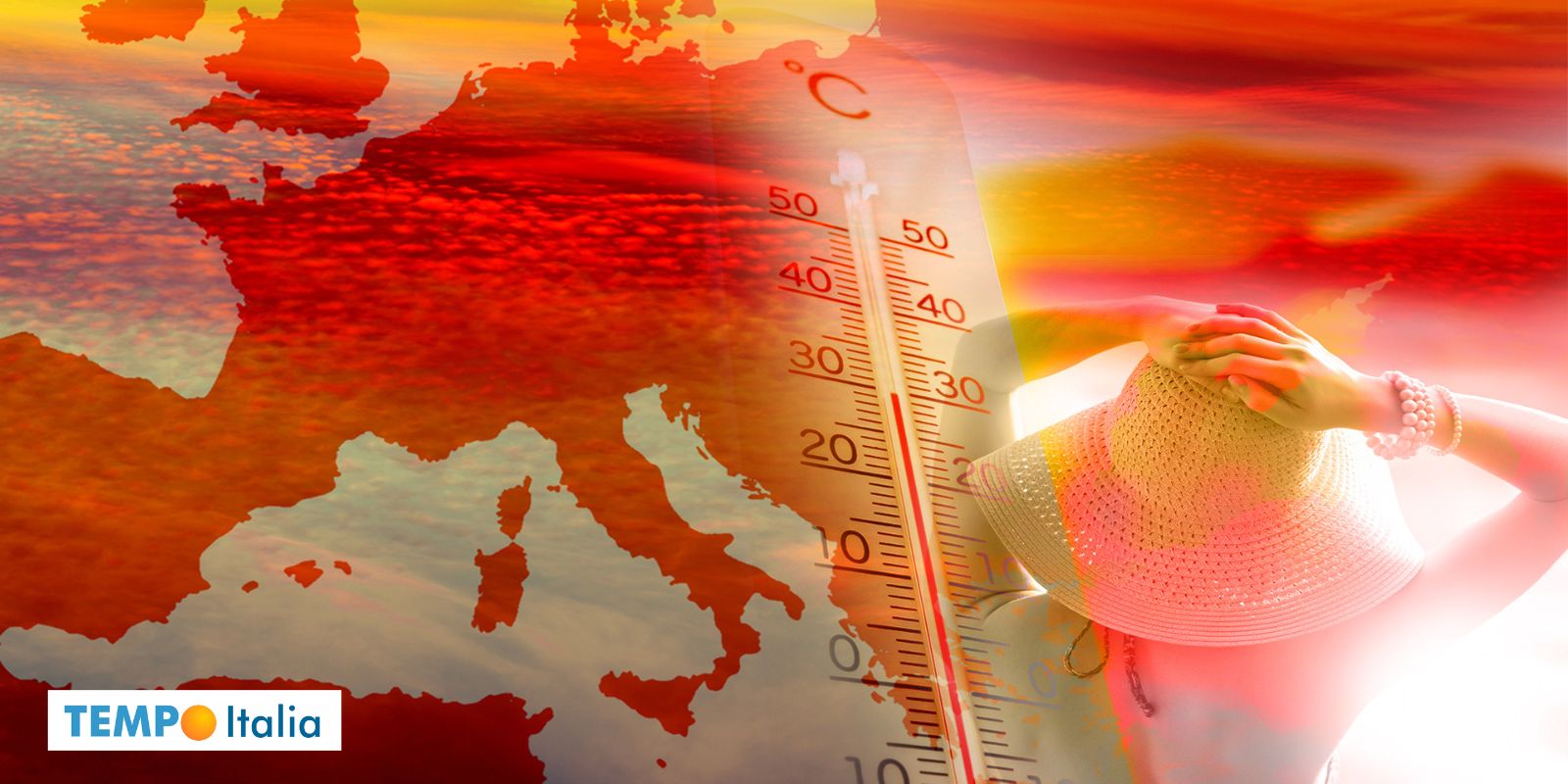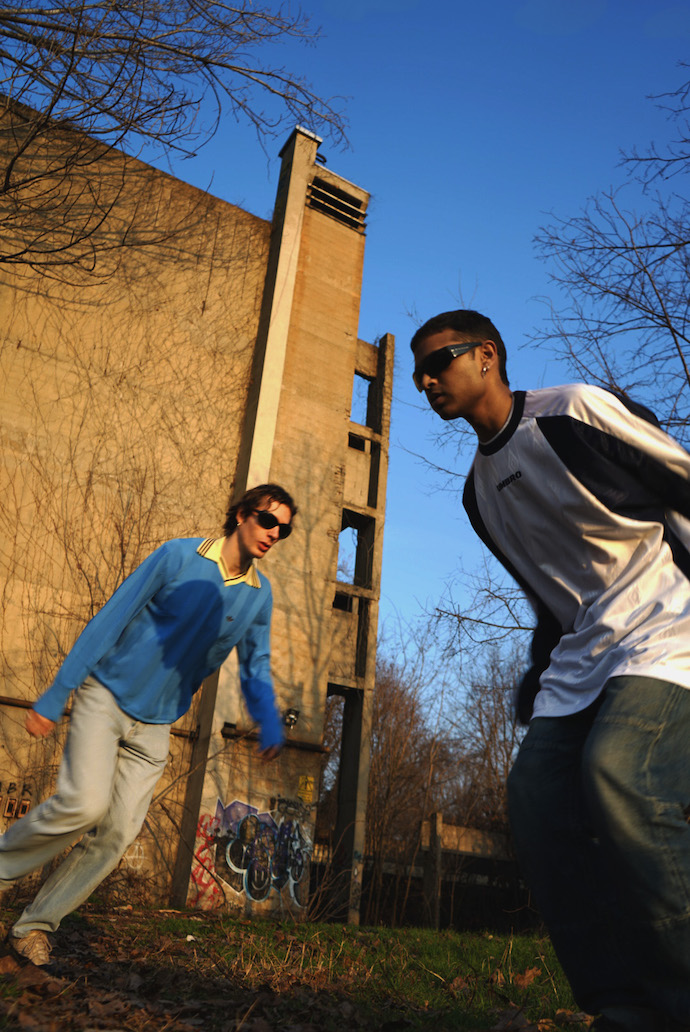Sofia Kourtesis on “Volver”: The Interview
Interview with Sofia Kourtesis: presents Volver In the heart of Gemini Festival 2025 — on May 16th — while the crowd was still immersed in the set by Dov’è Liana?, we had the pleasure of catching up with Sofia Kourtesis backstage. A Peruvian producer and DJ based in Berlin, her early releases came out on labels […]

Interview with Sofia Kourtesis: presents Volver
In the heart of Gemini Festival 2025 — on May 16th — while the crowd was still immersed in the set by Dov’è Liana?, we had the pleasure of catching up with Sofia Kourtesis backstage. A Peruvian producer and DJ based in Berlin, her early releases came out on labels like Studio Barnhus and Technicolour (Ninja Tune), leading up to her 2023 debut album Madres — an intimate tribute to her mother and a vessel for deep, personal commitment.
Petite, smiling, and seemingly reserved, she welcomed us with warmth. But during the thirteen minutes we spent together before her set at the Binario Centrale stage, she revealed the strength and power that also defines her performances: a blend of organic techno, political sampling, and emotional melodies — where club culture meets personal storytelling.

In this interview, Sofia opens up about the meaning of this new chapter, the dialogue between intimacy and the dancefloor, her family legacy, music as a political tool — and a new album on the horizon: Volver.

Hi Sofia! It’s really great to meet you, especially here at Gemini Festival. How are you feeling?
Sofia Kourtesis:
Super excited! I’m so happy to be here. The crowd seems really friendly, and the people performing next are also very kind and gentle, so it’s amazing.
Just before your show at Gemini Festival in Bologna, you announced your new EP “Volver”, coming in August. The first single is “Unidos”, a collaboration with Daphni, also known as Caribou — a very important artist in the electronic scene. What does this moment mean for you, between a new music chapter and such a special connection?
Sofia:
This moment means everything to me. Caribou is like a mentor. I’m so honored — and honestly lucky — to collaborate with him. It feels like a dream. He’s the perfect person to start this new music era with. When someone “carries” you like that, you know they’re not just an amazing musician but also a good human being.
Your music strikes a unique balance — it works in the club, but it’s also very emotional and introspective. What guides your choices when you’re deciding what tracks to release?
Sofia:
I think it’s about finding a balance. Maybe 50% club energy — strong tracks that work on the dancefloor — and 50% ballads, things that show vulnerability and honesty. For me, it’s about being human, expressing grief, joy, darkness, and love… and still being able to bring that into the club space, to connect feelings through dance.
What is the most personal element you bring into your music?
Sofia:
The moments I live through — honestly. I try to be as transparent as possible. I talk about grief, happiness, sadness, darker times, and personal struggles. All of that becomes music.

Your first album “Madres” is very intimate. It’s a tribute to your mother and to the idea of care. How did you turn that feeling into sound, rhythm and texture?
Sofia Kourtesis:
Yes, I really try to be very honest. I talk about my grief, about my happy moments, my very sad and dark moments. It’s not always easy, but it’s necessary. That honesty becomes the action, the message. Talking about my mother and care is very important for me. It’s still taboo to speak about taking care of your parents — especially for younger people. Many of us only have our moms left. It’s a struggle that often goes unseen. I wanted to show that it’s okay to talk about this. It was hard, but necessary, to express how I felt so others wouldn’t feel so alone.
Your music often speaks about important political and social issues, but always in a poetic and beautiful way. In “Estación Esperanza” you used chants from an anti-homophobia protest in Peru and worked with Manu Chao. How important is it for you to give space to civil rights, like LGBTQ+ rights and social justice, especially in Latin America? What does it mean for you to make politically conscious music today?
Sofia:
Yes! That piece was about giving space, about rights, about allowing others — like your community — to be seen, to have a home. Especially in Latin America, themes of rights and justice are still so pressing. I can’t always be politically active in the streets — it’s dangerous. But I use my voice and platform to speak up. It’s my duty. My mom always protected our community, and that sense of activism was passed down. For me, it’s natural to continue that — to give back, to preach love, to protect the most vulnerable.

If you could choose one artist from the Gemini line-up to collaborate with, who would it be — and why?
Sofia Kourtesis (sorride):
That’s a good question! You know, I really like this patch… I don’t know the name right now, but yeah — I’d really love to collaborate with an Italian band. There’s something special in Italian voices. So yes, I would definitely go for them.
Volver secondo Sofia Kourtesis
Intervista a Sofia Kourtesis: la producer peruviana ci presenta Volver e il suo impegno tra musica e attivismo
Nel vivo del Gemini Festival 2025 – il 16 maggio – mentre la folla era ancora immersa nel set dei Dov’è Liana?, abbiamo avuto il piacere di fare due chiacchiere con Sofia Kourtesis nel backstage.
Produttrice e DJ peruviana di base a Berlino, ha esordito con una serie di pubblicazioni su etichette come Studio Barnhus e Technicolour (Ninja Tune), fino ad arrivare al suo album d’esordio Madres nel 2023: un tributo intimo alla madre e un manifesto di impegno emotivo e personale.
Minuta, sorridente e apparentemente raccolta, ci ha accolti con grande gentilezza. Ma nei tredici minuti trascorsi insieme prima del suo set sul palco del Binario Centrale, si è svelata un’artista potente, esattamente come la sua performance: un mix vibrante di house organica, messaggi politici e melodie intime, dove la club culture incontra la narrazione personale.
In questa intervista, Sofia ci racconta il senso di questo nuovo capitolo, il dialogo costante tra intimità e dancefloor, il lascito familiare, la musica come strumento politico — e un nuovo lavoro in arrivo: Volver.
Ciao Sofia! È un piacere incontrarti, soprattutto qui al Gemini Festival. Come ti senti?
Sofia Kourtesis:
Sono super emozionata! Sono felicissima di essere qui. Il pubblico è molto accogliente, e anche le persone che suonano dopo di me sono tutte gentili e carine. È davvero bello.
Proprio poco prima del tuo live al Gemini Festival di Bologna hai annunciato l’uscita del tuo nuovo EP Volver, prevista per agosto. Il primo singolo è “Unidos”, una collaborazione con Daphni, alias Caribou, una figura centrale nella scena elettronica. Cosa rappresenta per te questo momento, tra un nuovo capitolo musicale e una connessione così speciale?
Sofia:
Questo momento significa tutto per me. Caribou è come un mentore. È un onore — e davvero una fortuna — collaborare con lui. È come un sogno. È la persona perfetta con cui aprire questa nuova fase musicale. Quando qualcuno ti “sostiene” in questo modo, capisci che non è solo un musicista straordinario, ma anche un essere umano speciale.
La tua musica riesce a tenere insieme due dimensioni: funziona nel club, ma è anche profondamente emotiva e introspettiva. Cosa guida le tue scelte quando decidi quali tracce pubblicare?
Sofia:
Penso che sia tutta una questione di equilibrio. Direi 50% energia da club — tracce forti che funzionano sulla pista — e 50% ballate, brani che mostrano vulnerabilità e onestà. Per me si tratta di essere umani, di esprimere lutto, gioia, oscurità e amore… e riuscire a portare tutto questo anche nello spazio del club, per connettere le emozioni attraverso la danza.
Qual è l’elemento più personale che porti nella tua musica?
Sofia:
I momenti che vivo — davvero. Cerco di essere il più trasparente possibile. Parlo del lutto, della felicità, della tristezza, dei periodi più bui, delle lotte personali. Tutto questo si trasforma in musica.
Il tuo primo album, Madres, è molto intimo. È un omaggio a tua madre e al concetto stesso di cura. Come sei riuscita a tradurre quel sentimento in suono, ritmo e texture?
Sofia Kourtesis:
Sì, ho cercato davvero di essere onesta. Racconto il mio lutto, i momenti felici, quelli molto tristi e bui. Non è facile, ma è necessario. L’onestà diventa azione, diventa messaggio. Parlare di mia madre e del prendersi cura è fondamentale per me. È ancora un tabù parlare della cura dei genitori — soprattutto tra i giovani. Molti di noi hanno solo la madre. È una lotta che spesso rimane invisibile. Volevo mostrare che va bene parlarne. È stato difficile, ma necessario, per far capire ad altri che non sono soli.
Nella tua musica affronti spesso tematiche sociali e politiche importanti, ma sempre in modo poetico e coinvolgente. In “Estación Esperanza” hai inserito cori da una protesta anti-omofobia in Perù e collaborato con Manu Chao. Quanto è importante per te dare voce ai diritti civili, come quelli LGBTQ+, e alla giustizia sociale, soprattutto in America Latina? Cosa significa per te fare musica politicamente consapevole oggi?
Sofia:
Sì! Quel brano parlava proprio di dare spazio, di diritti, di permettere agli altri — come la propria comunità — di essere visti, di avere una casa. In America Latina, i temi dei diritti e della giustizia sono ancora urgentissimi. Non posso sempre essere politicamente attiva per strada — è pericoloso. Ma uso la mia voce e la mia piattaforma per parlare. È il mio dovere. Mia madre ha sempre protetto la nostra comunità, e questo senso di attivismo me l’ha trasmesso. Per me è naturale continuare — restituire, predicare amore, proteggere chi è più vulnerabile.
Se potessi scegliere un artista dalla line-up del Gemini Festival con cui collaborare, chi sarebbe — e perché?
Sofia Kourtesis (sorride):
Bella domanda! Sai, mi piace molto questo gruppo… mi piacerebbe davvero collaborare con una band italiana. C’è qualcosa di speciale nelle voci italiane. Quindi sì, sceglierei loro senza dubbio.
Leggi : ELETTRONICA CHE BRUCIA,IL NOSTRO GEMINI FESTIVAL 2025
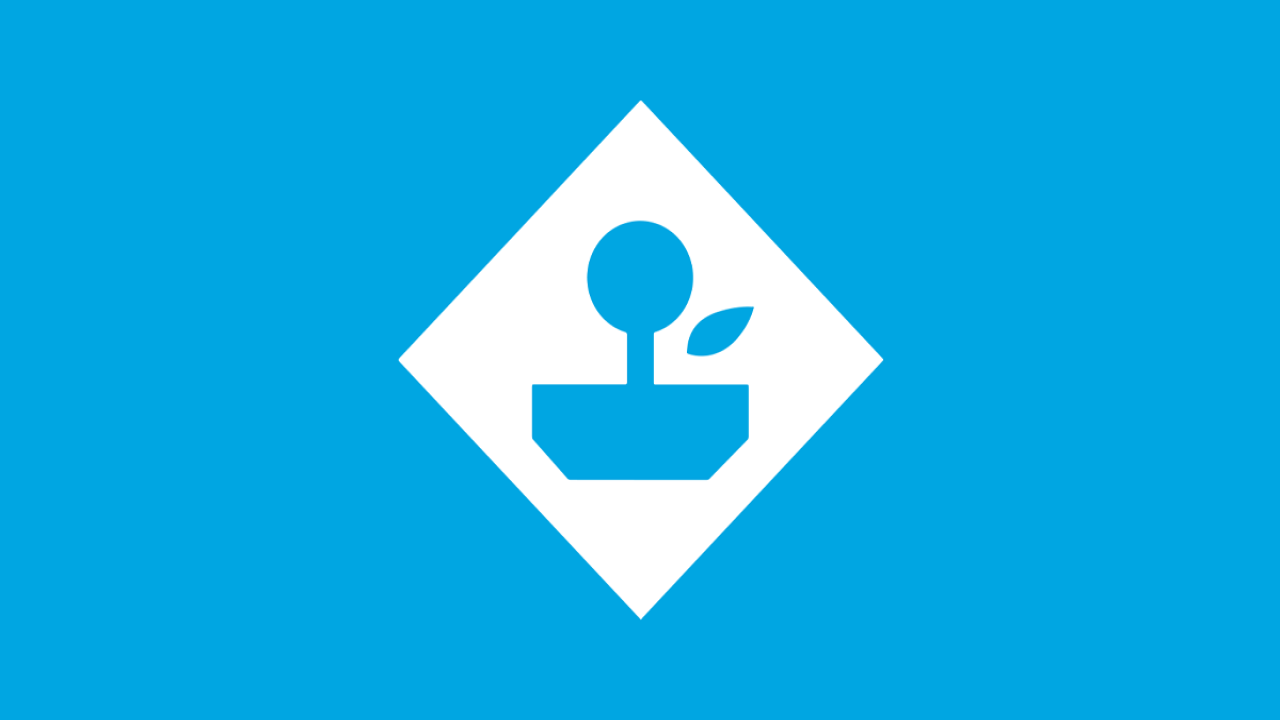
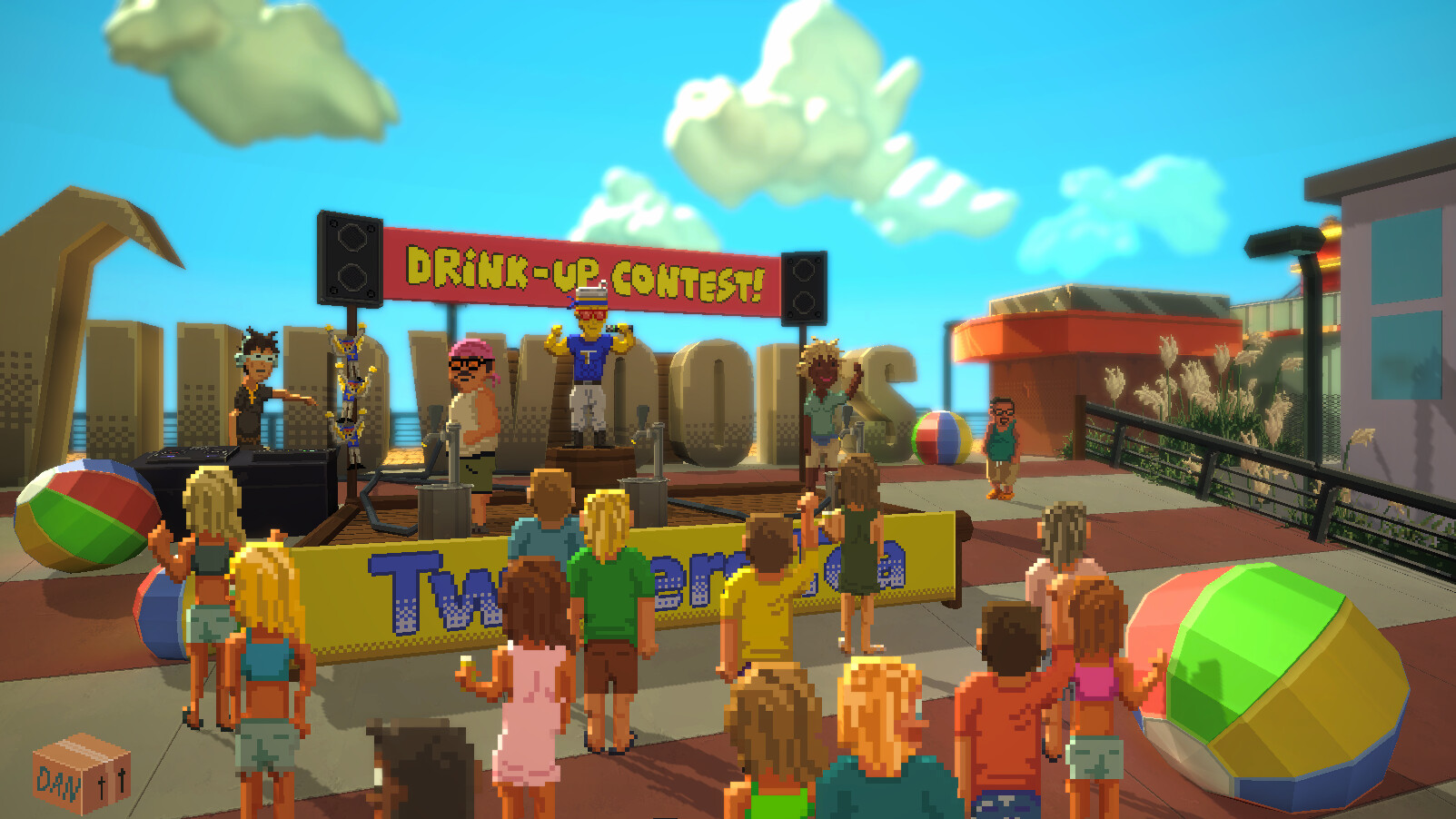














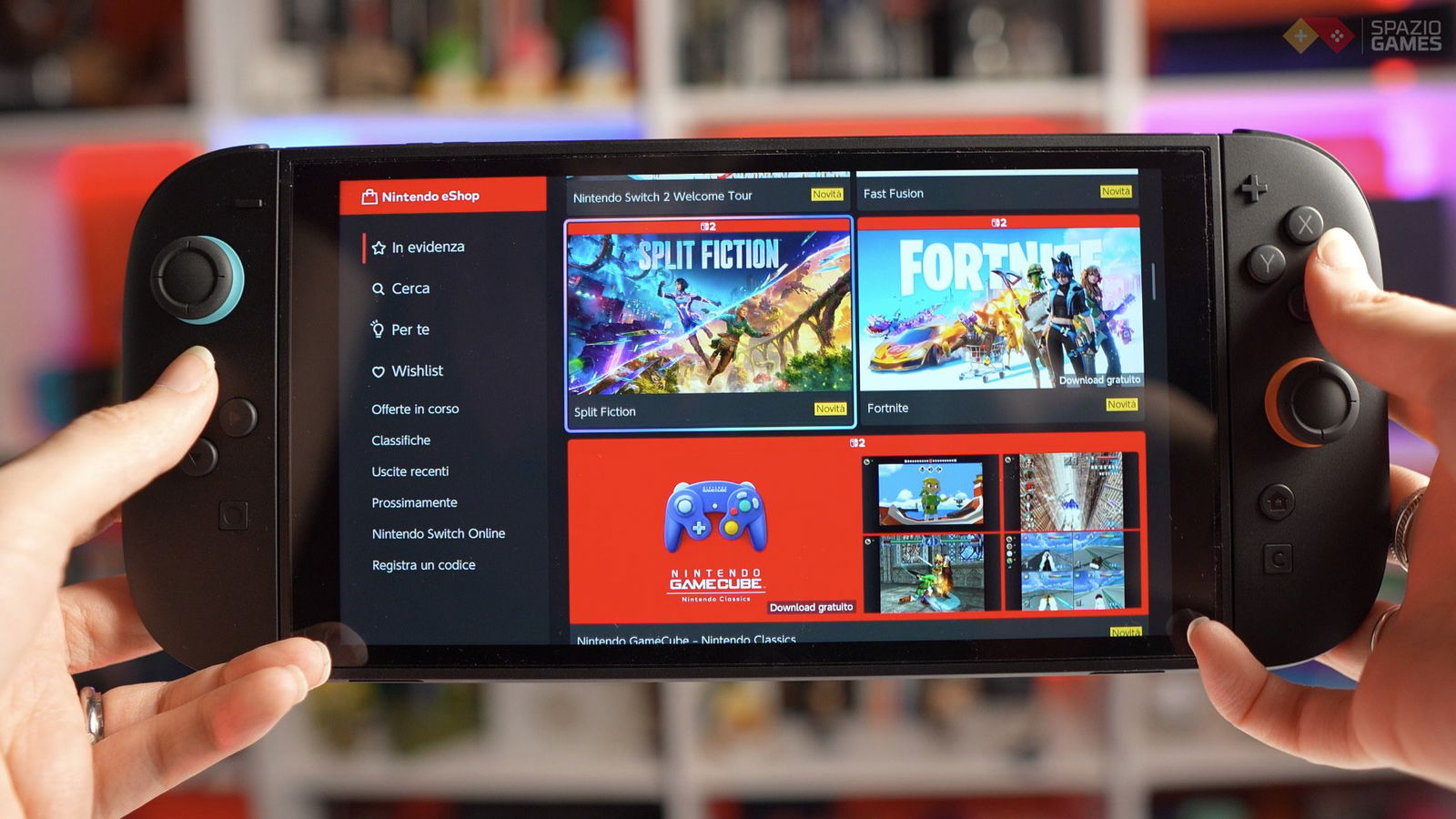
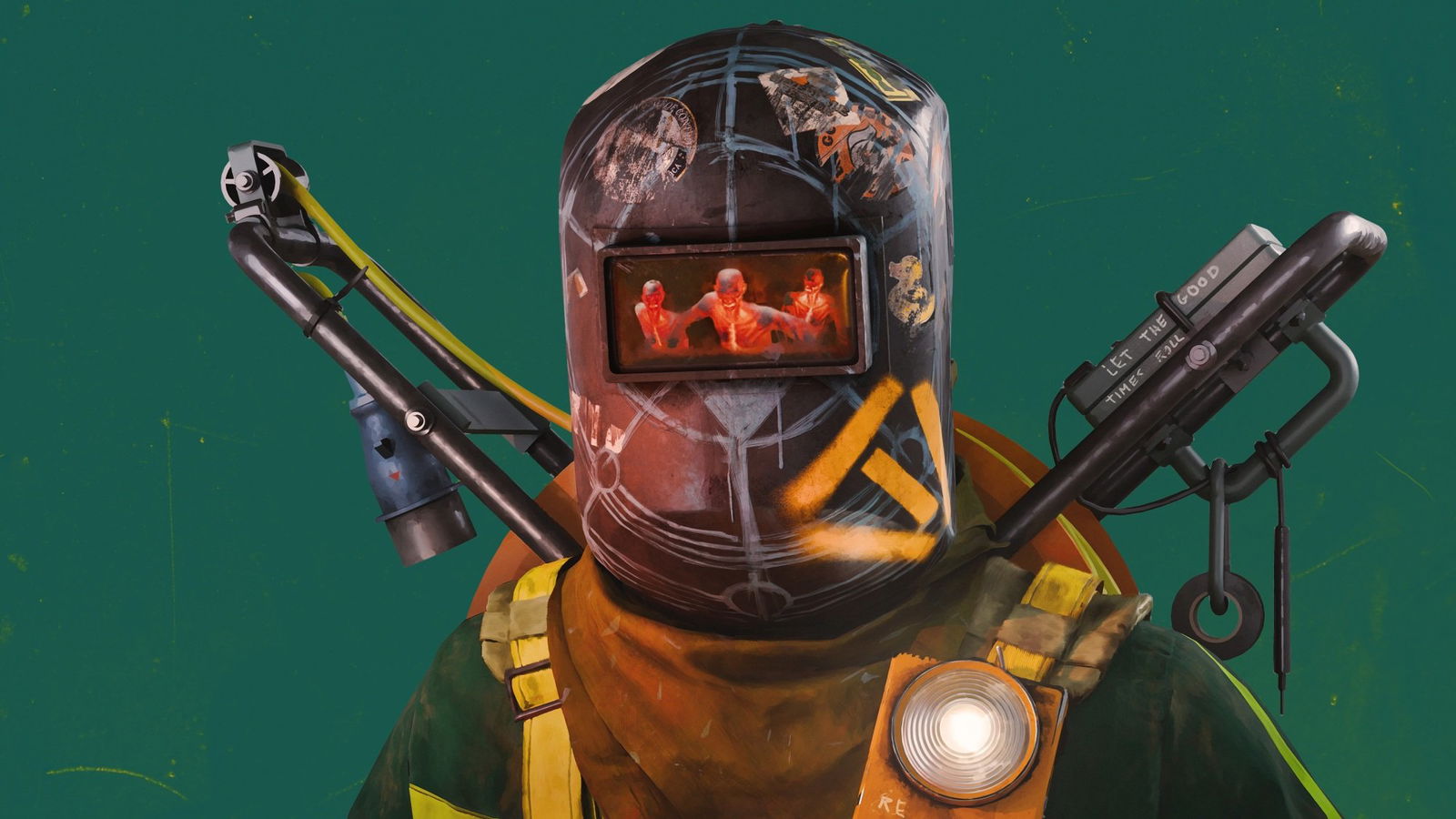
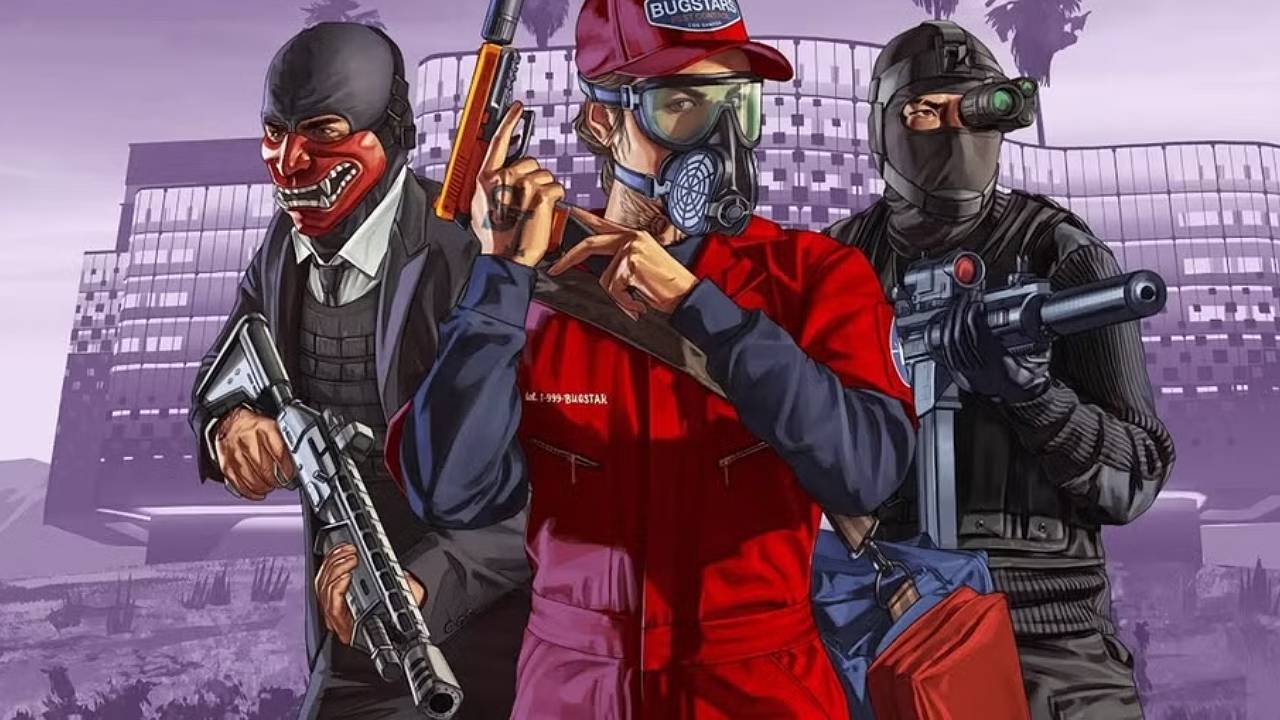
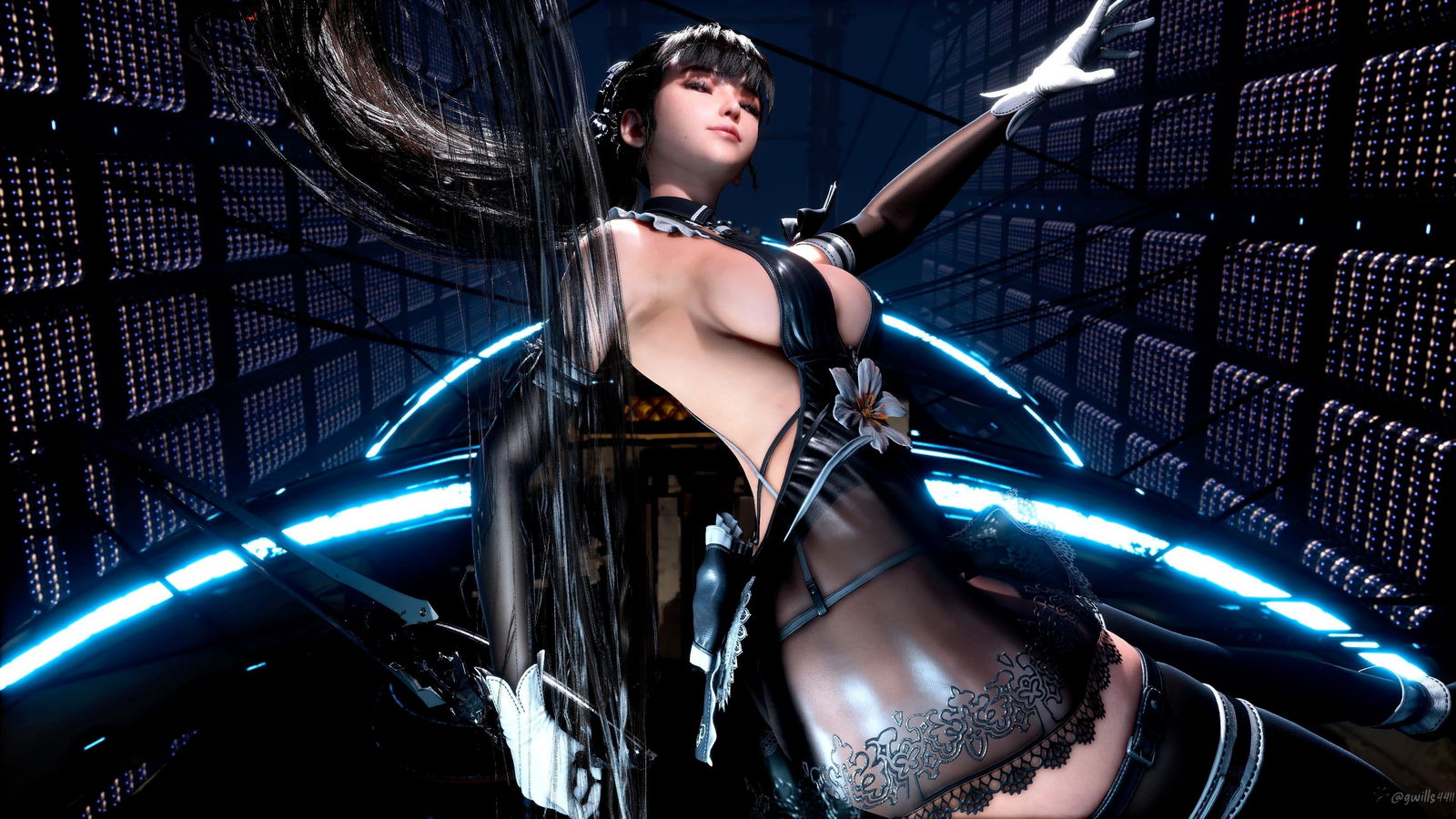








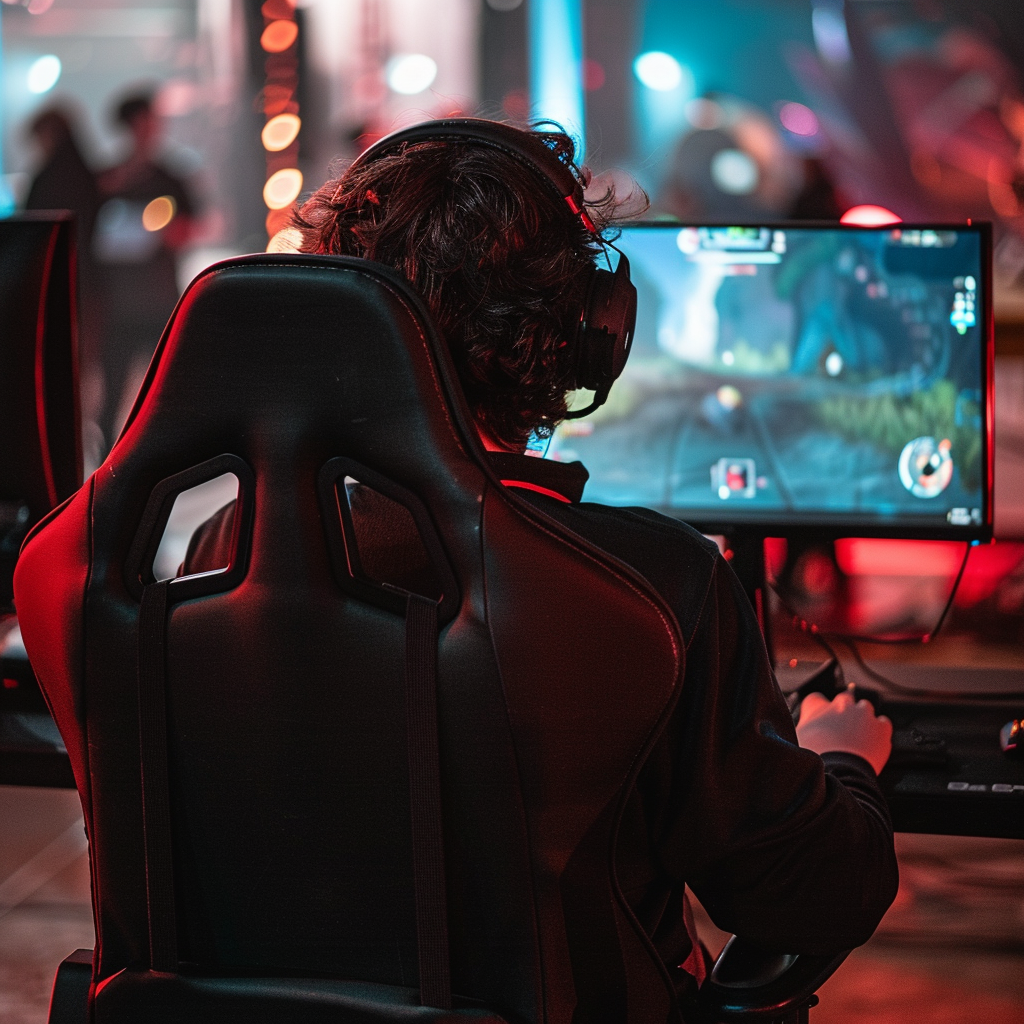

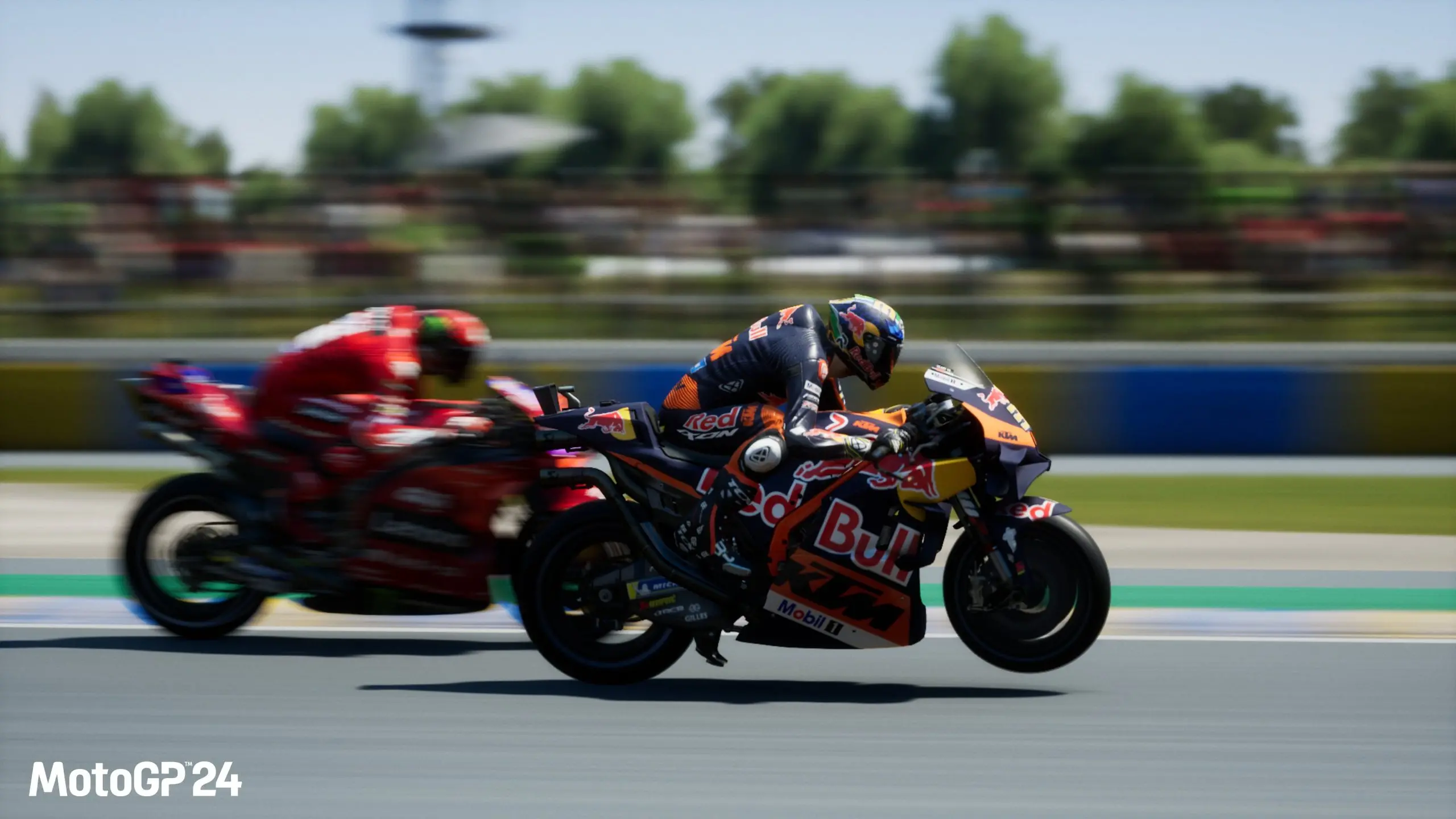

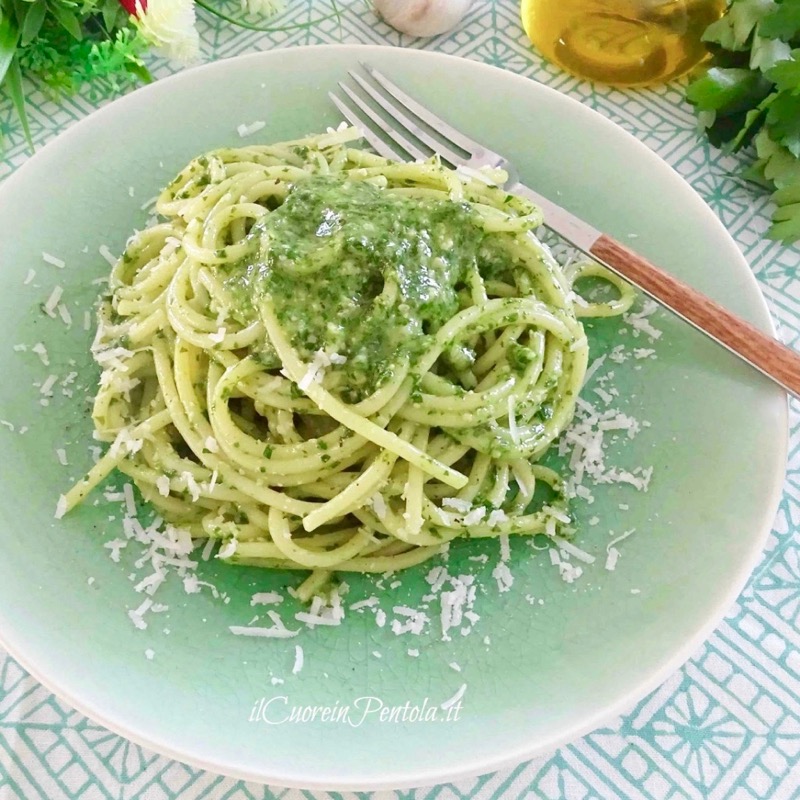
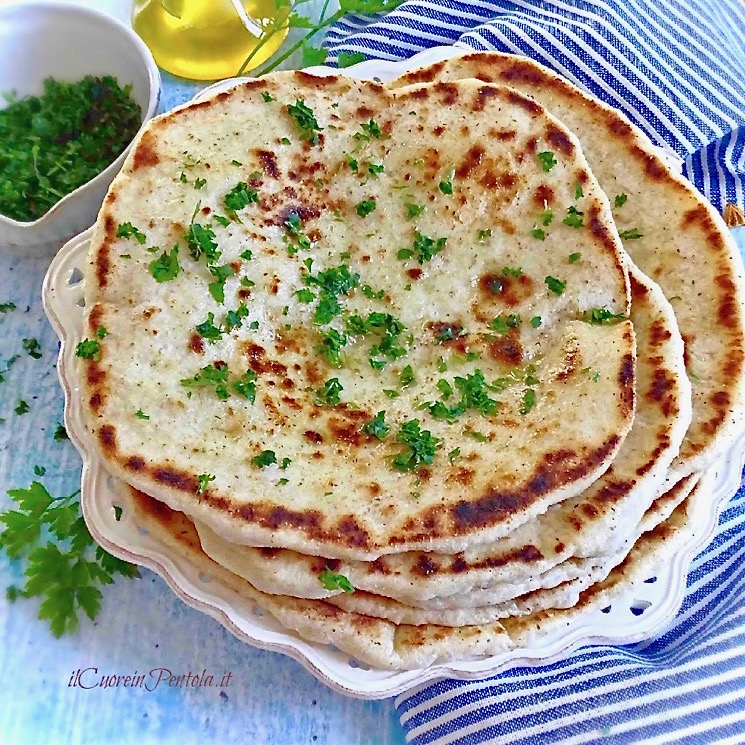











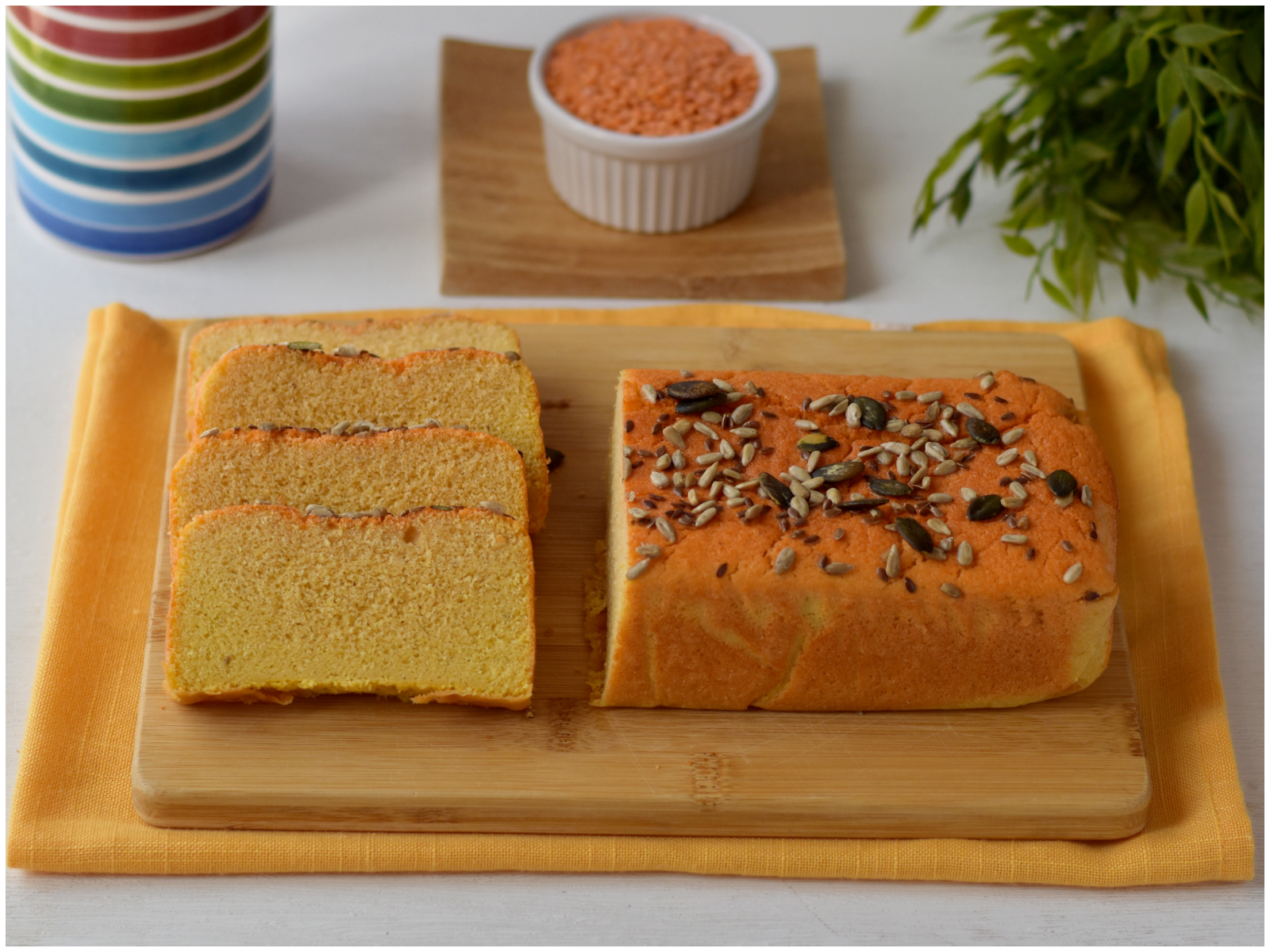
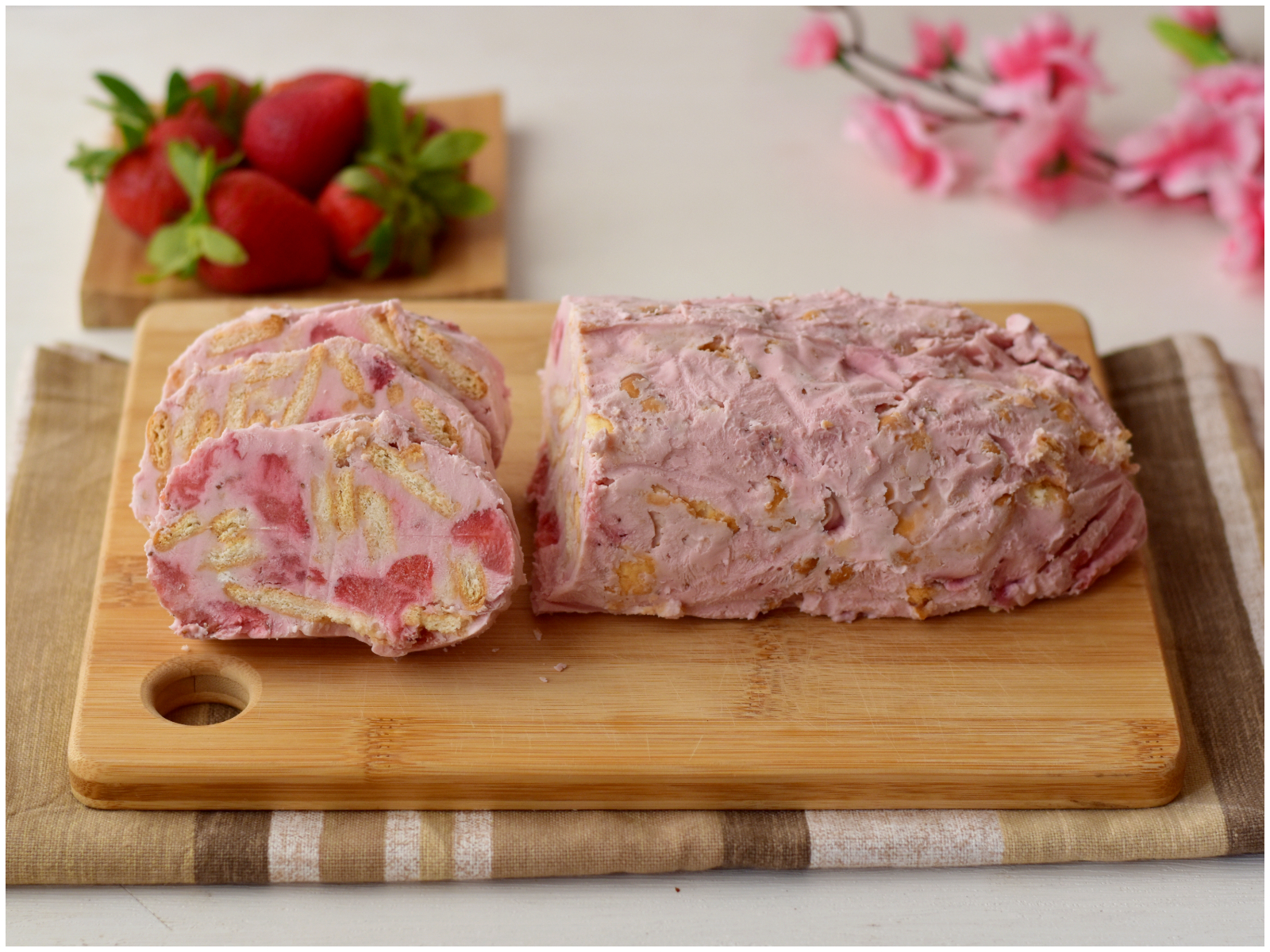










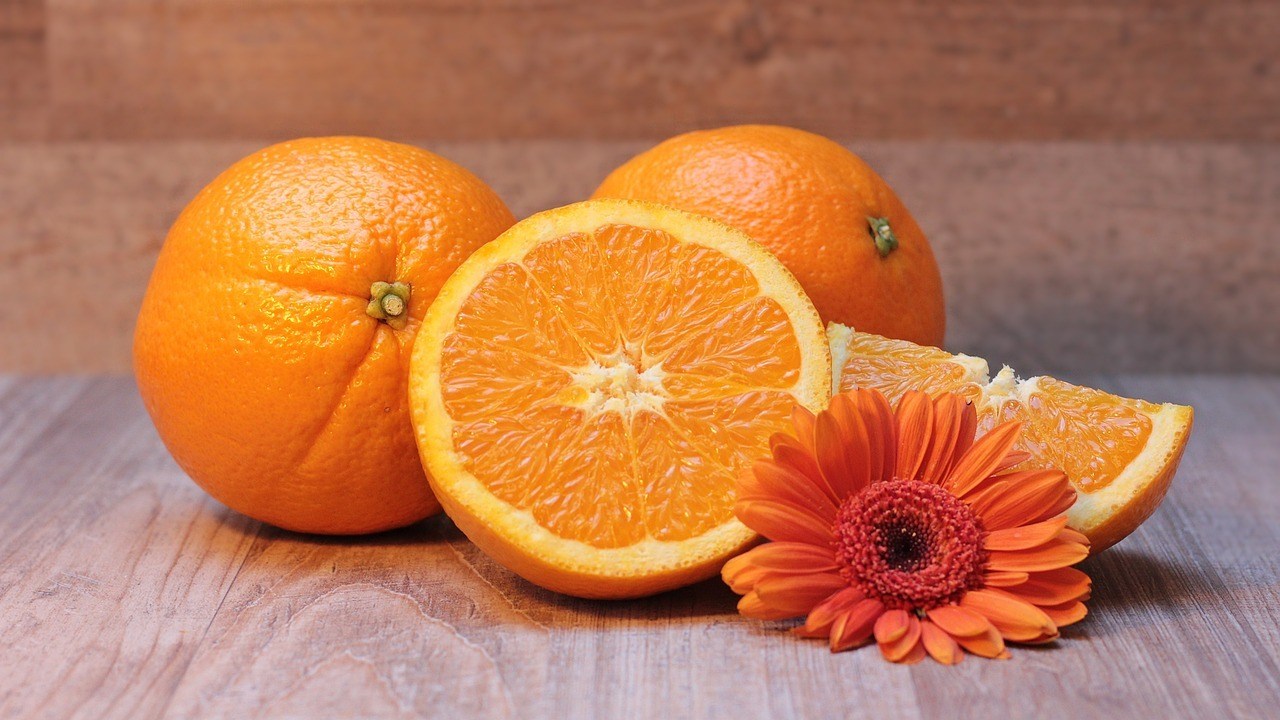

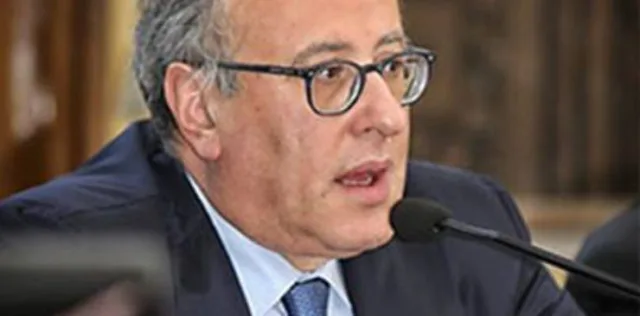
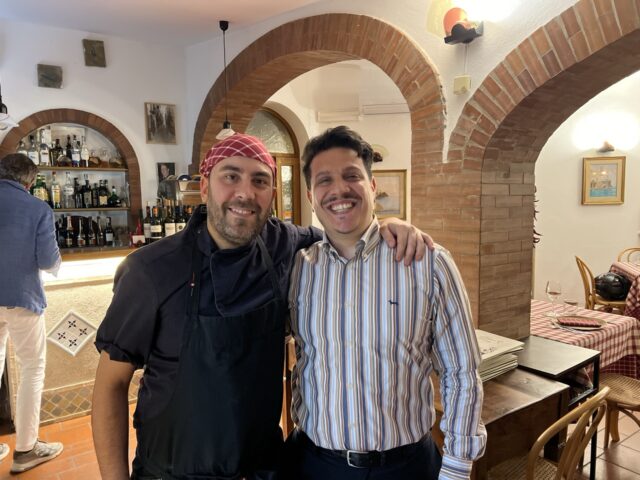
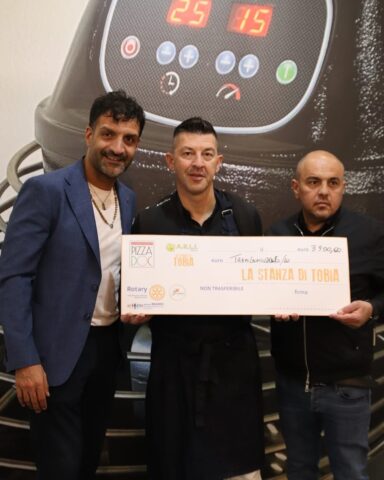
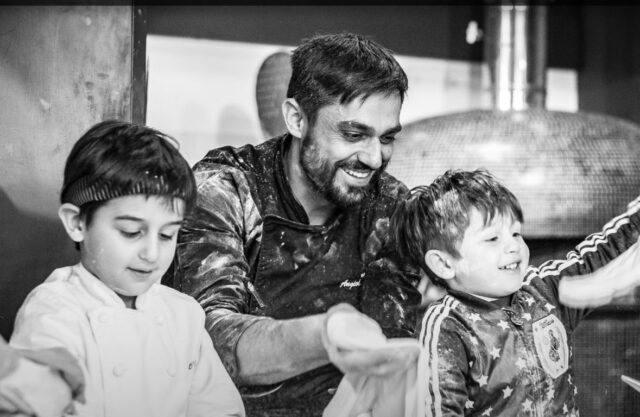







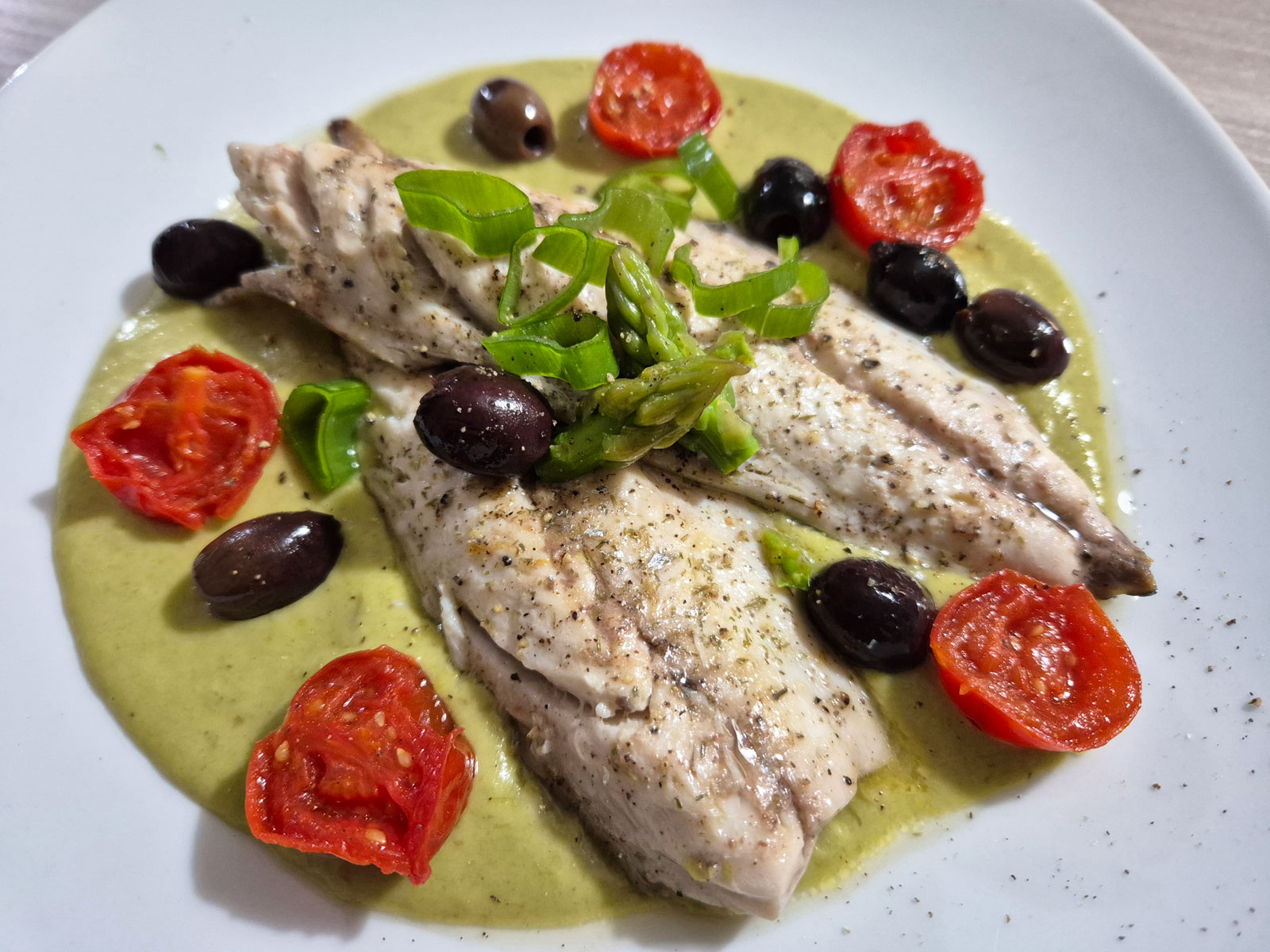






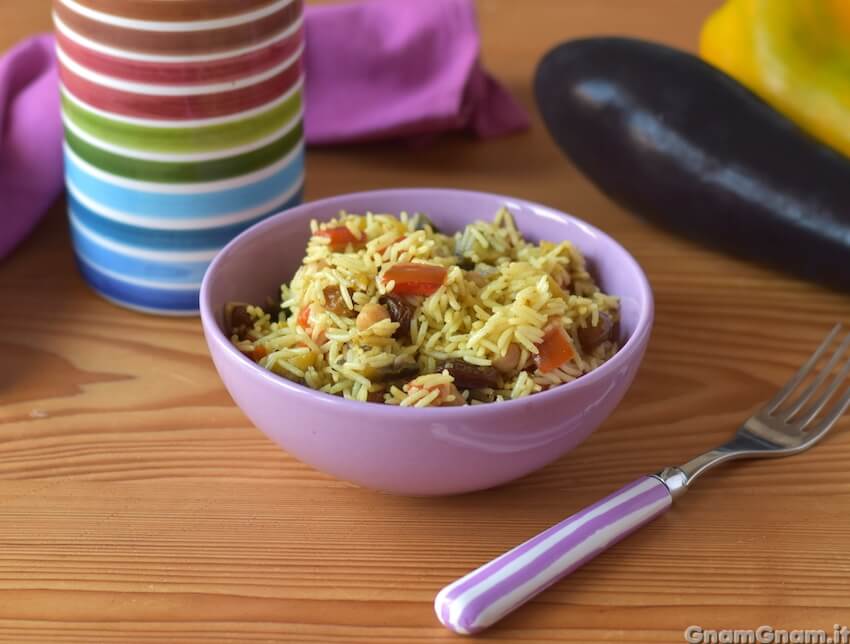





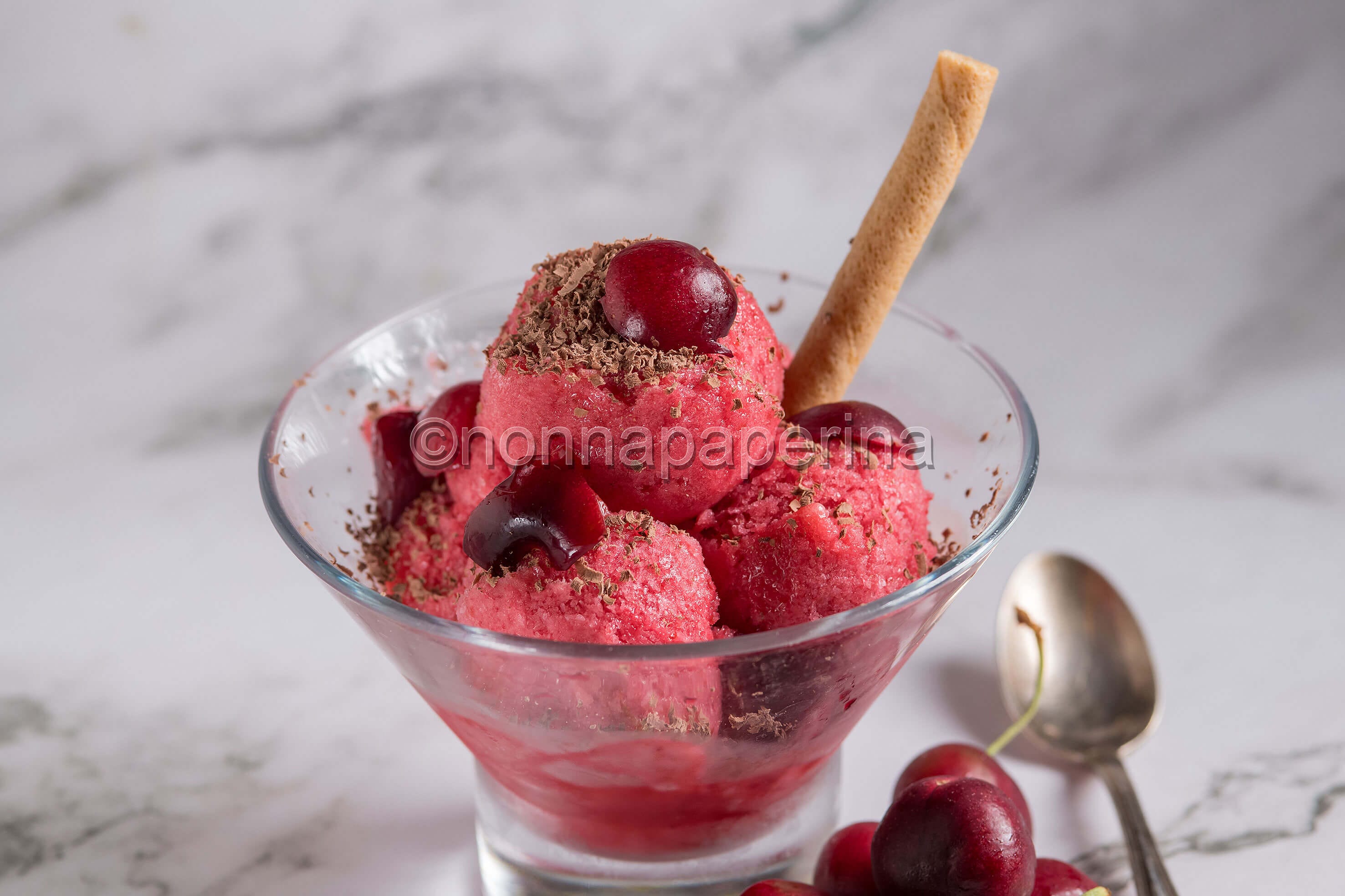
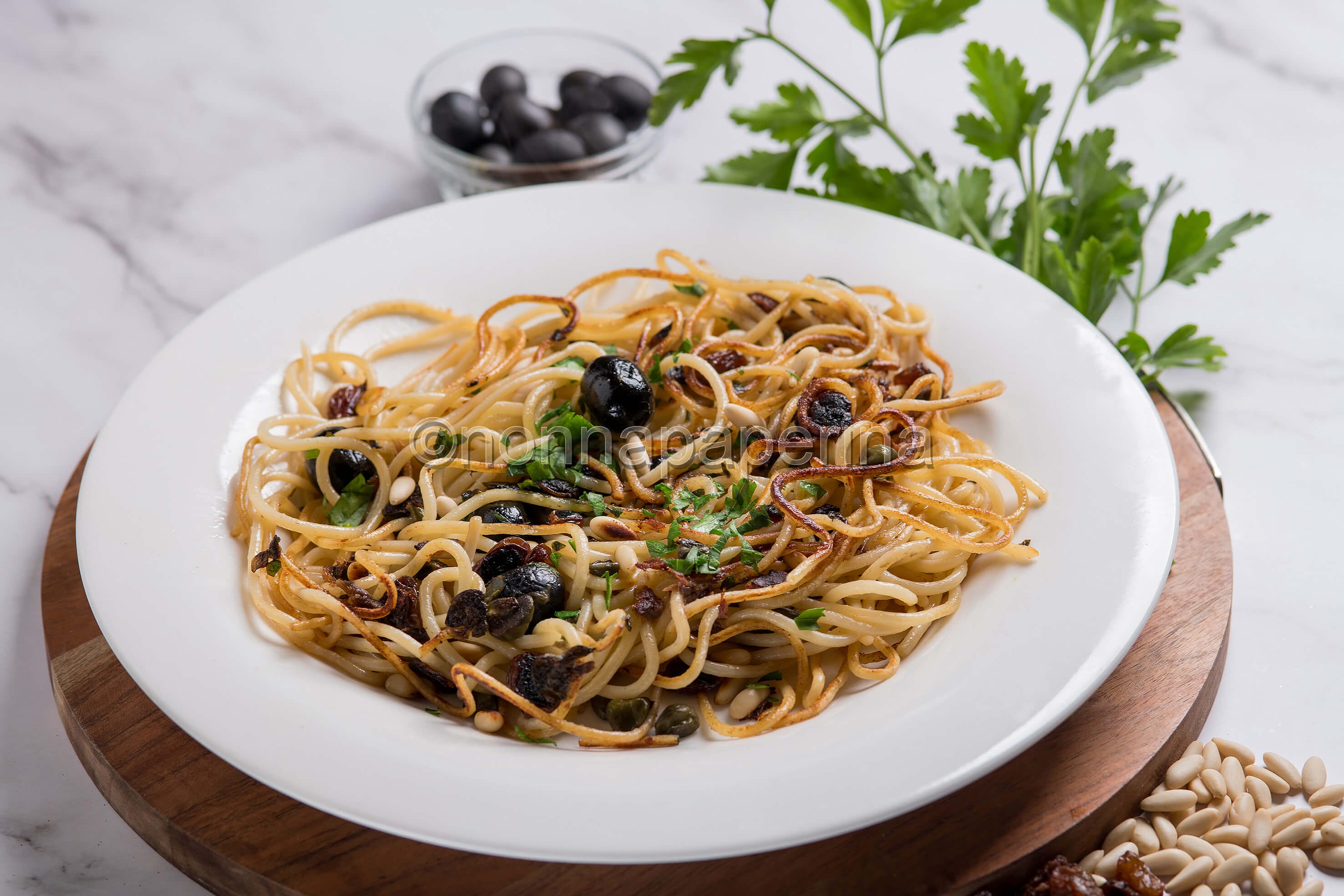

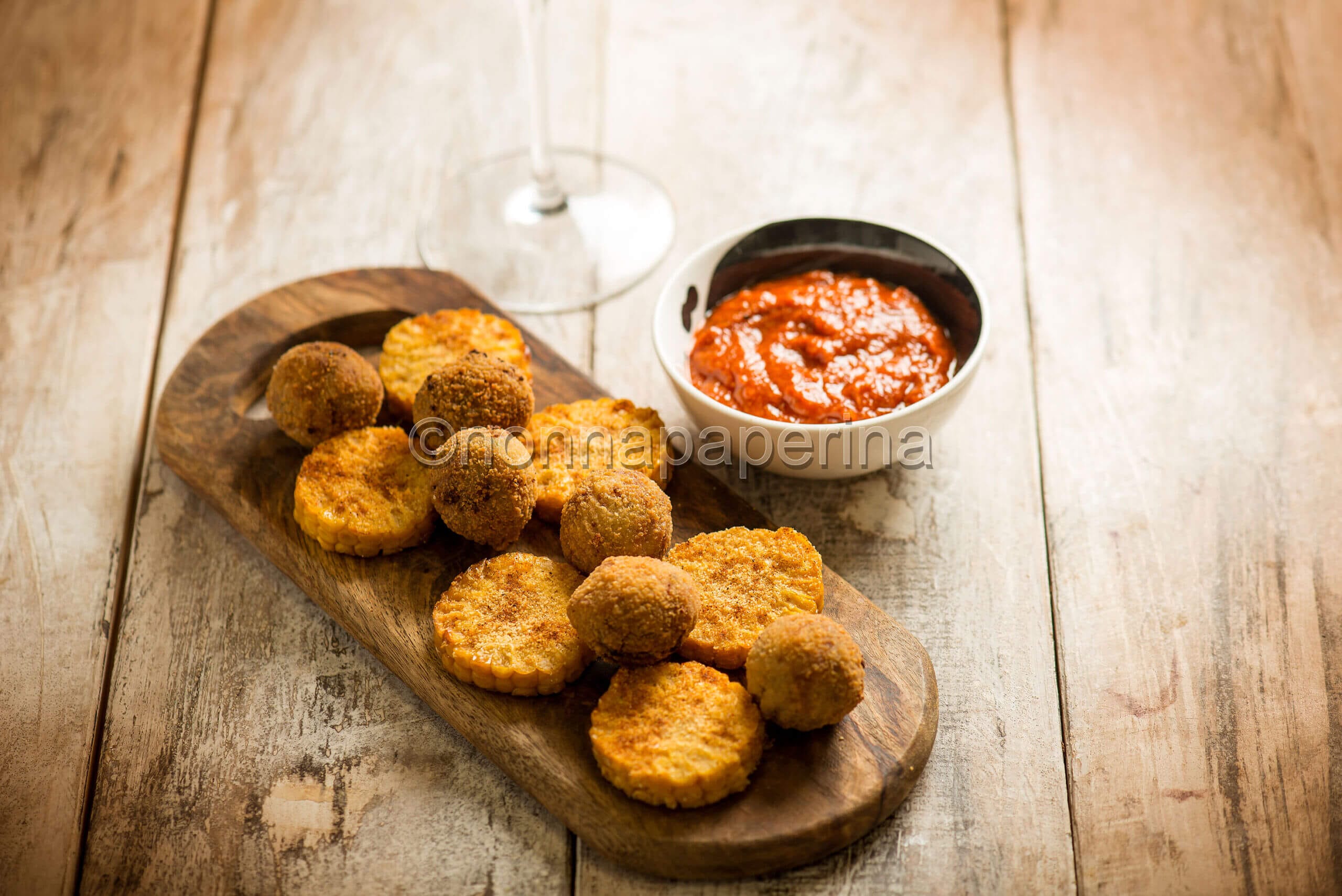

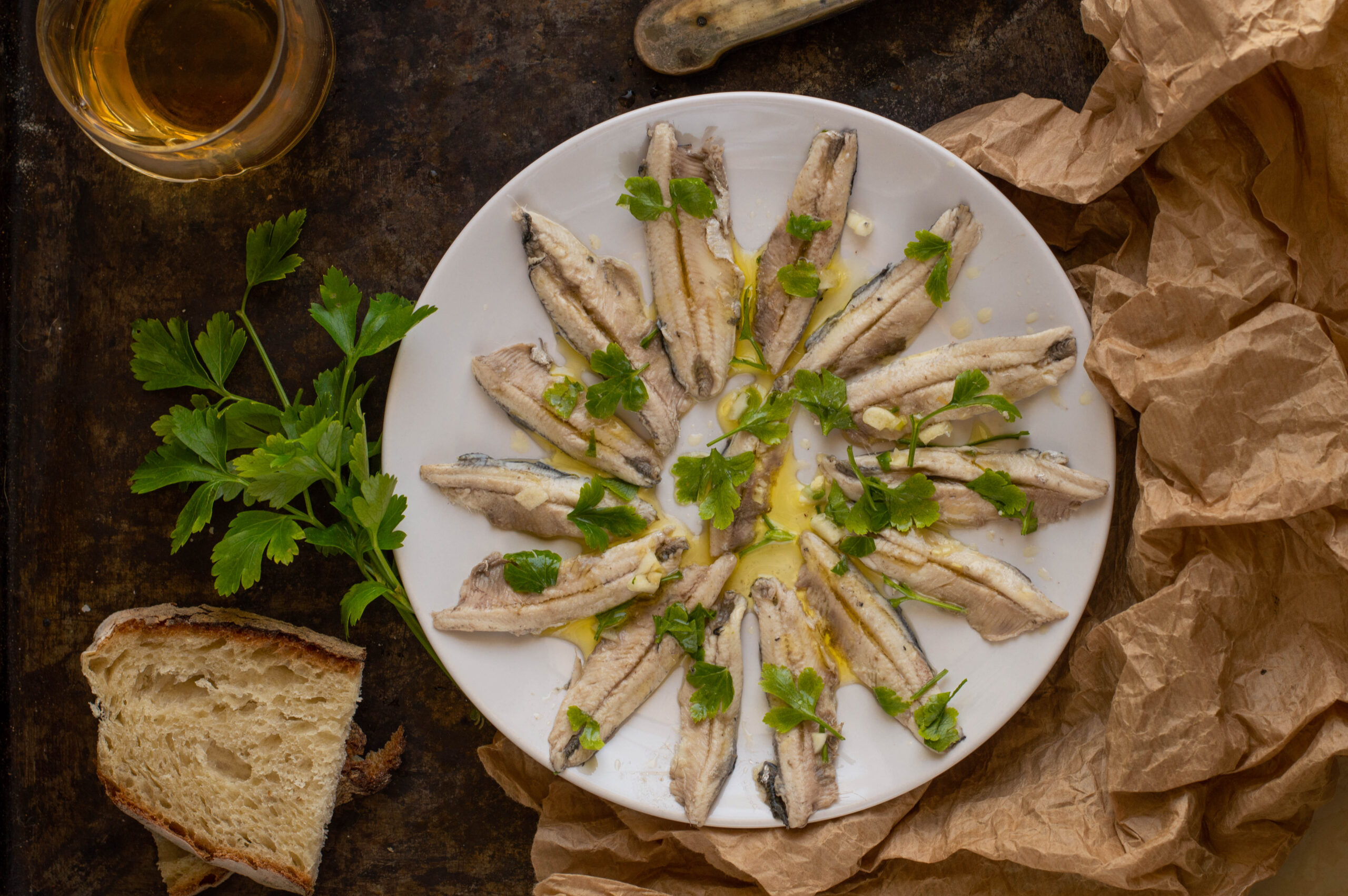
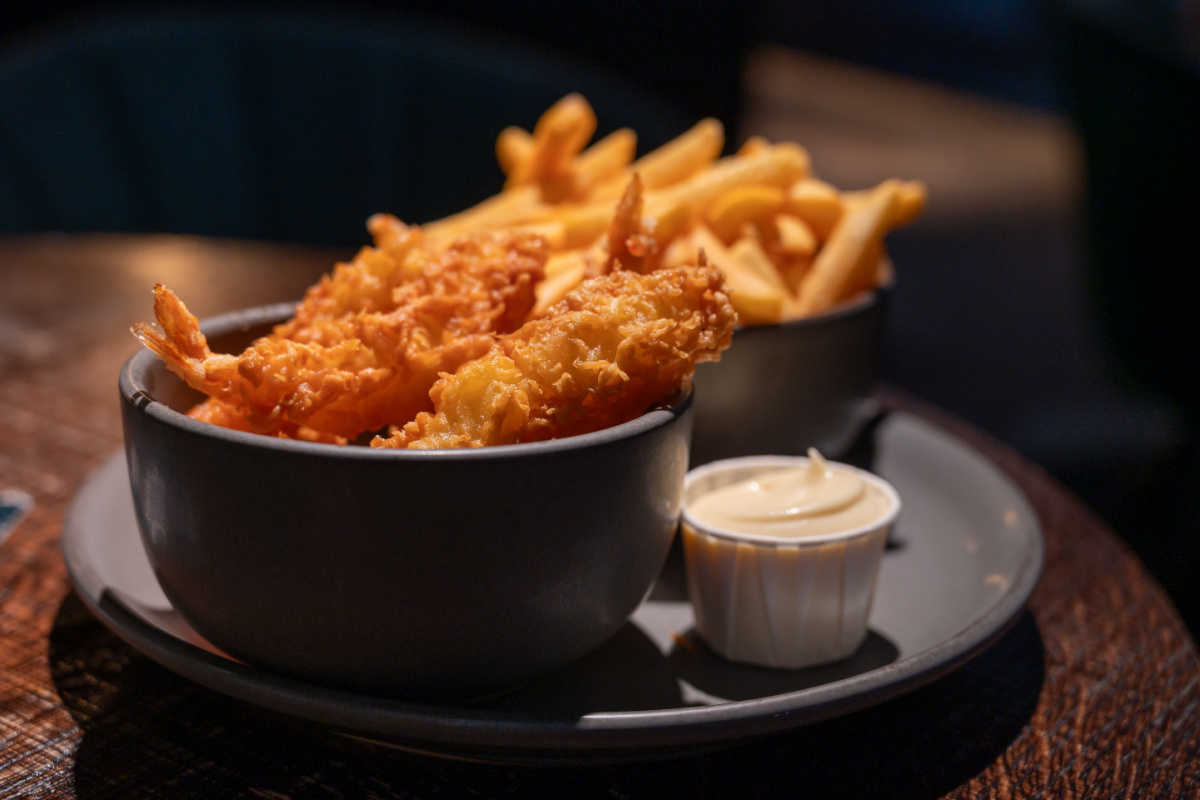
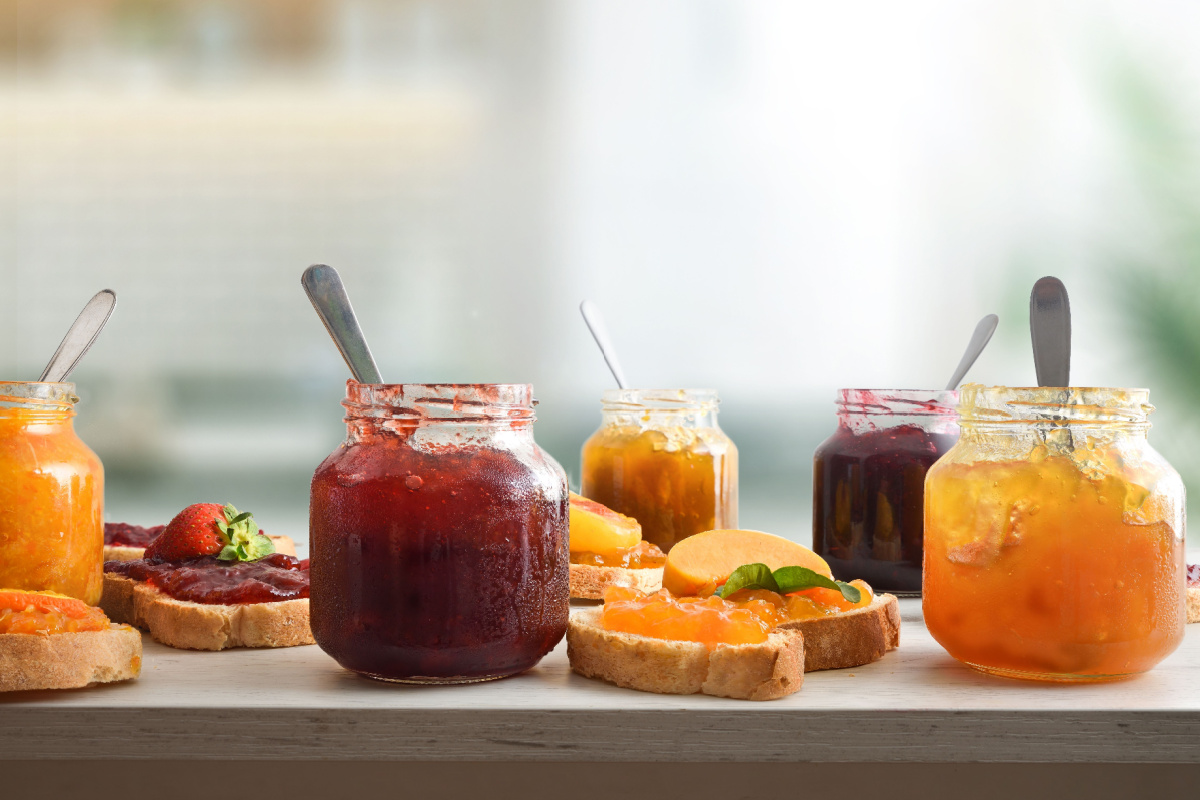


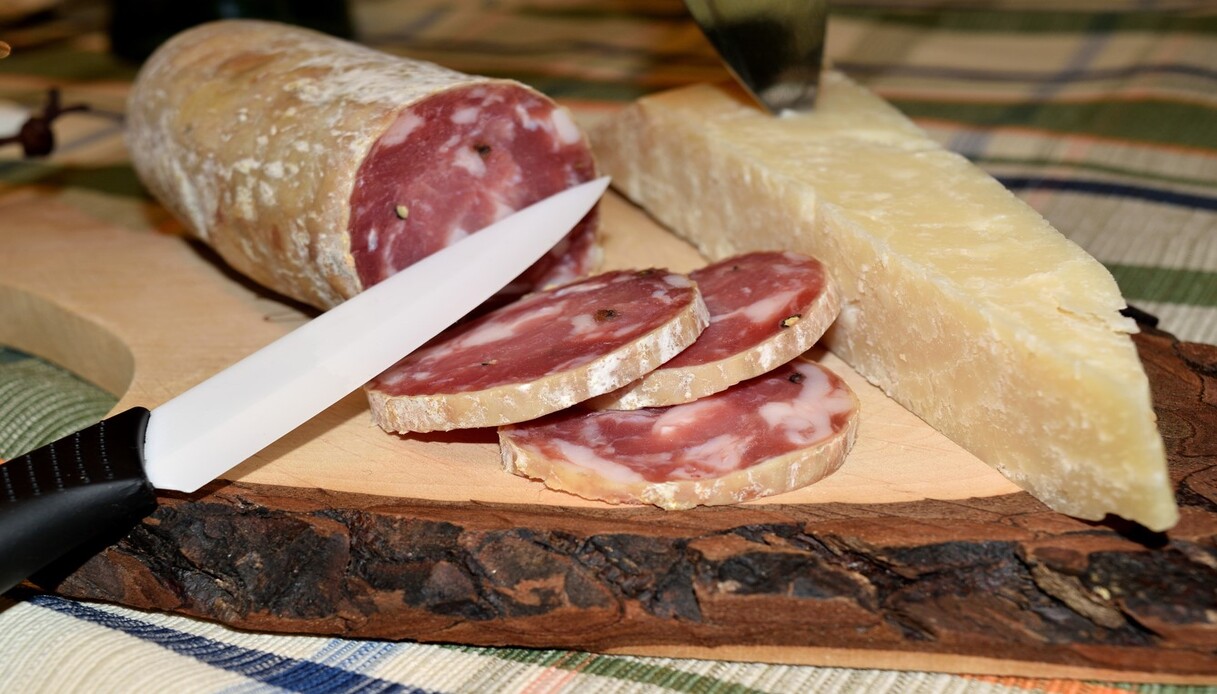












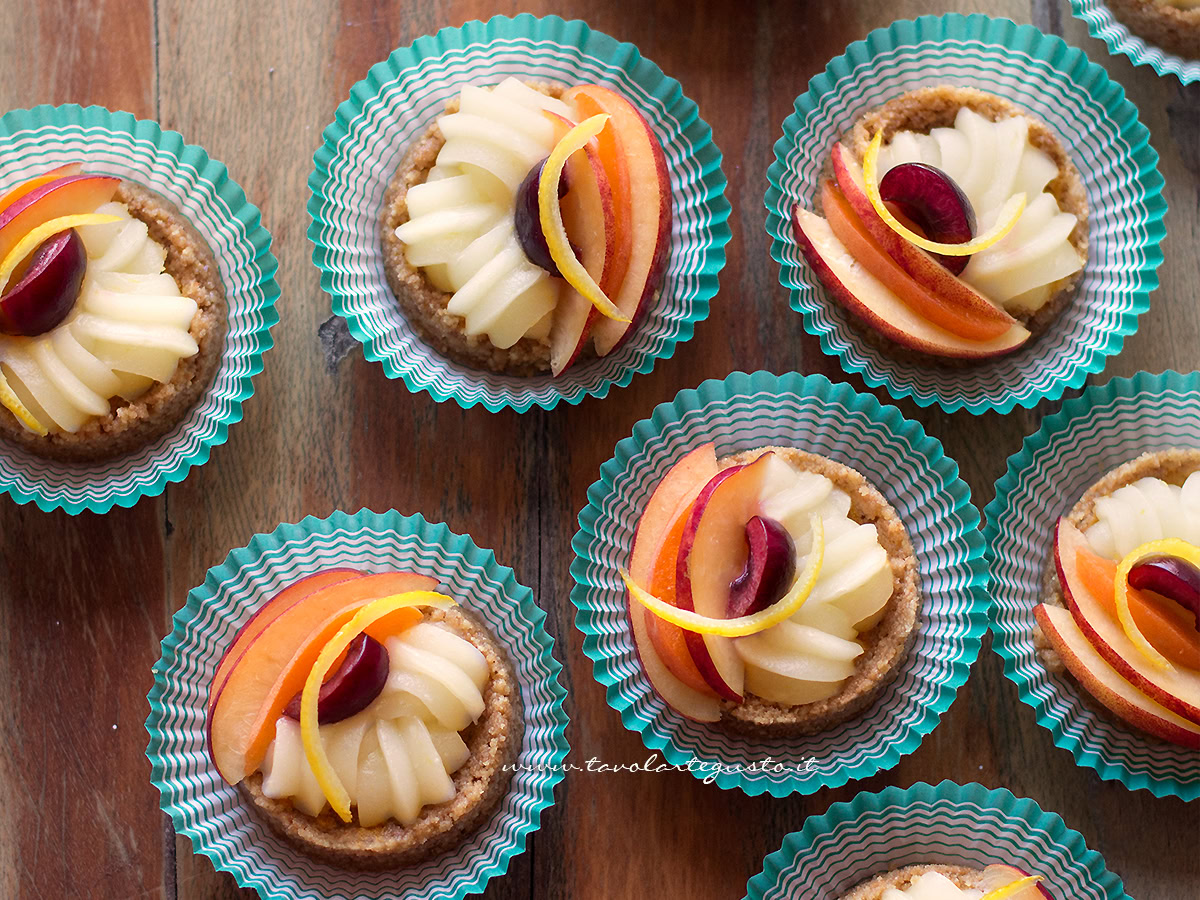








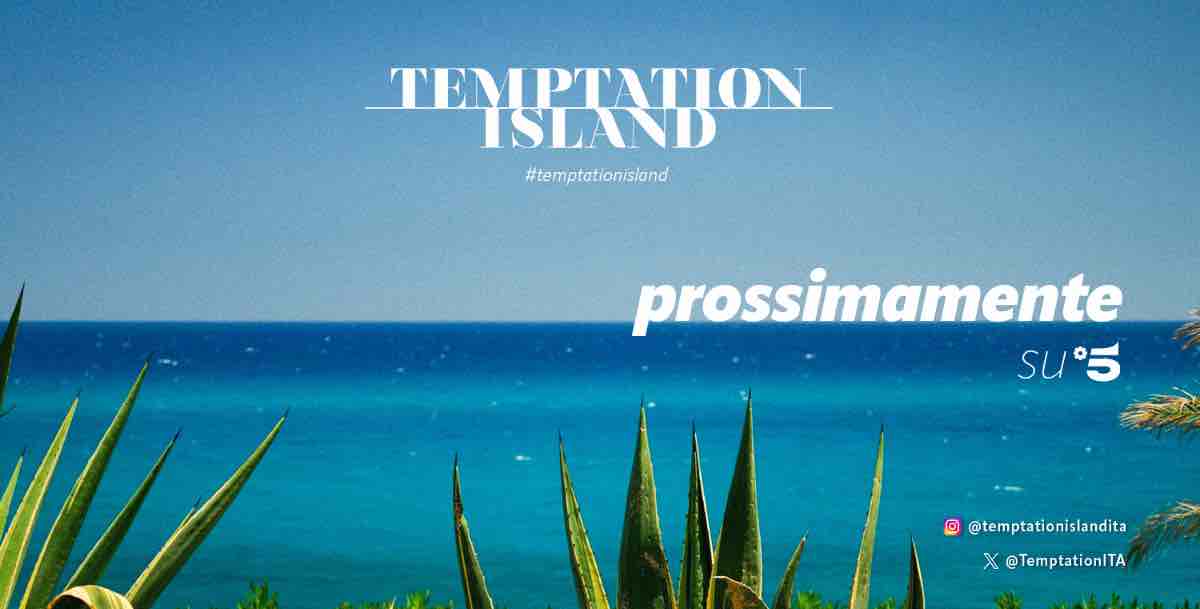
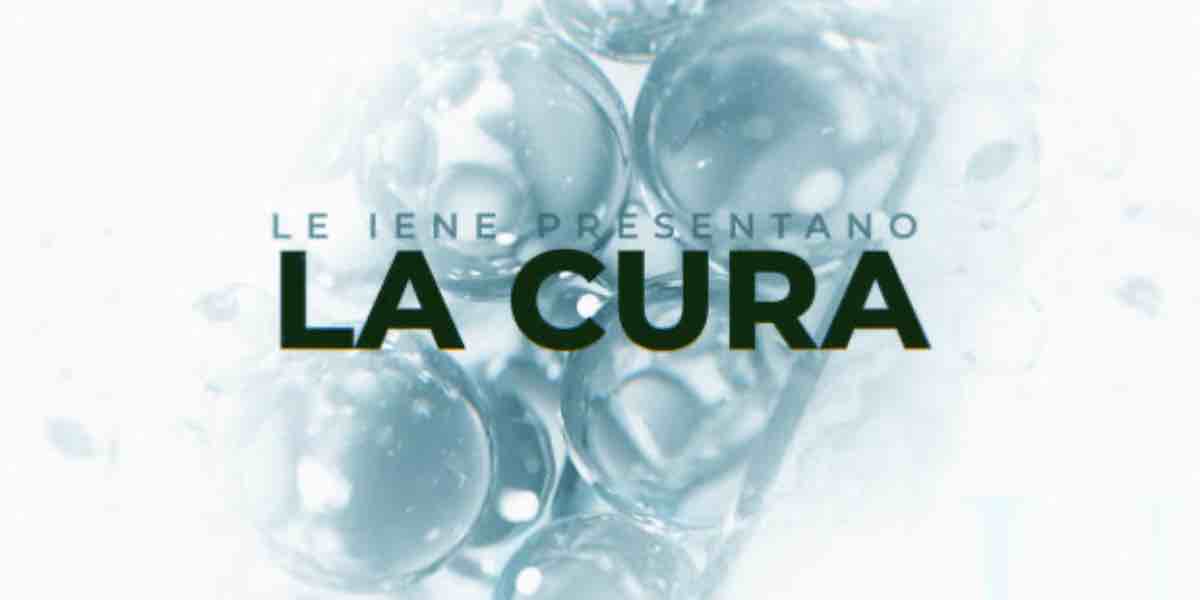
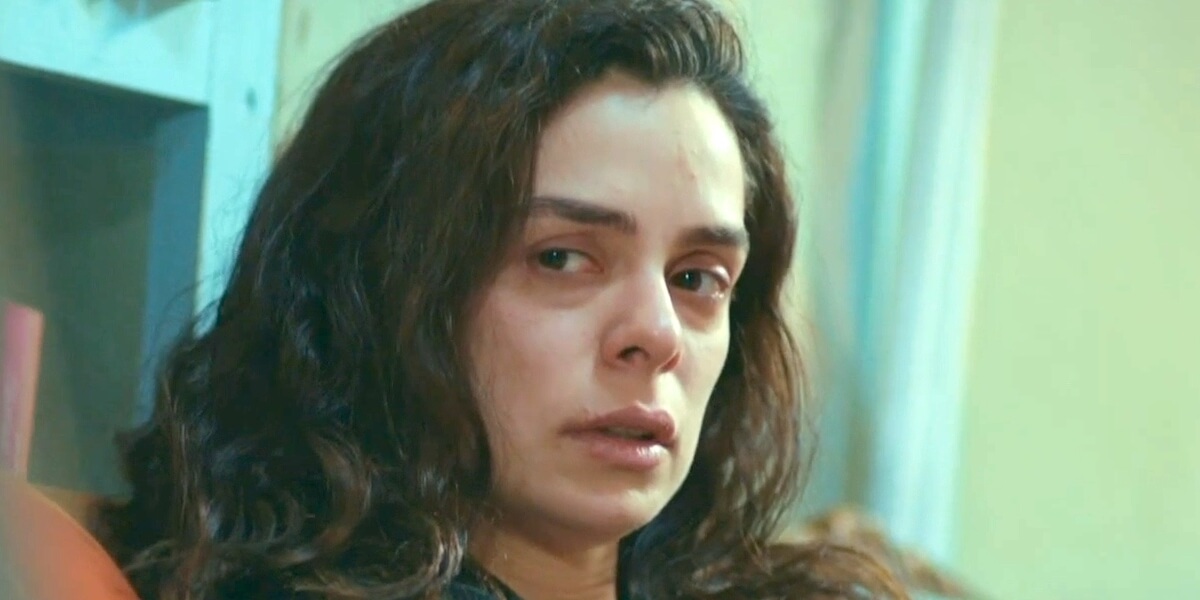

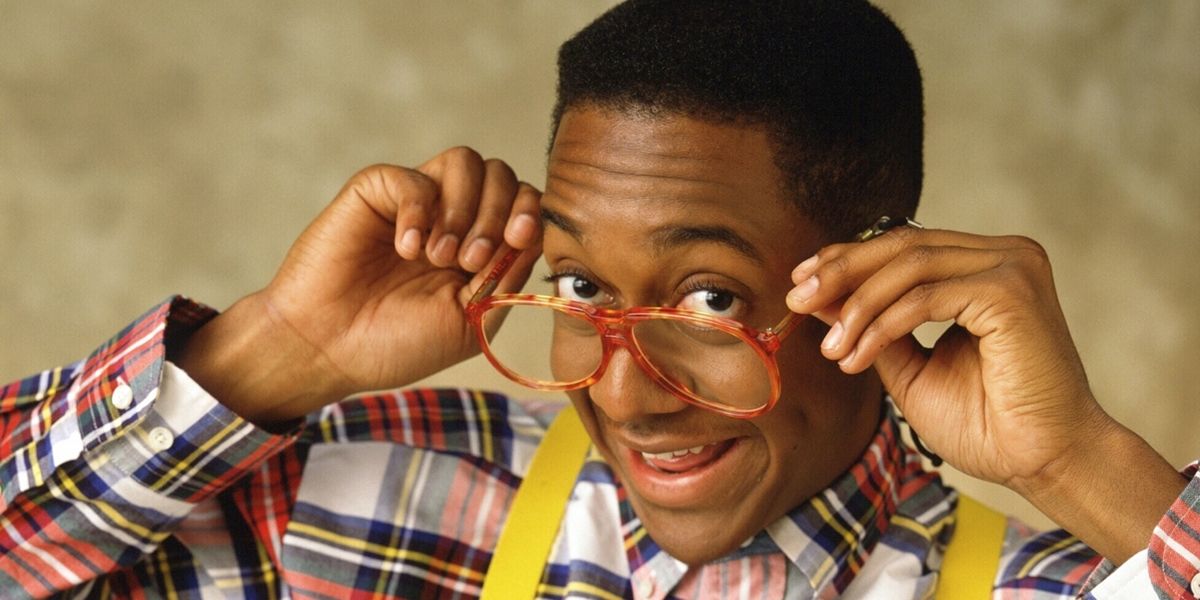
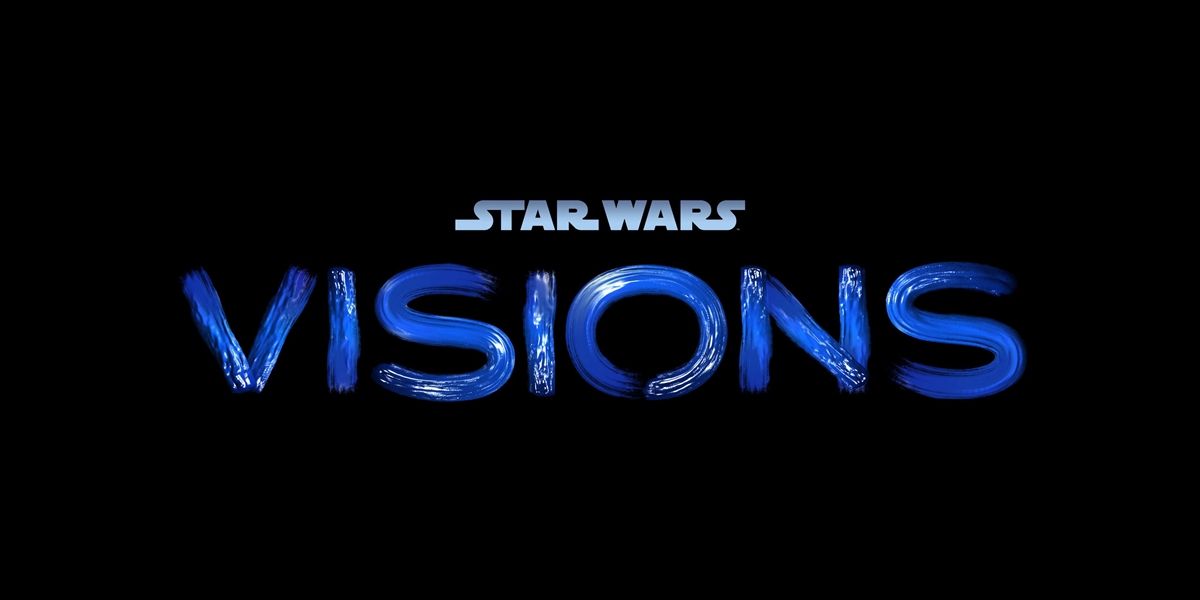
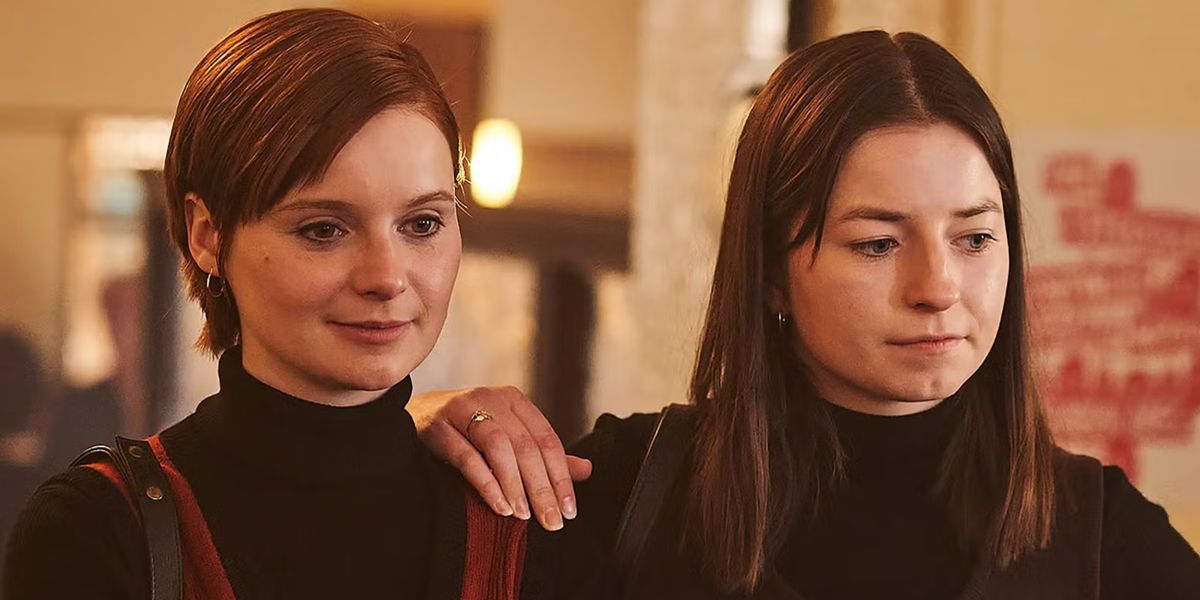
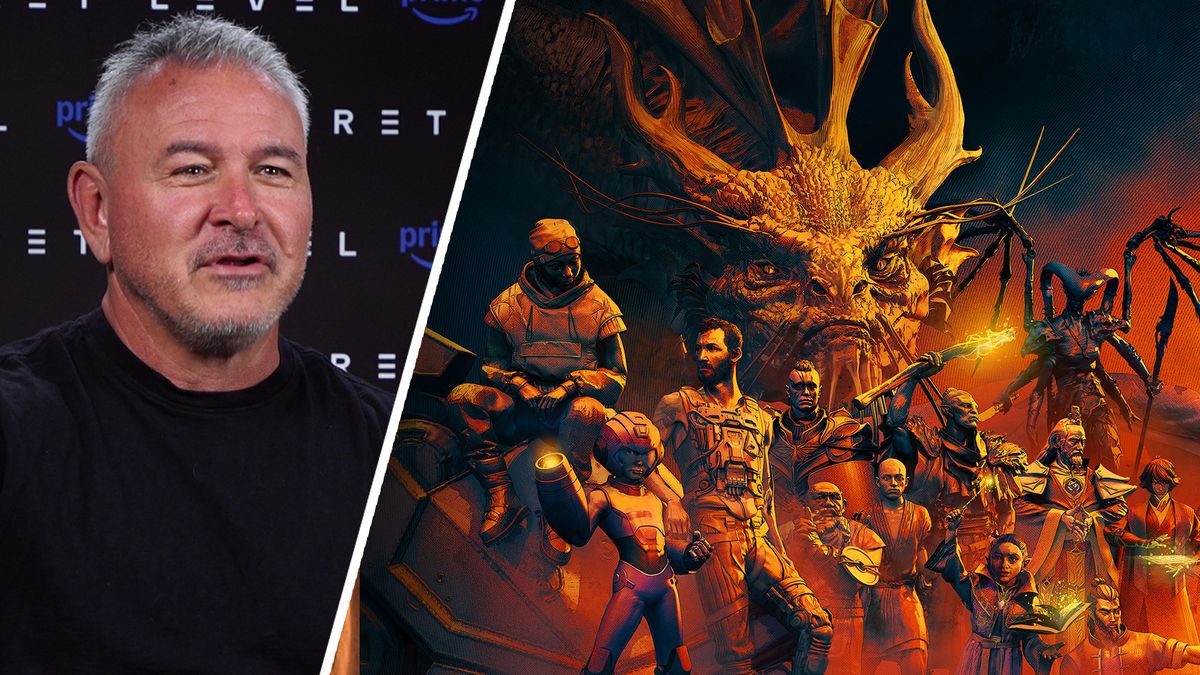



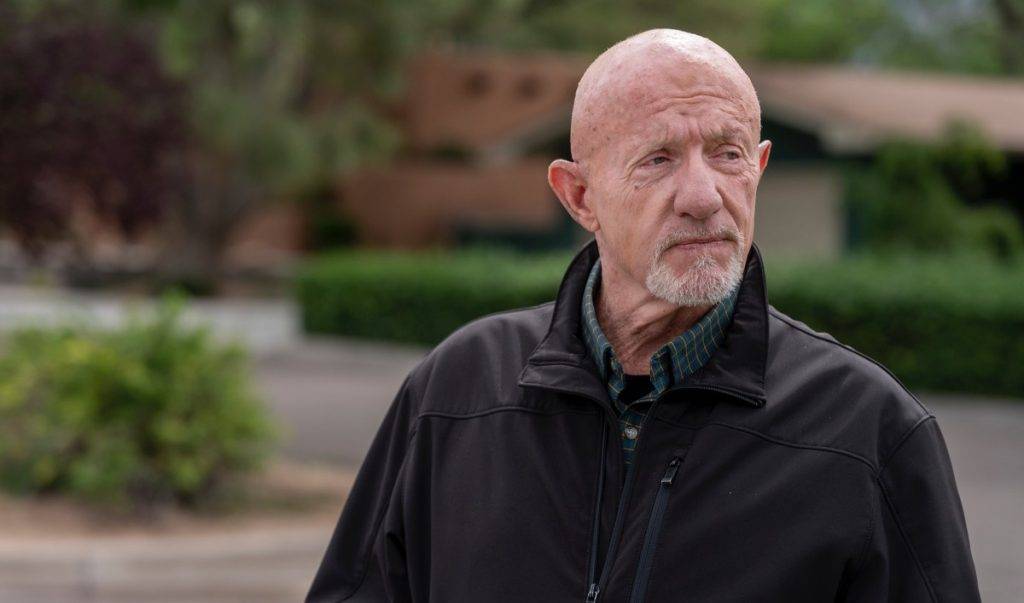
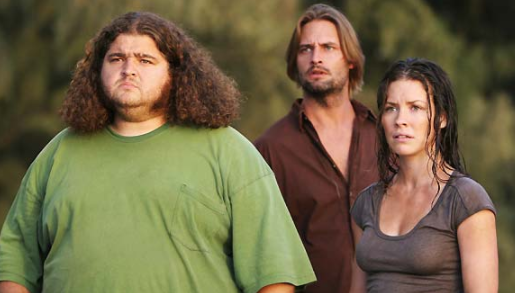
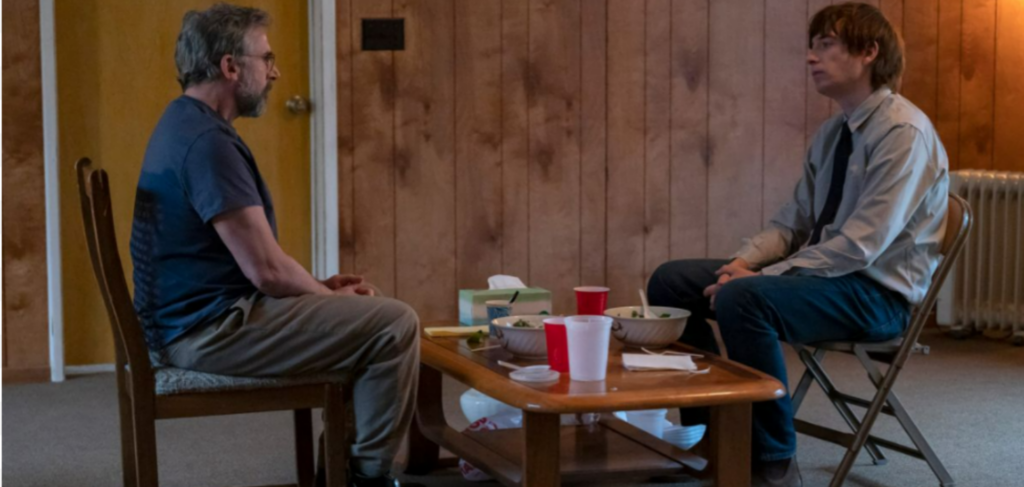






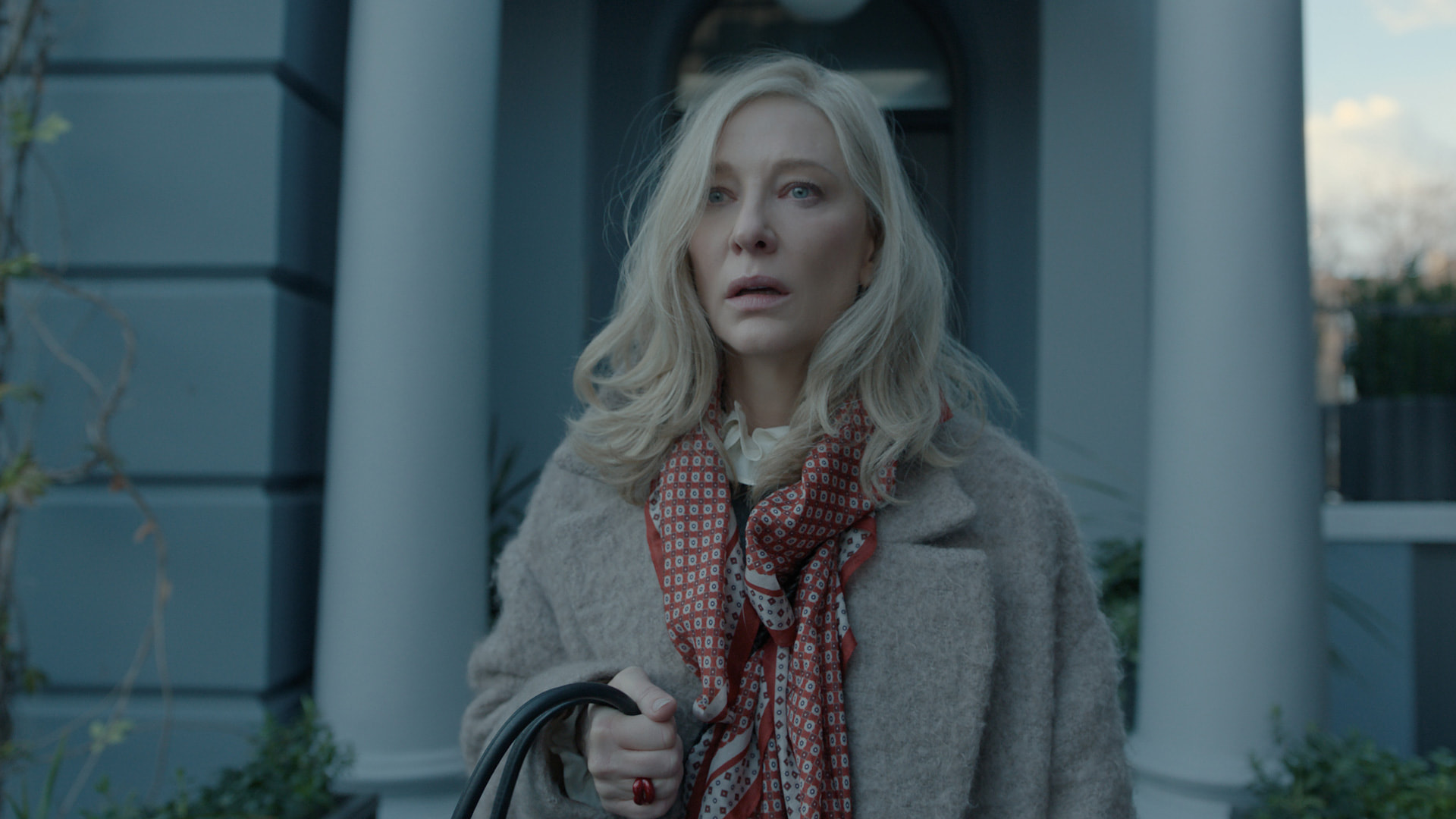






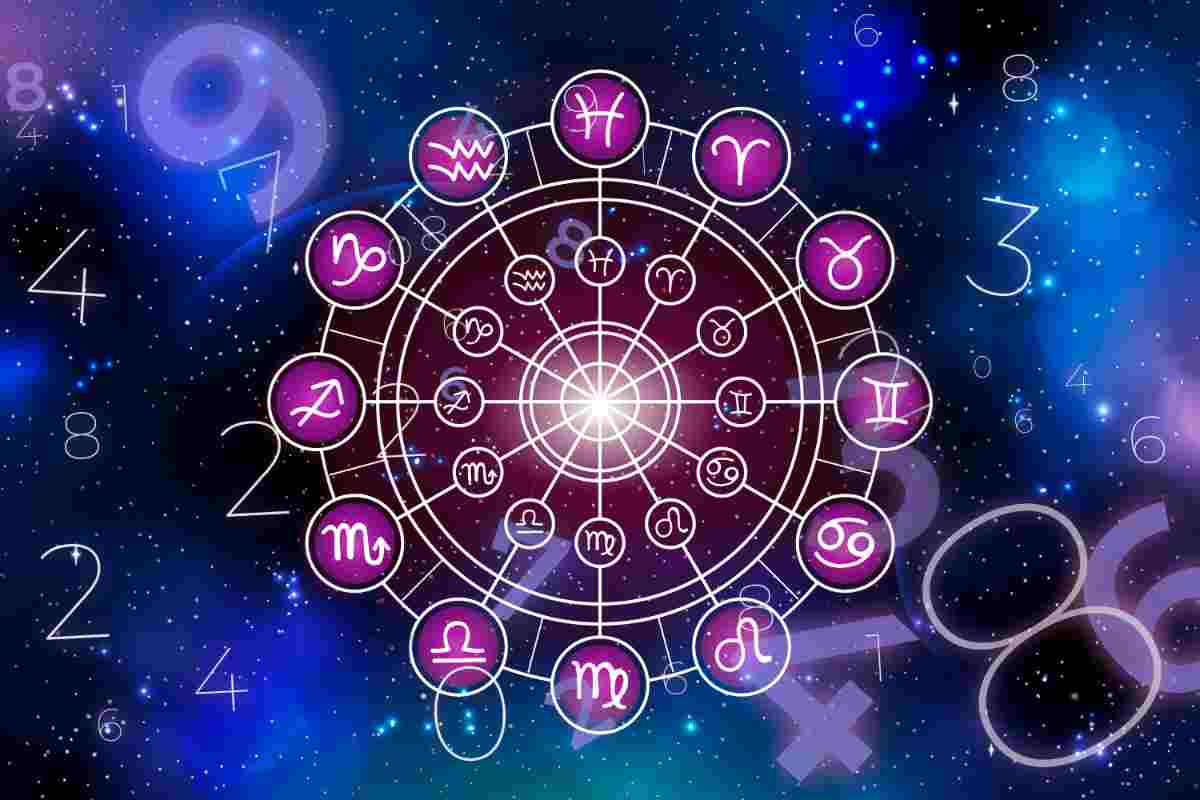
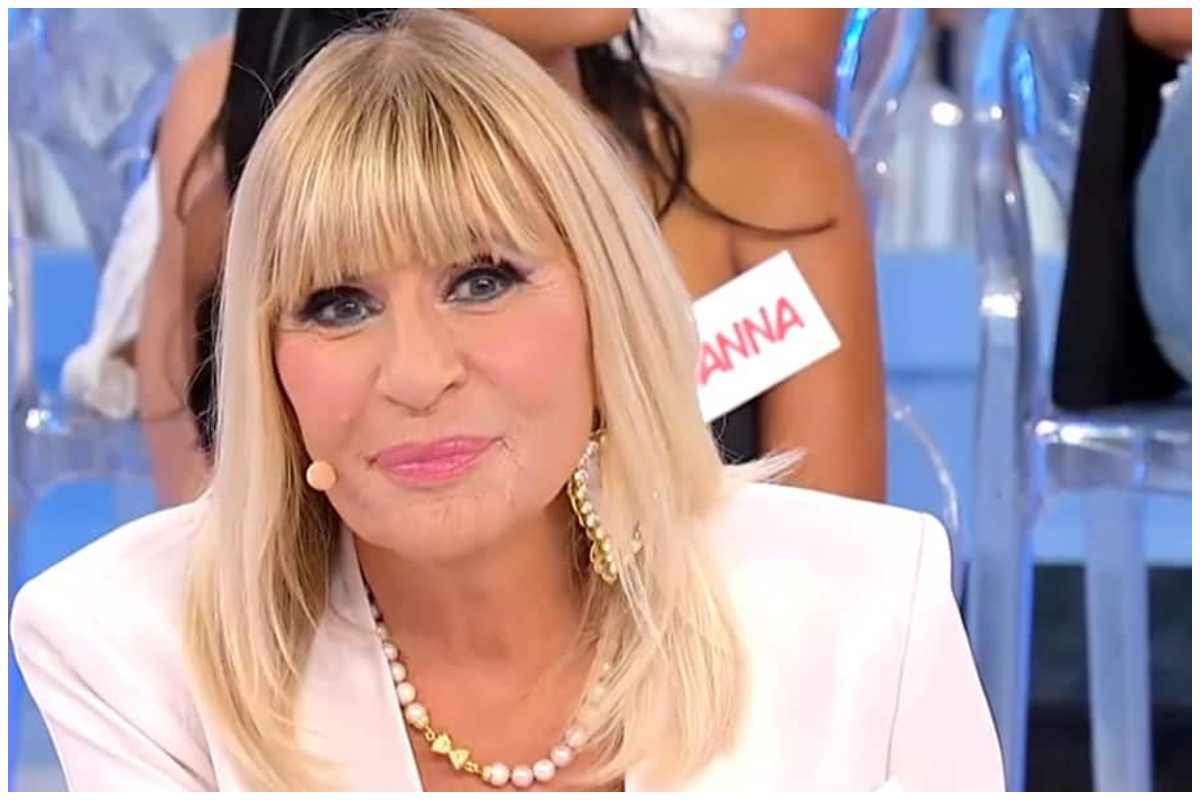
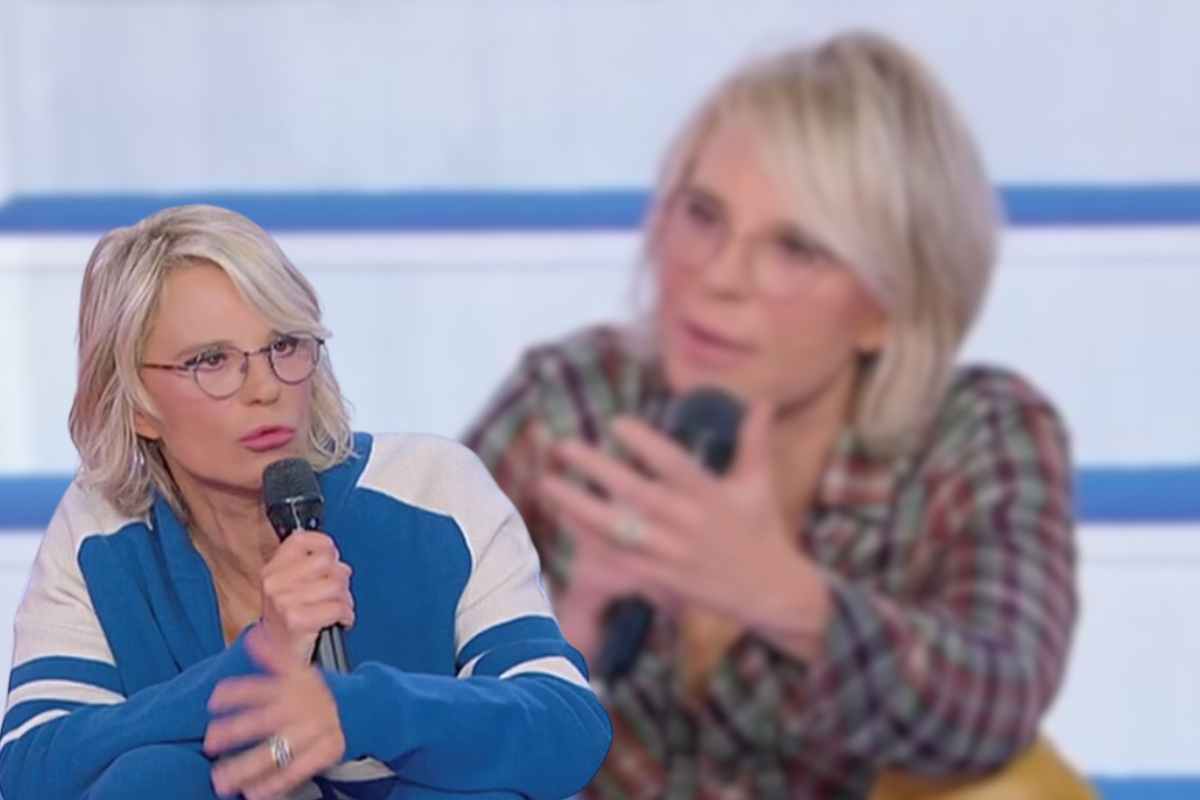
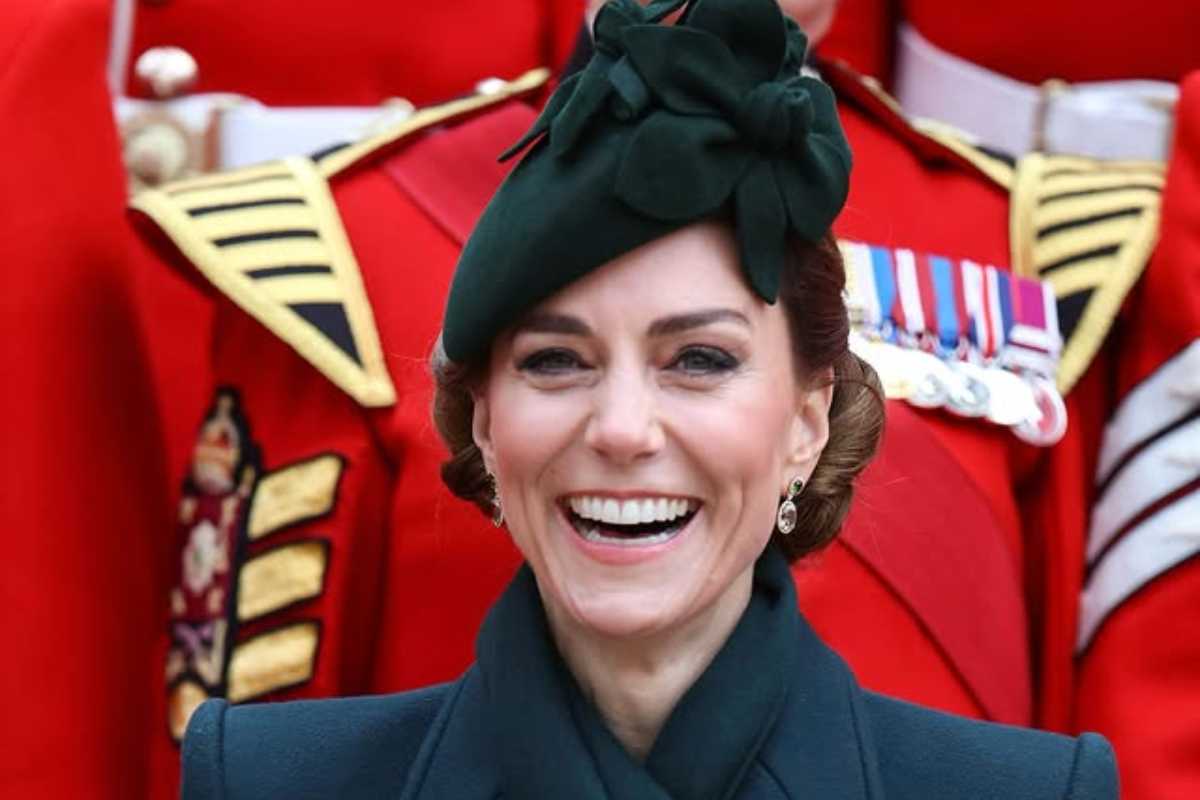
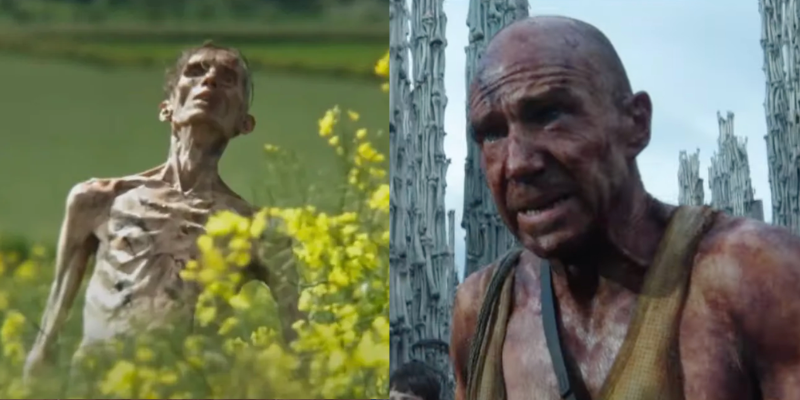
![28 Anni Dopo: la nostra intervista a Danny Boyle [VIDEO]](https://www.lascimmiapensa.com/wp-content/uploads/2025/06/image-136.png)
